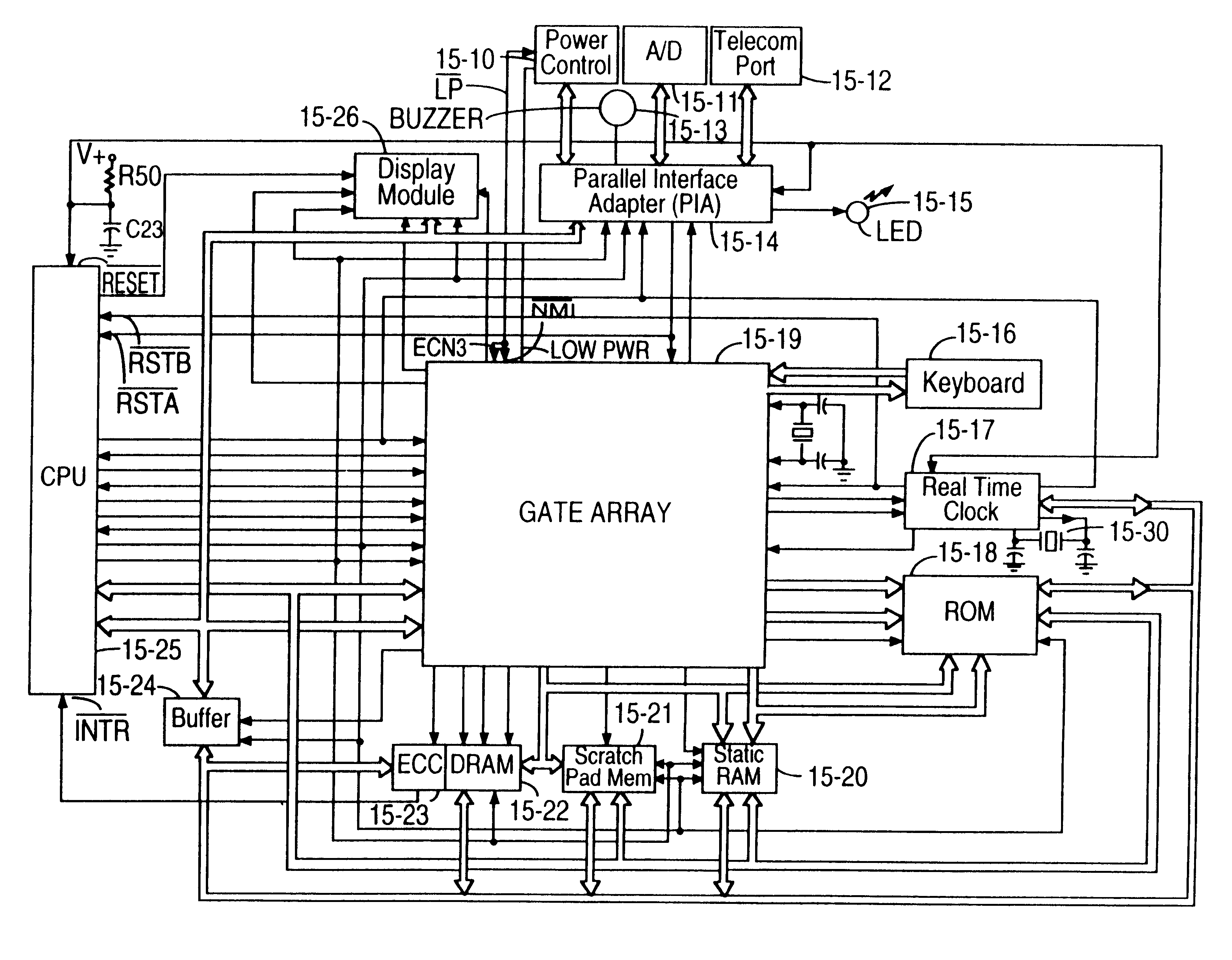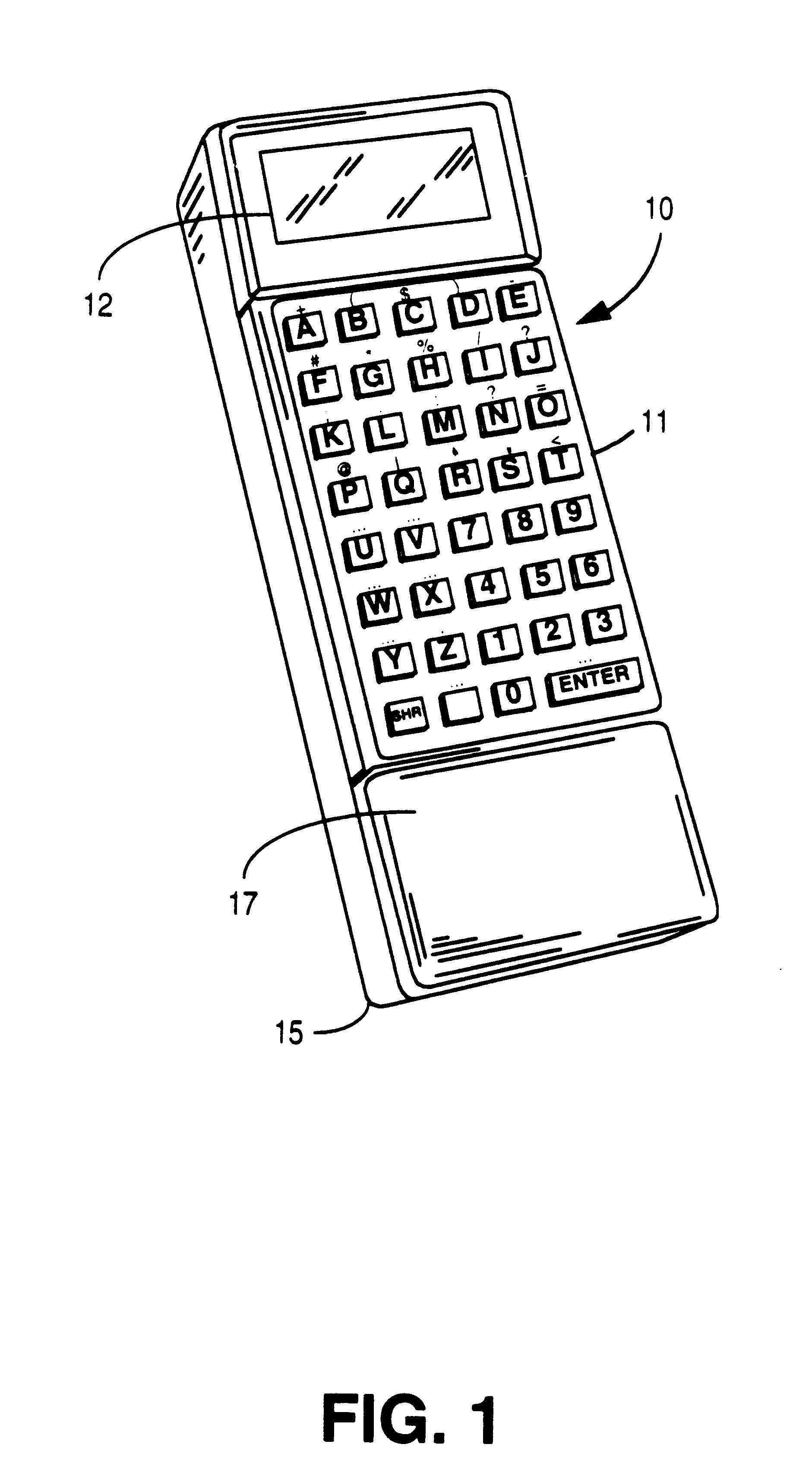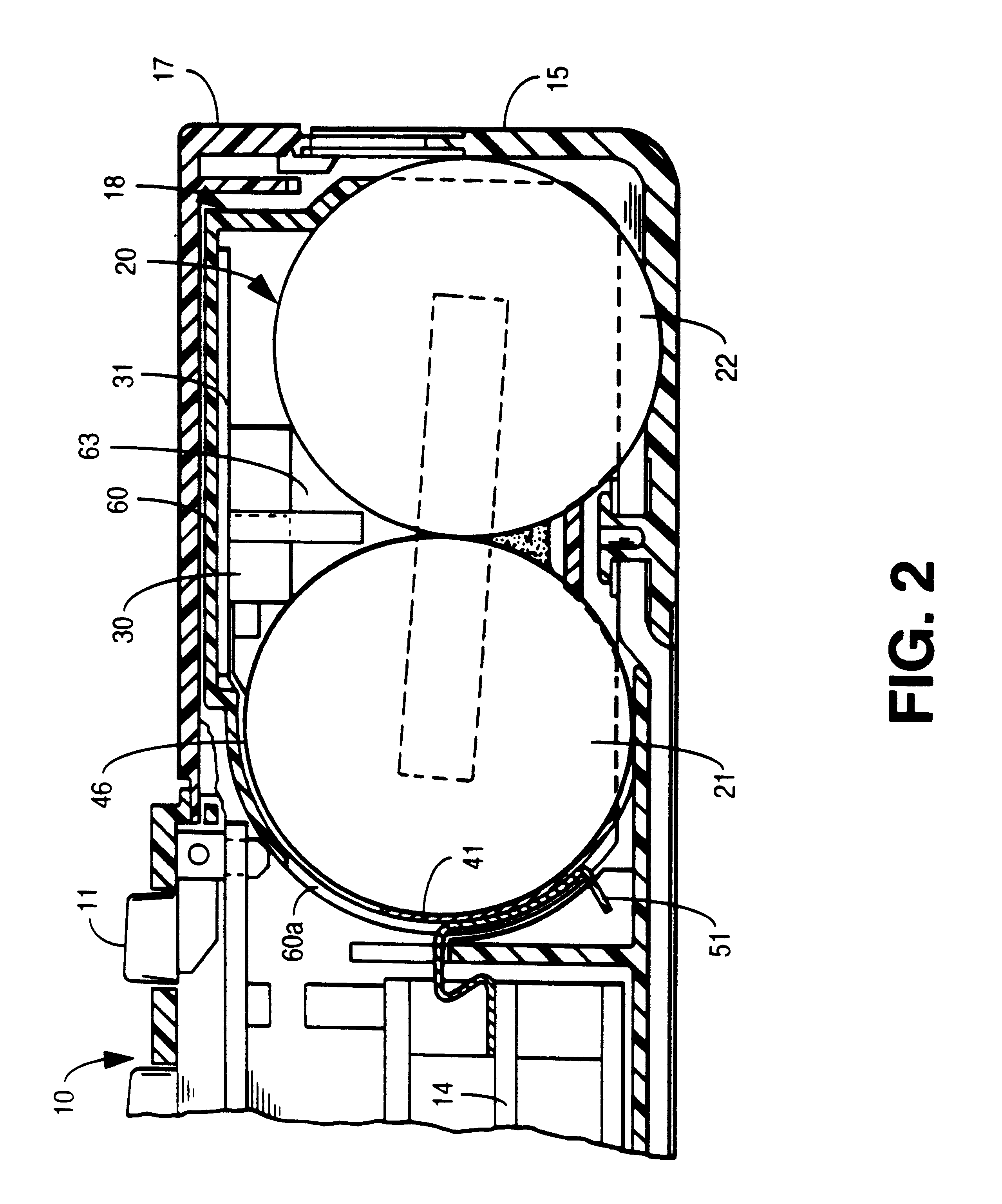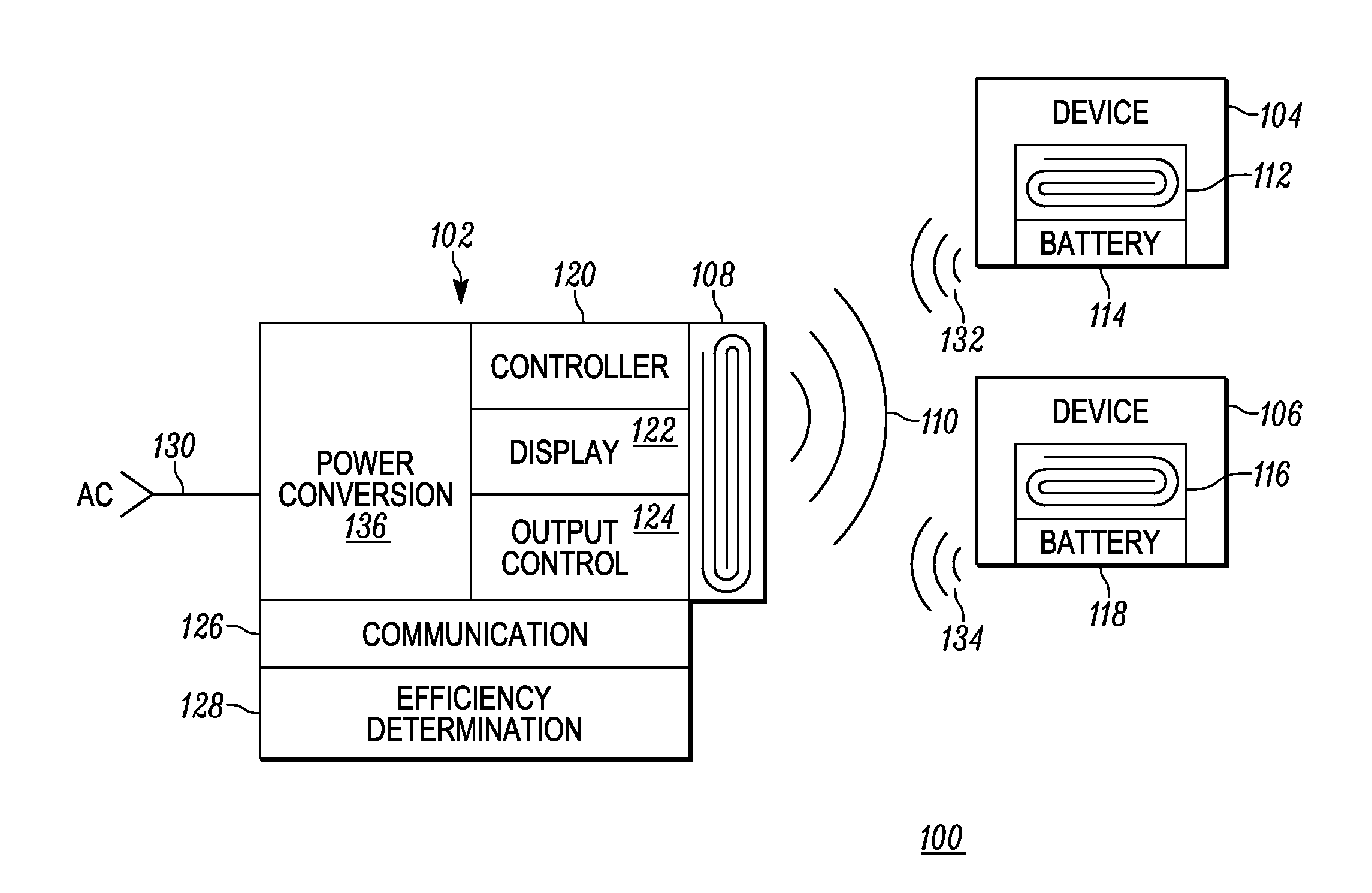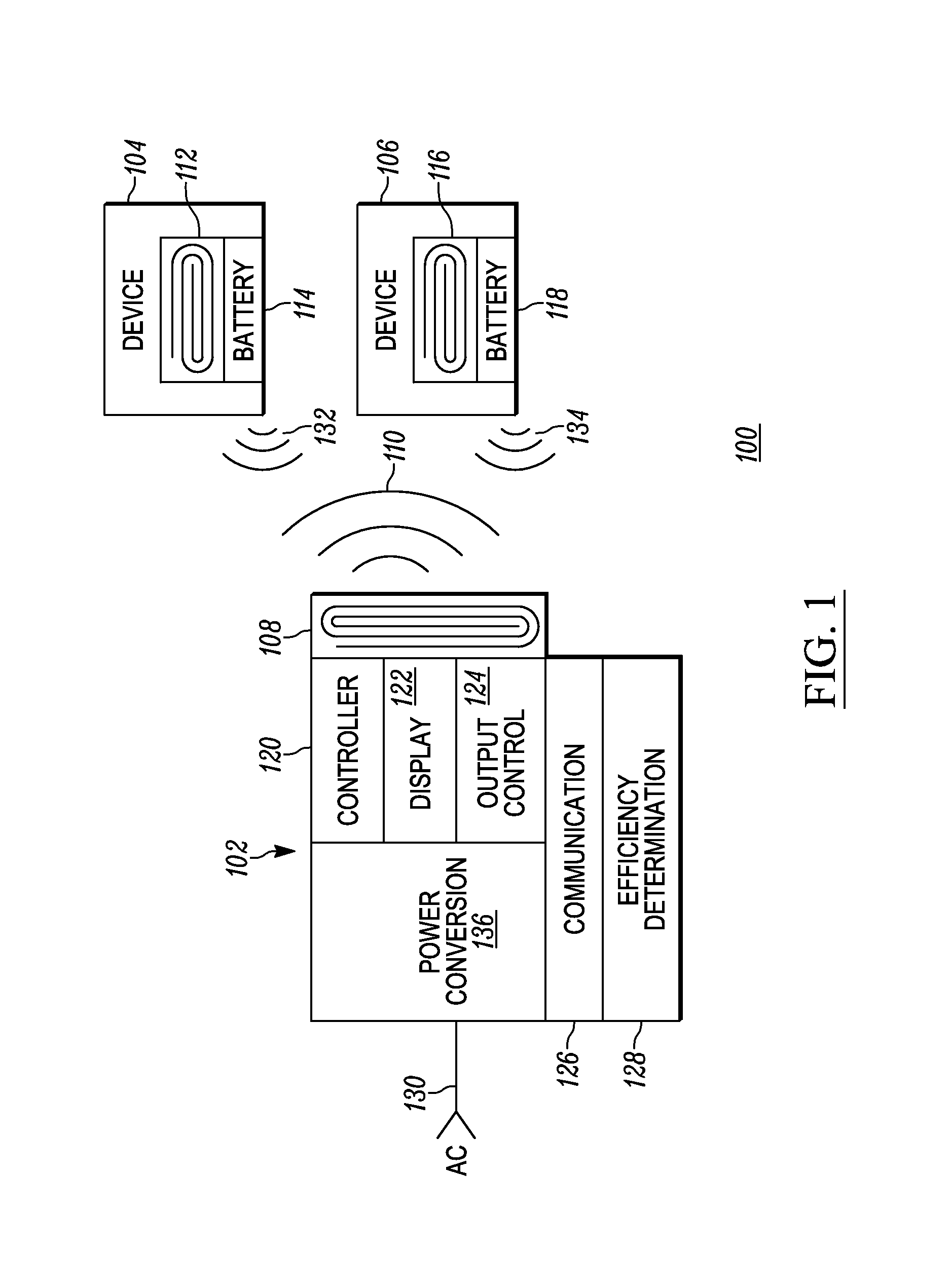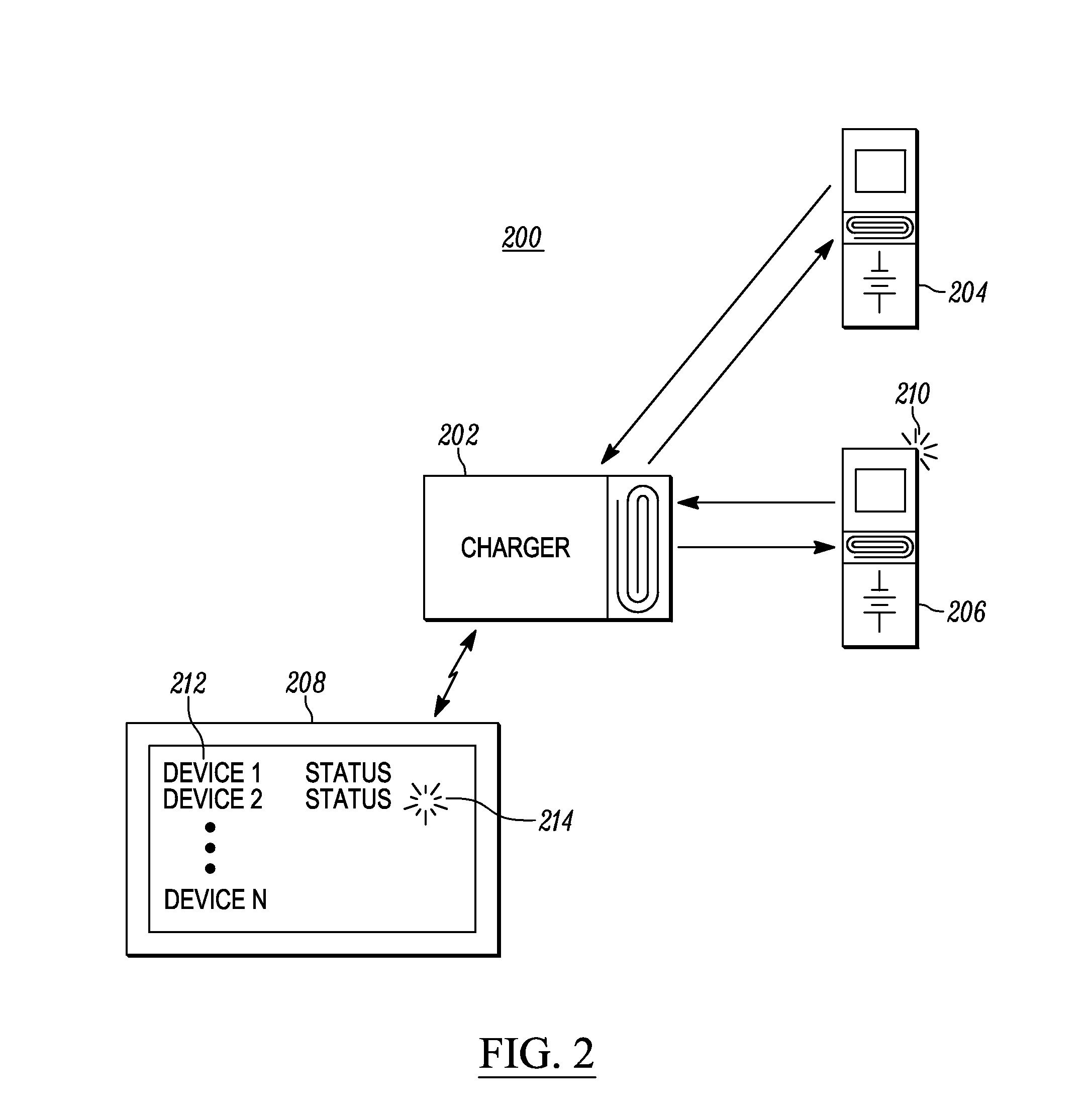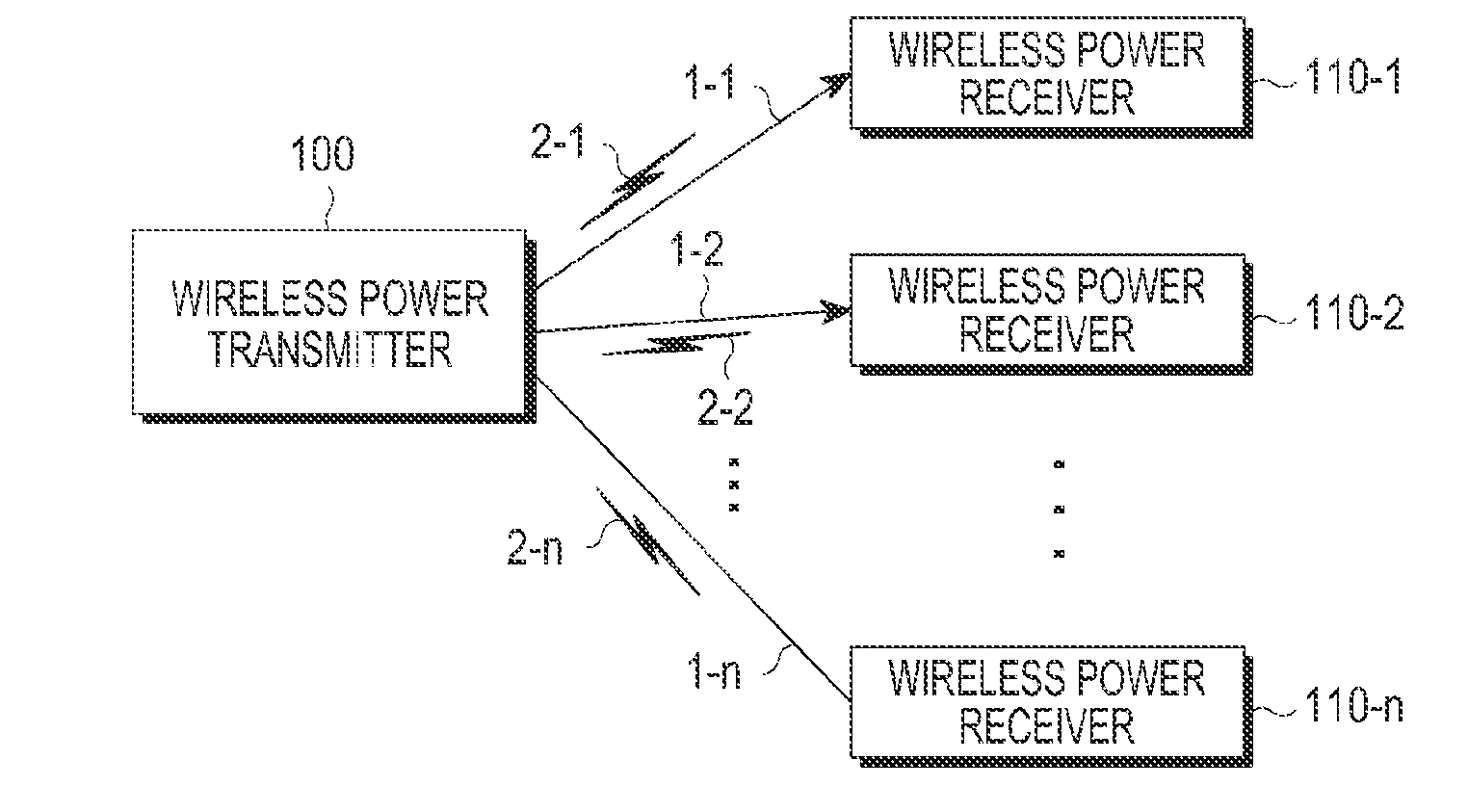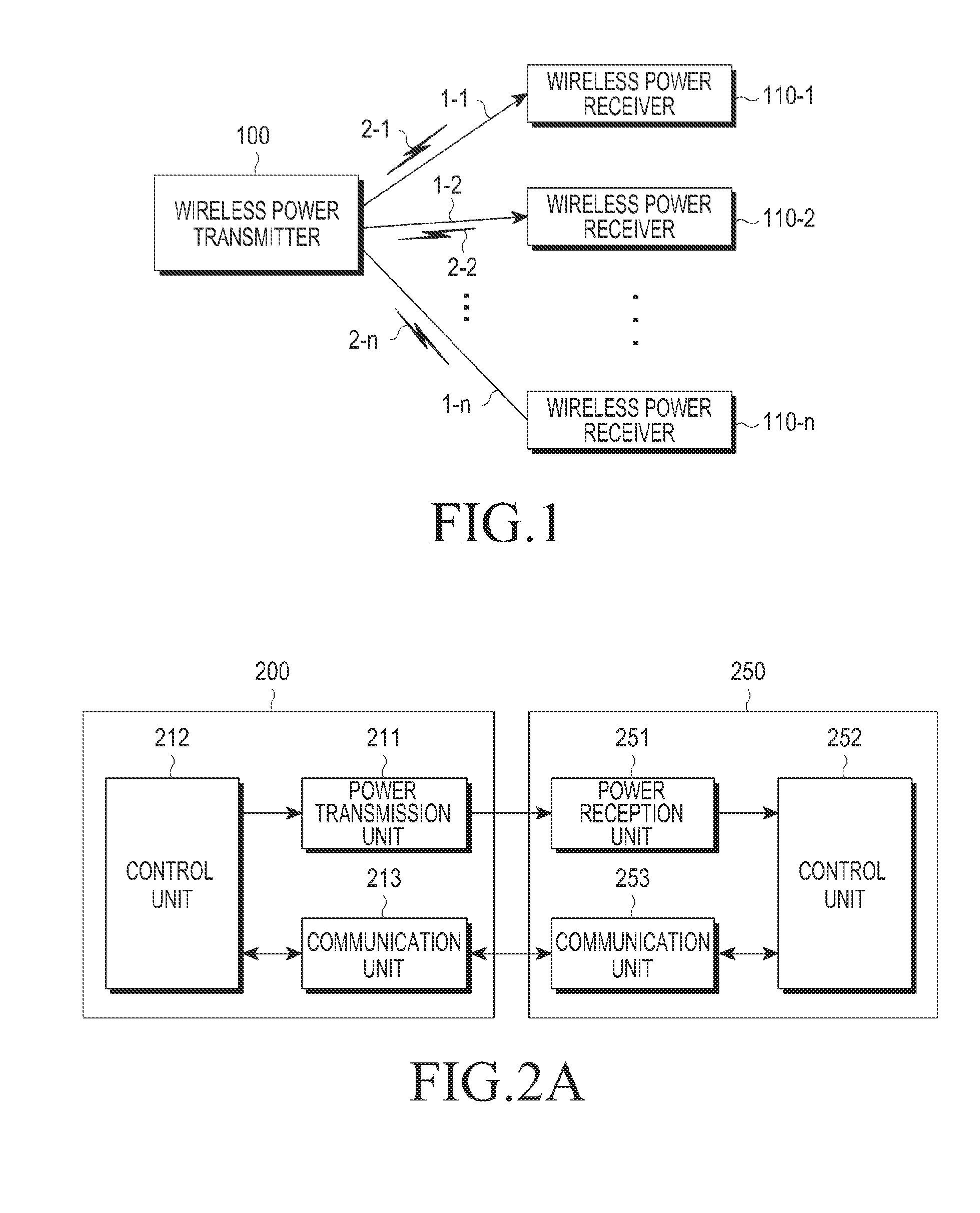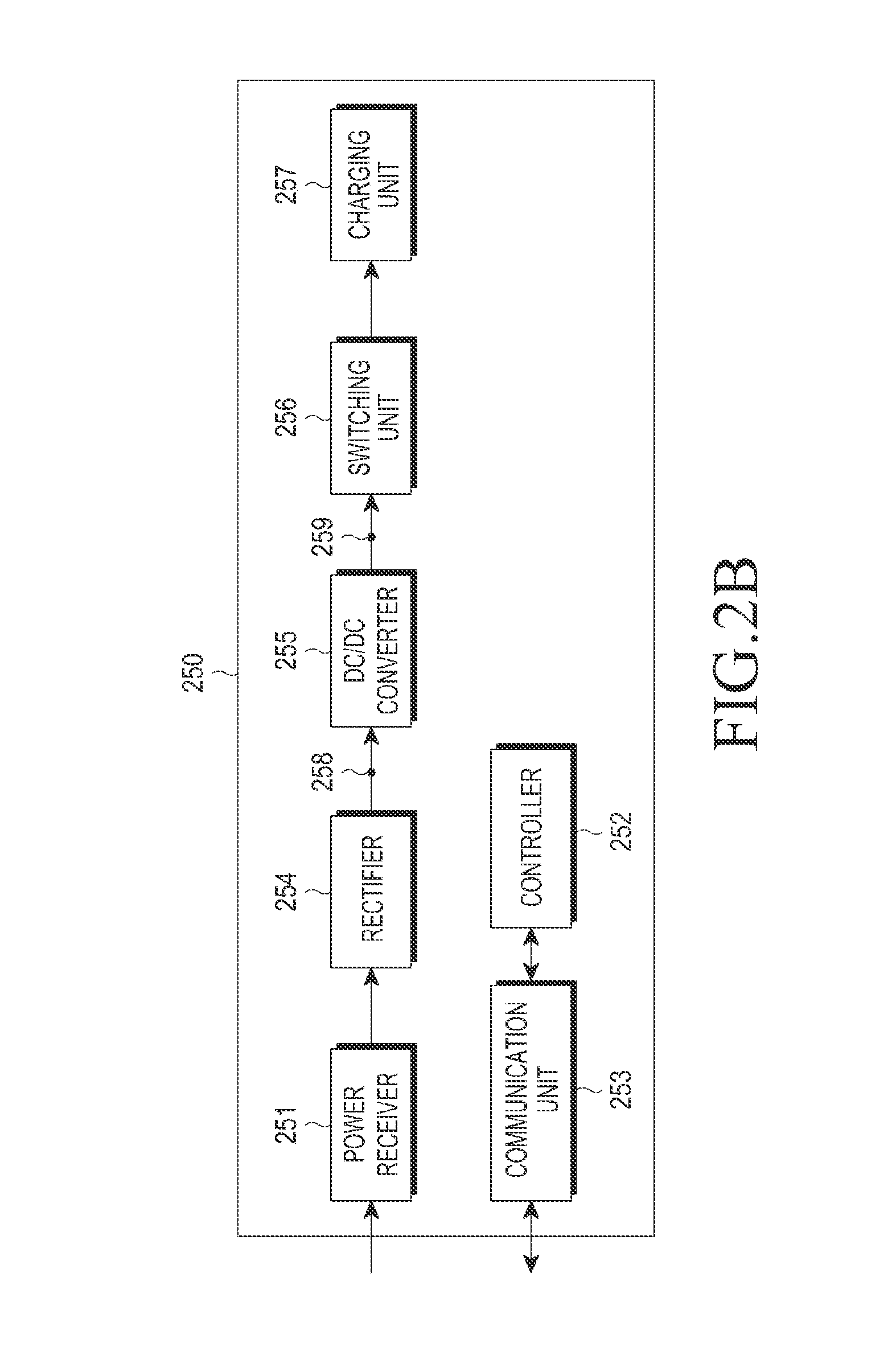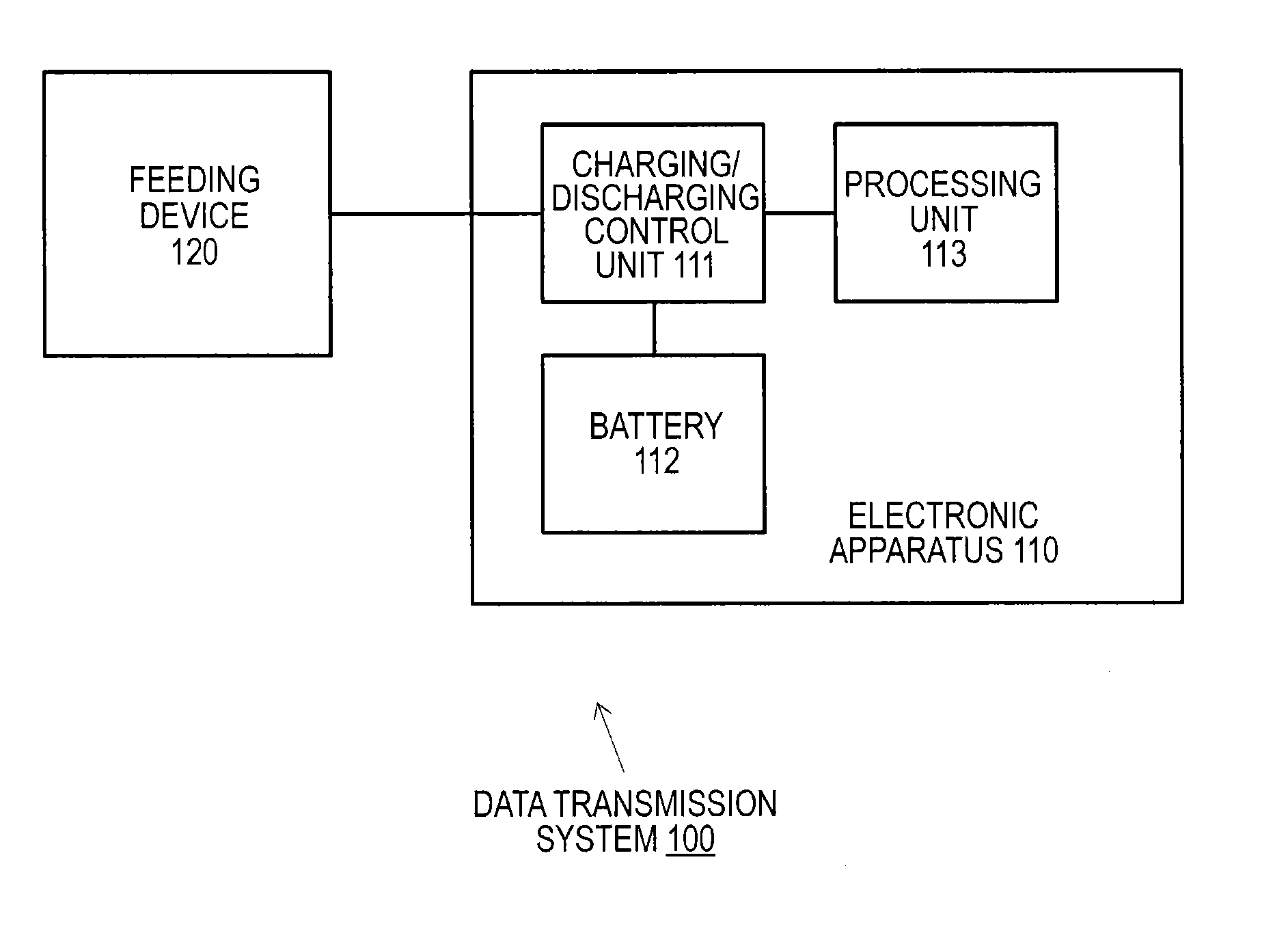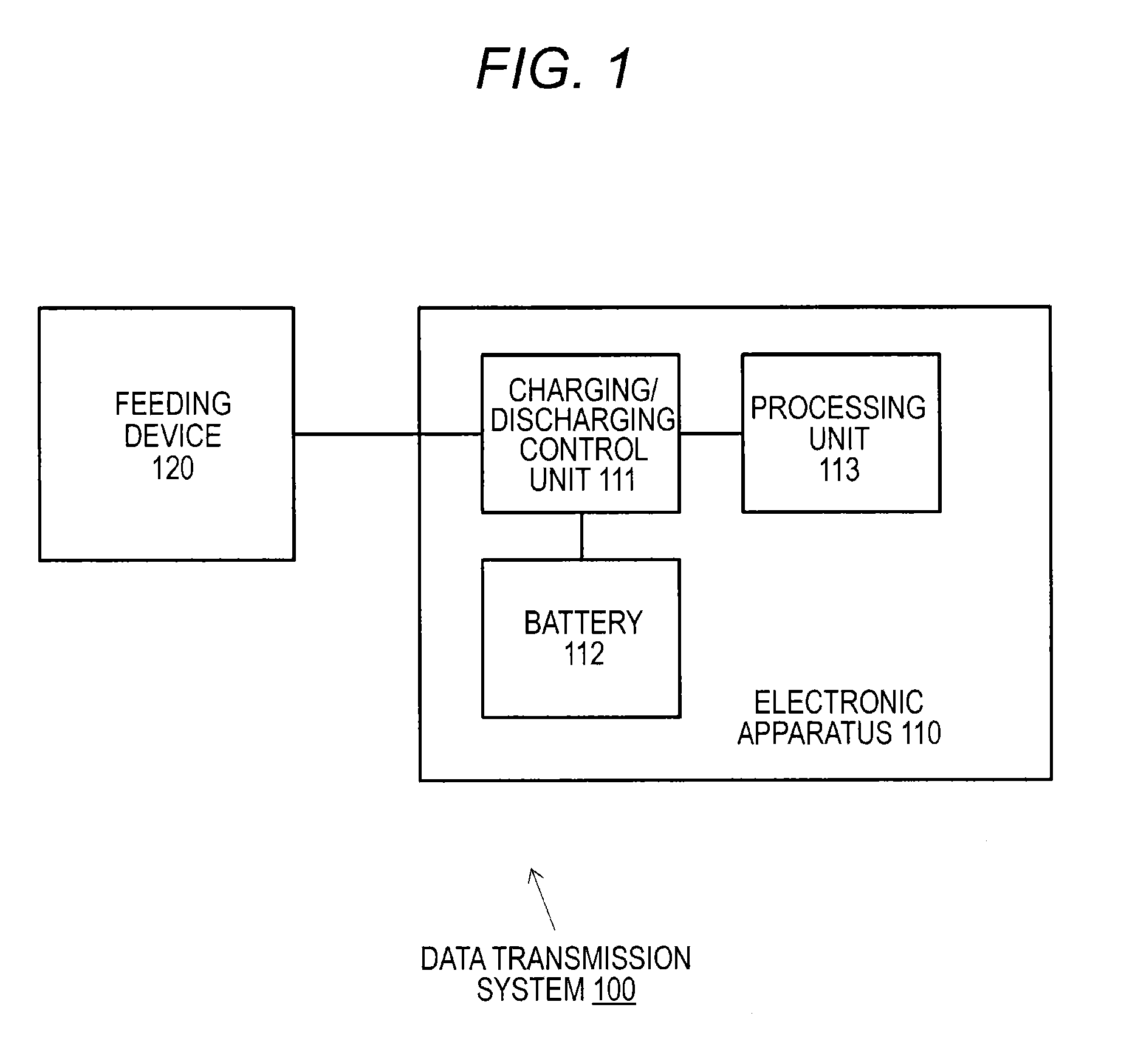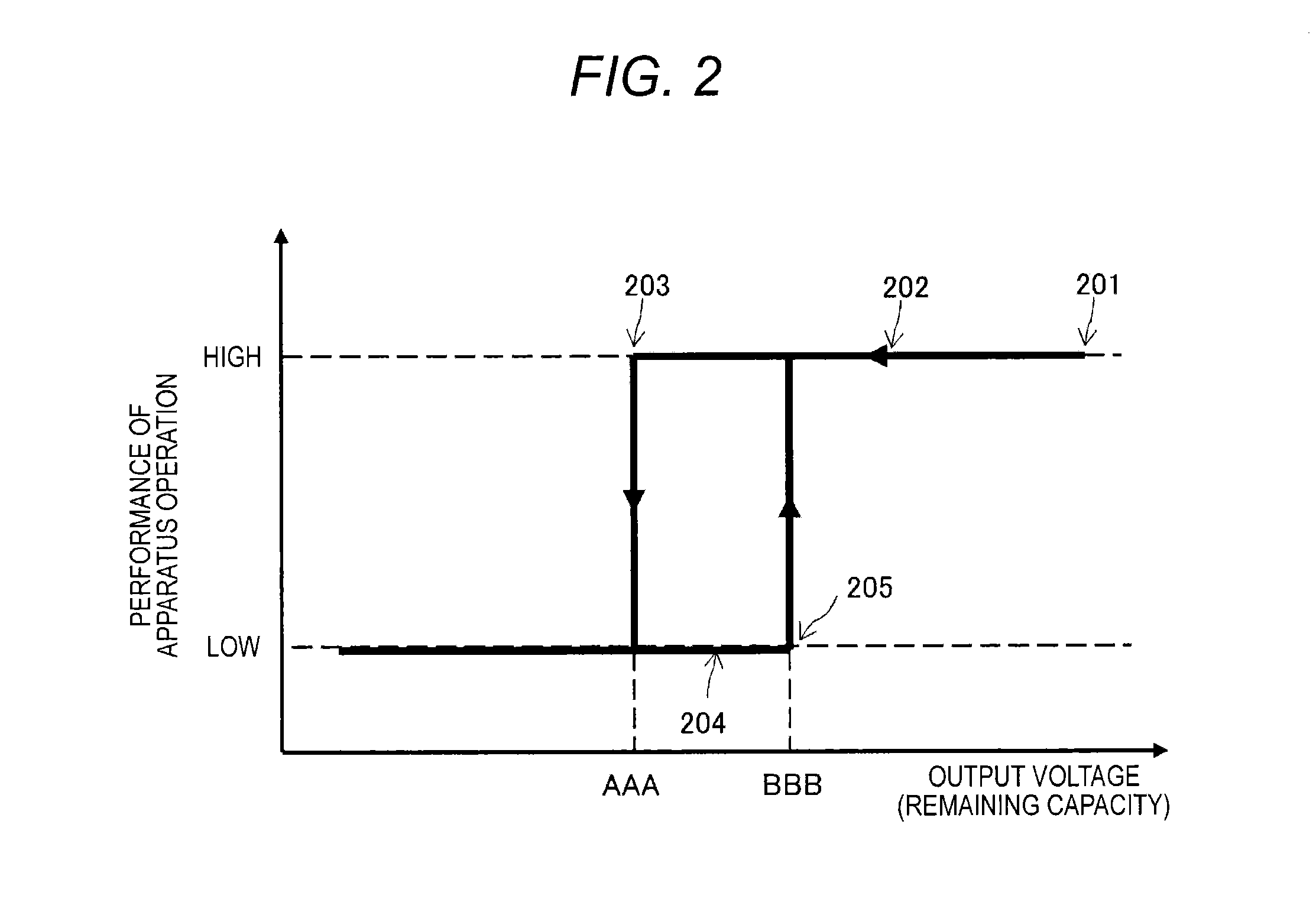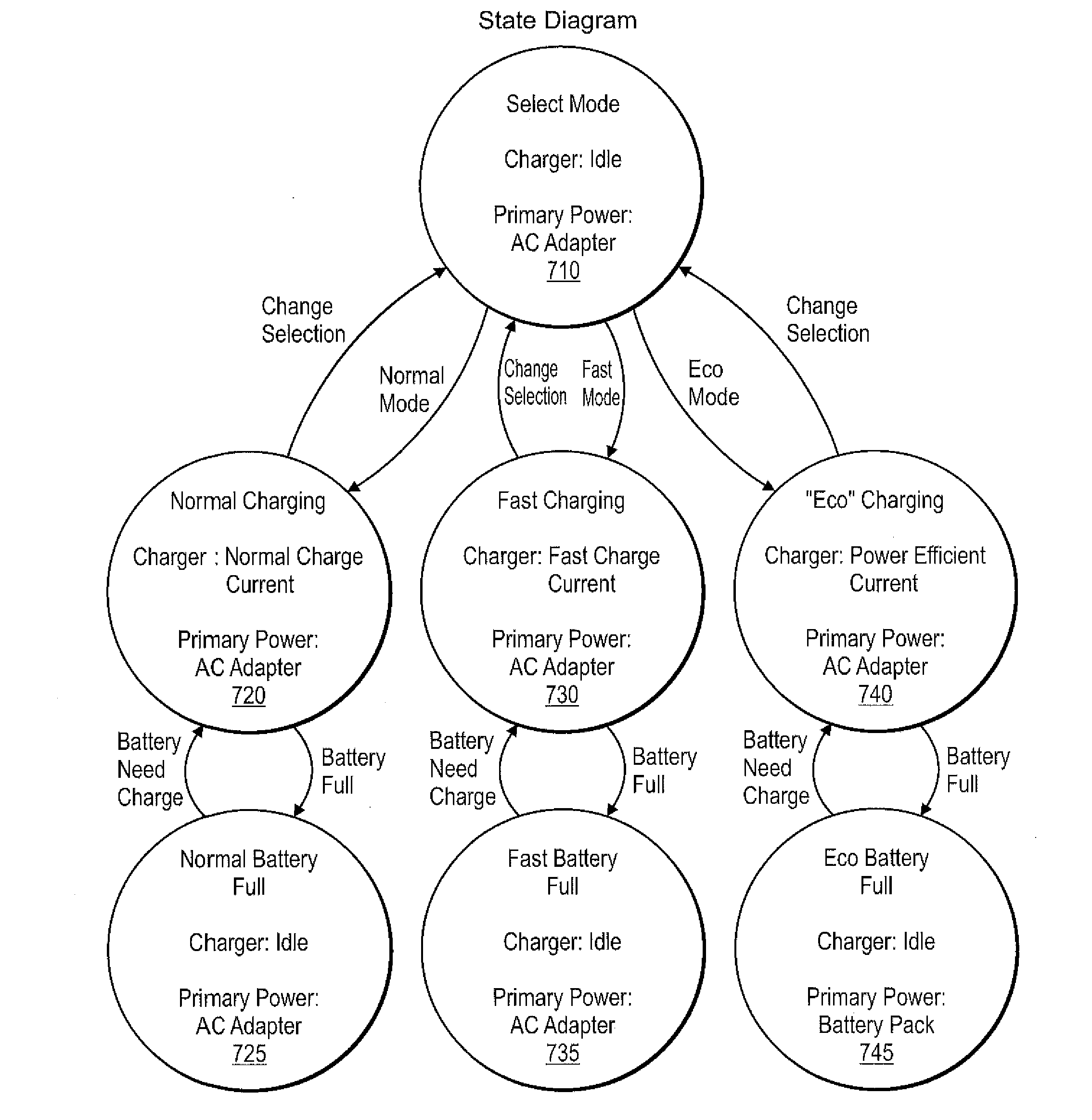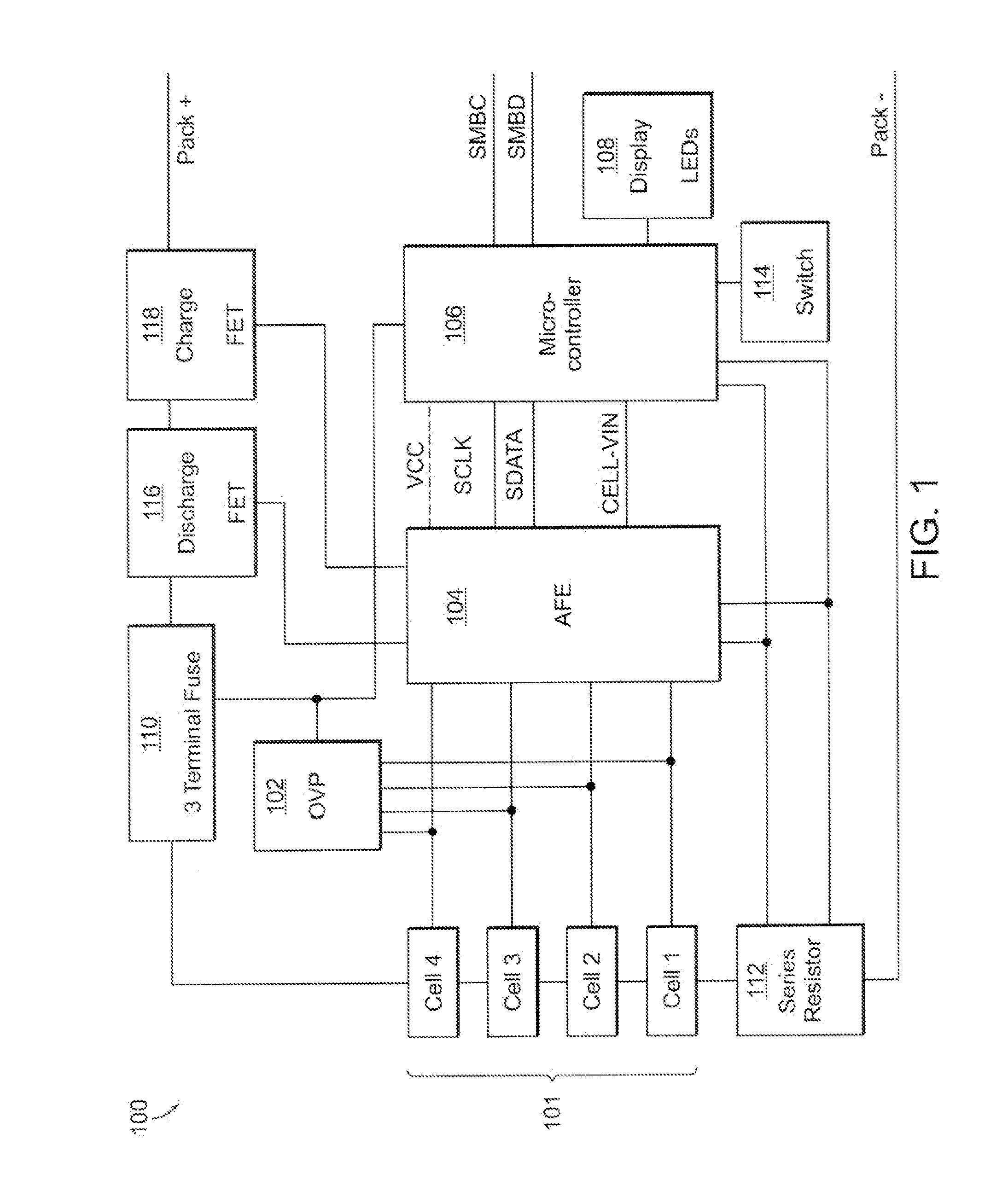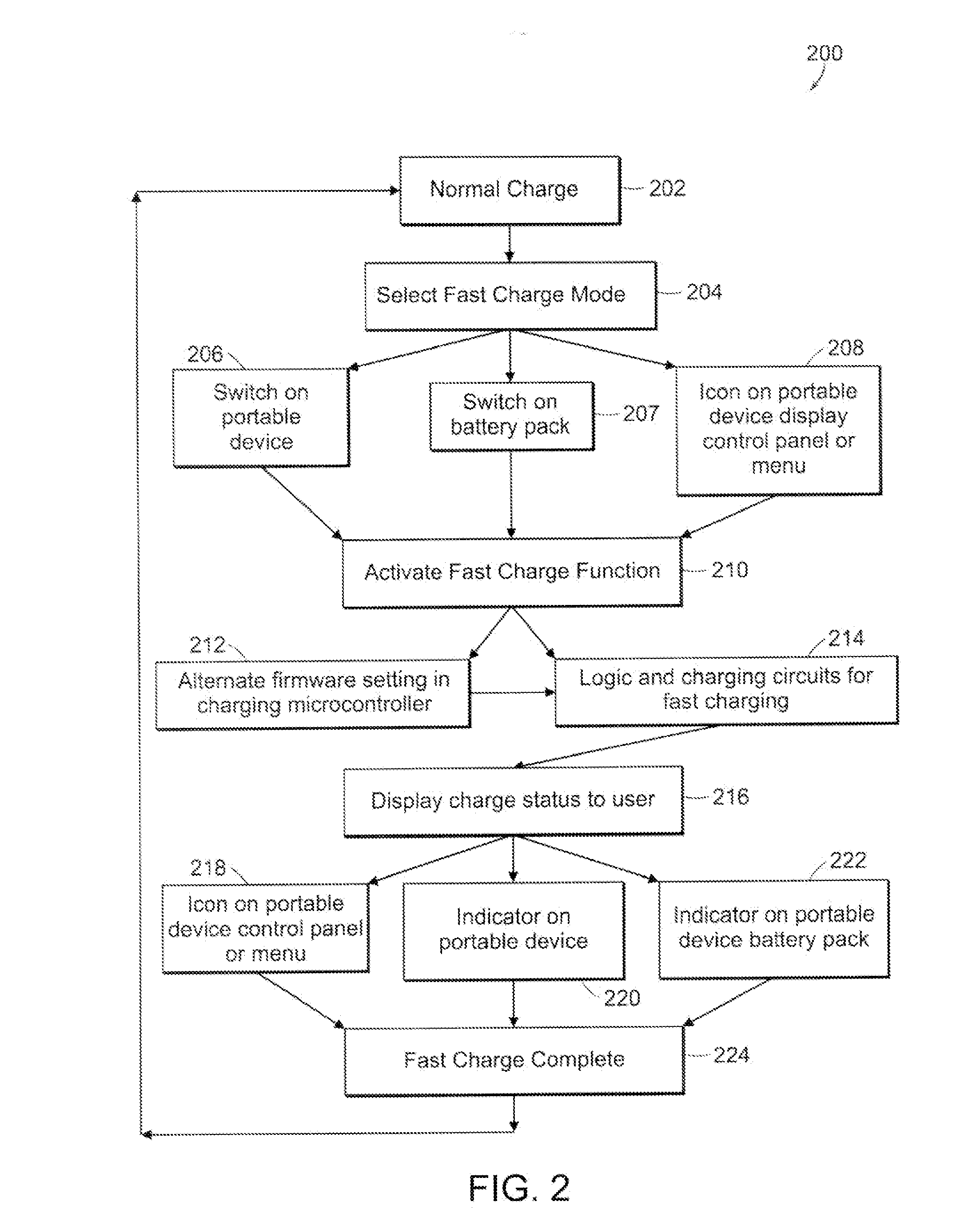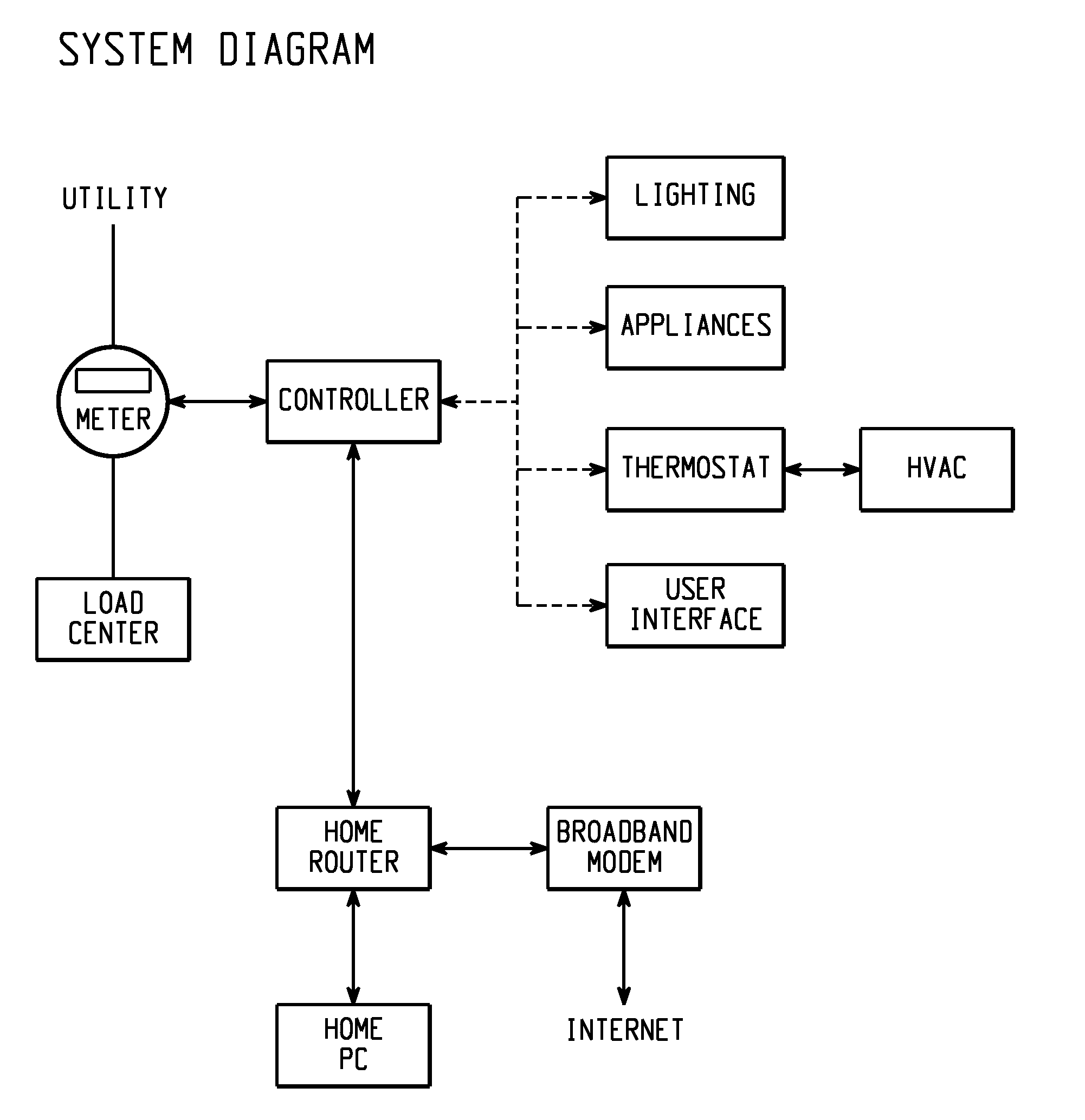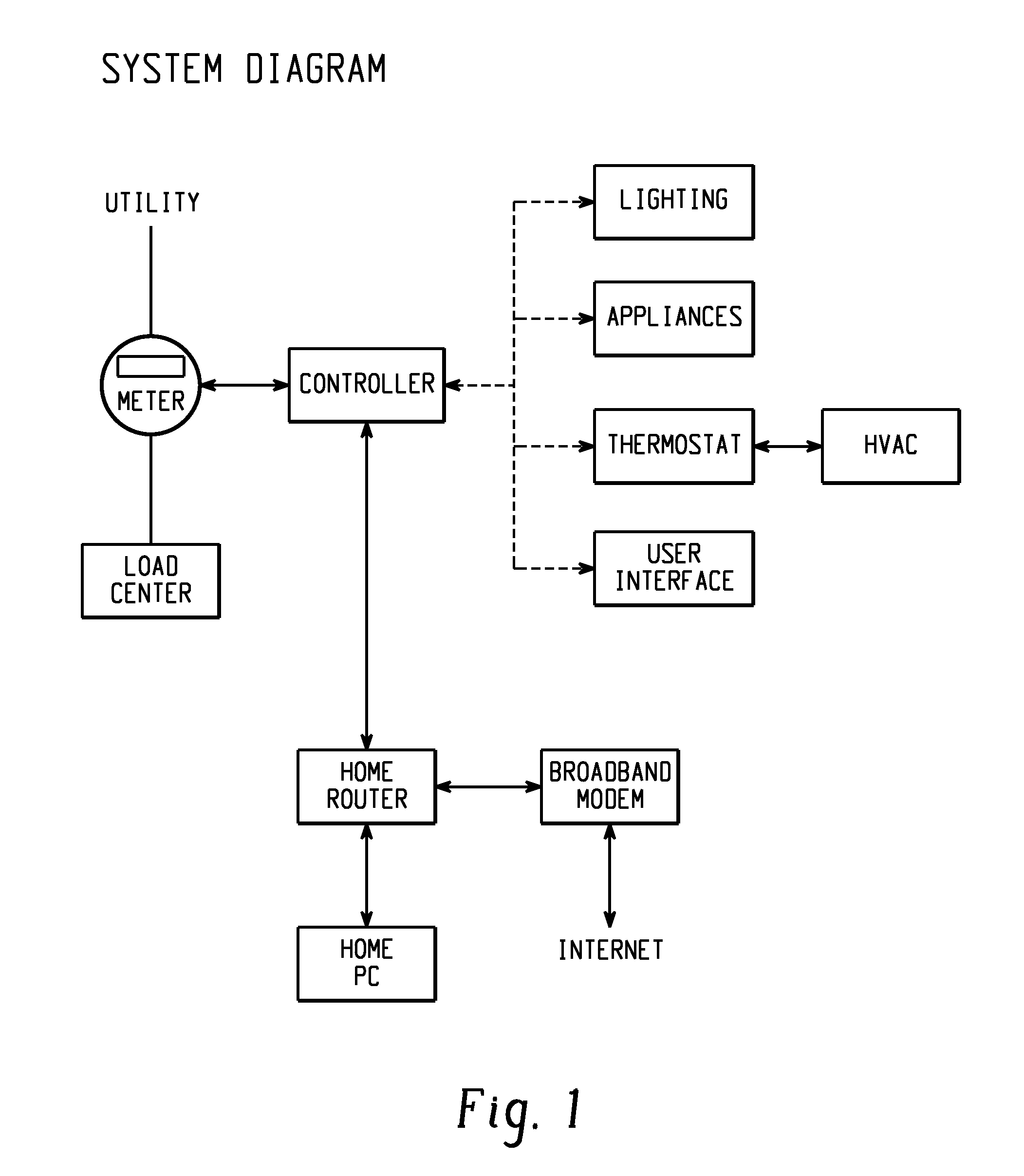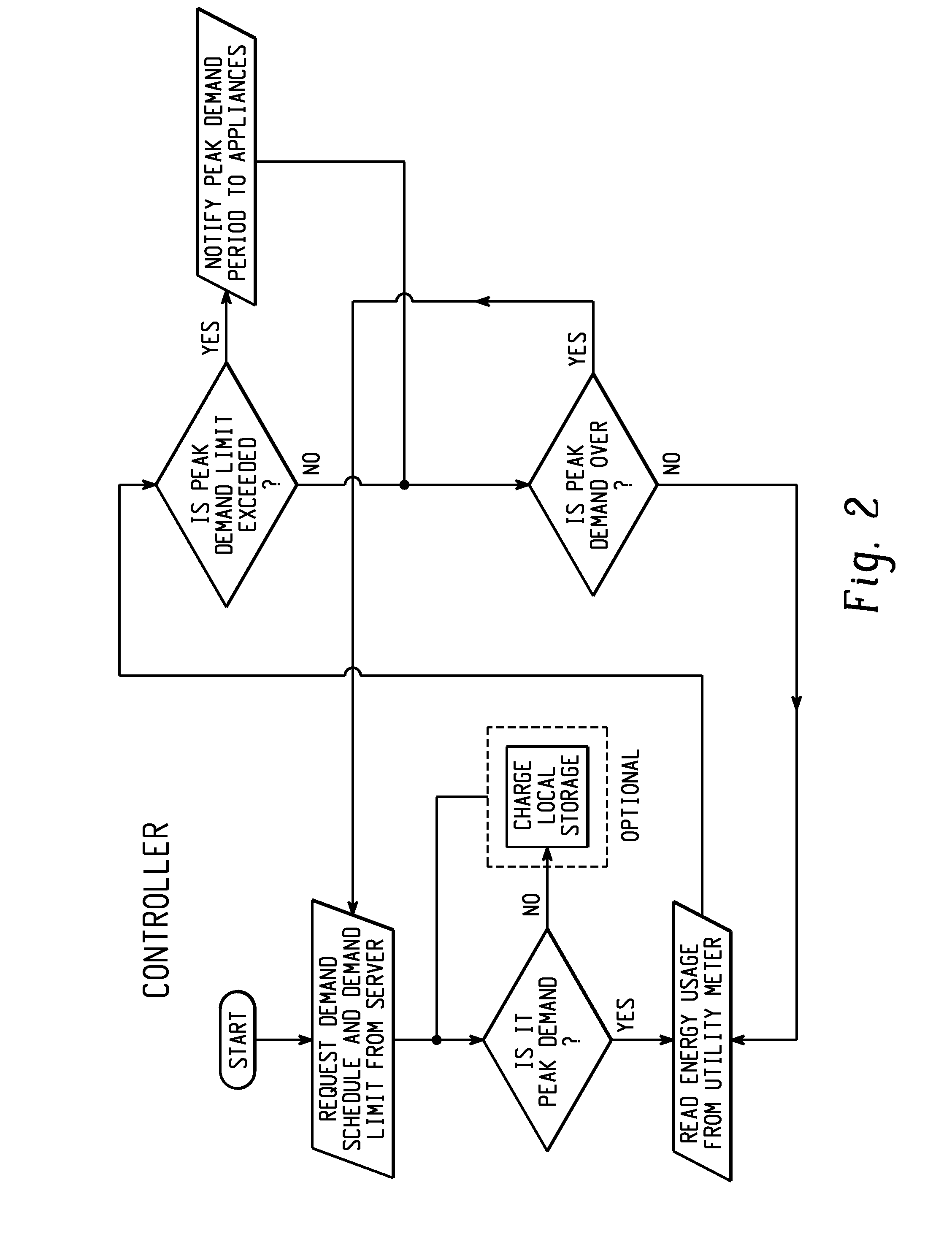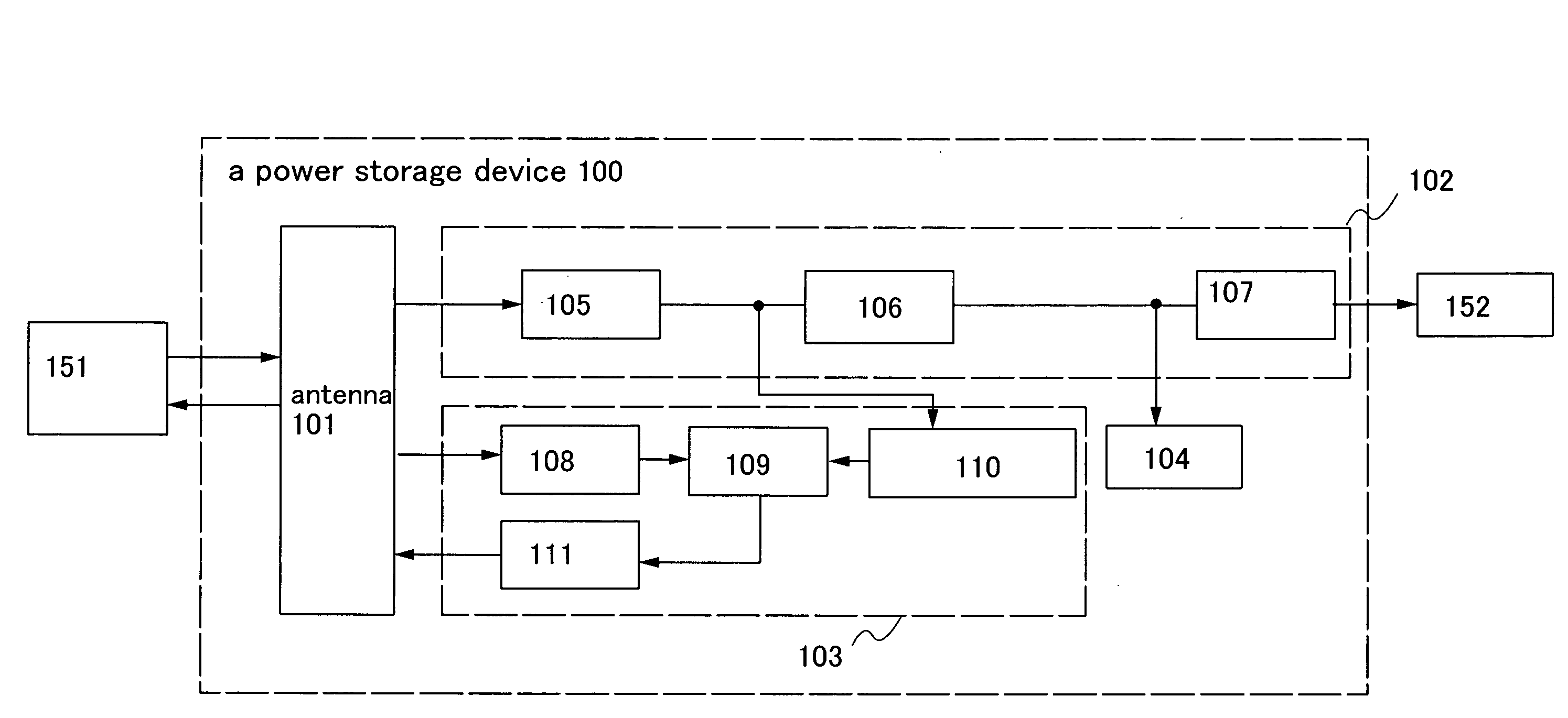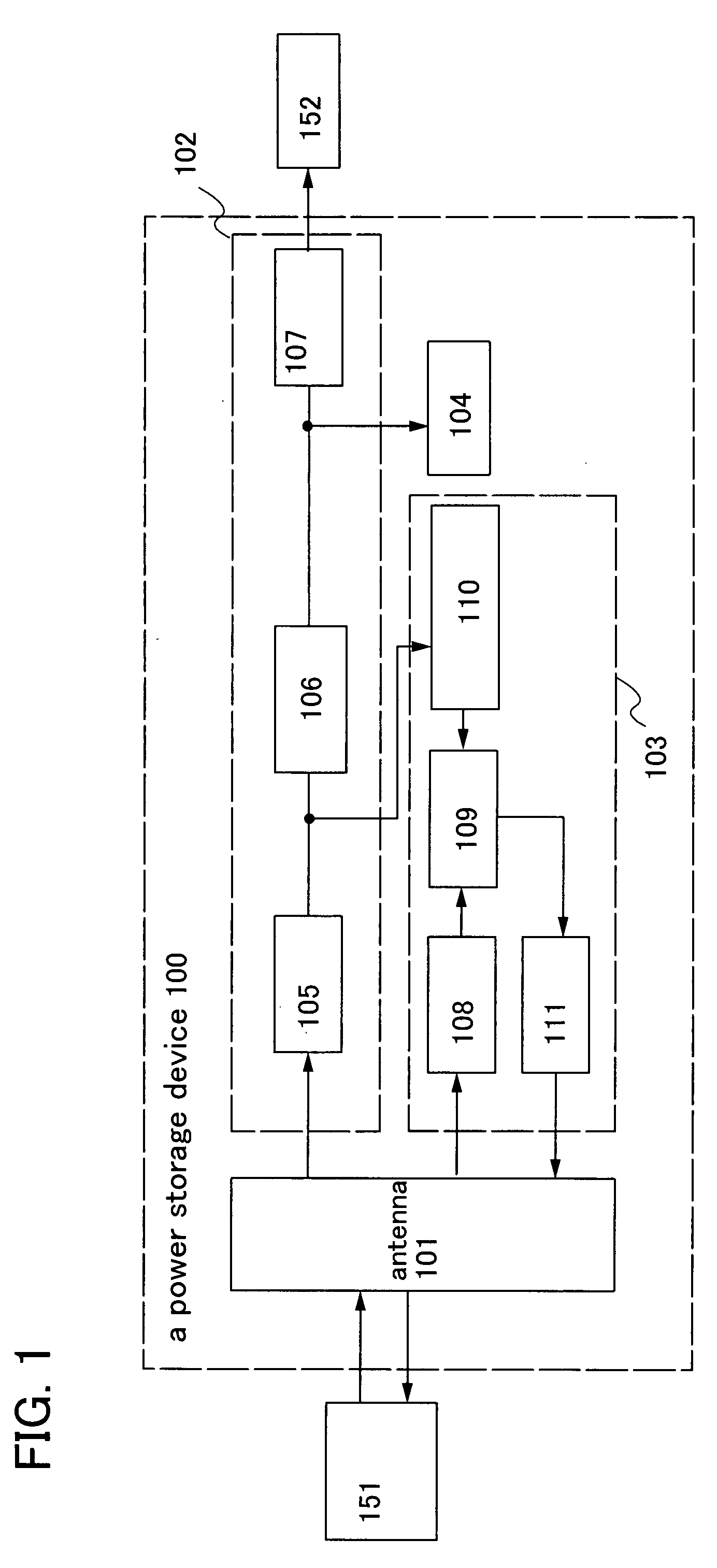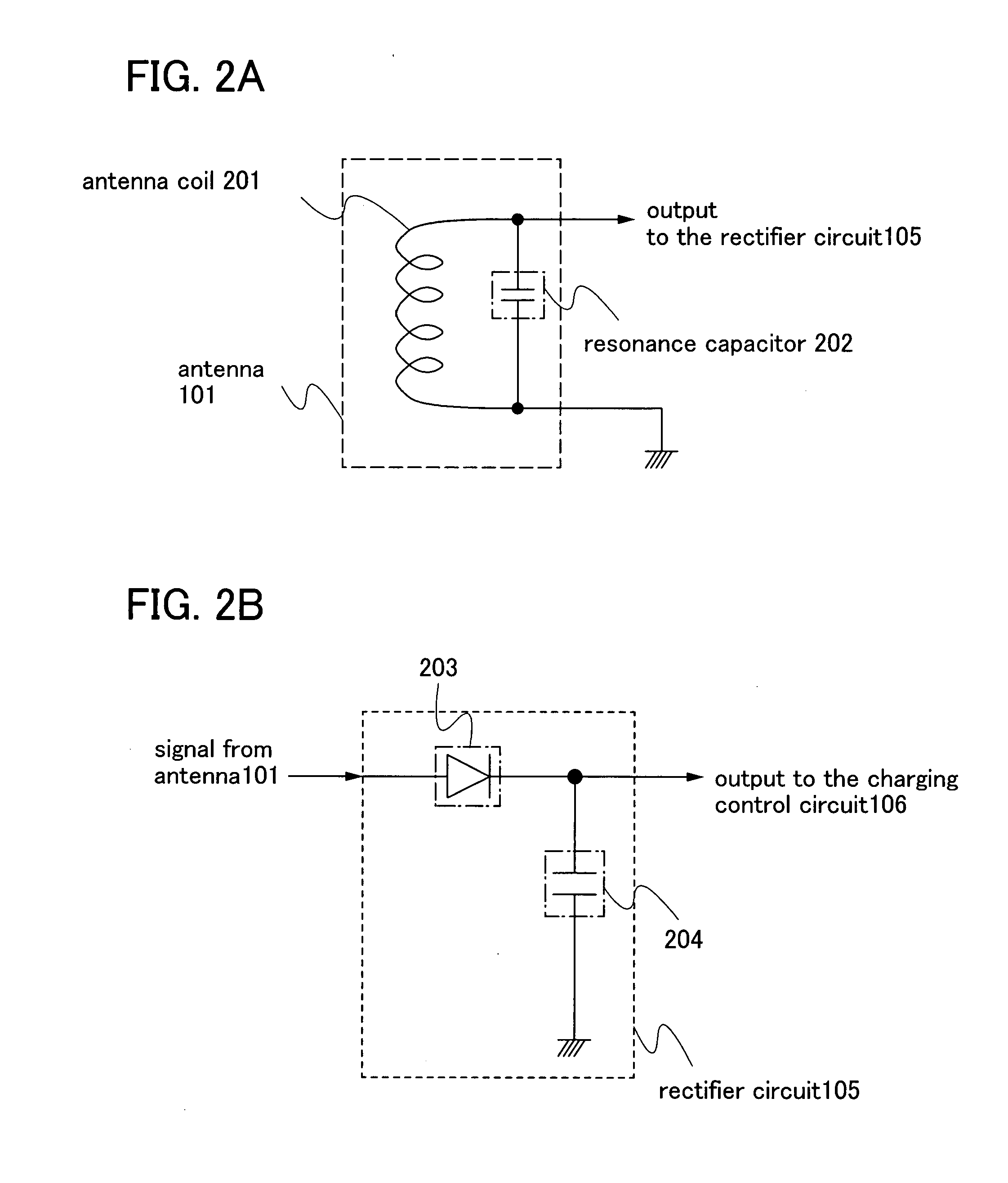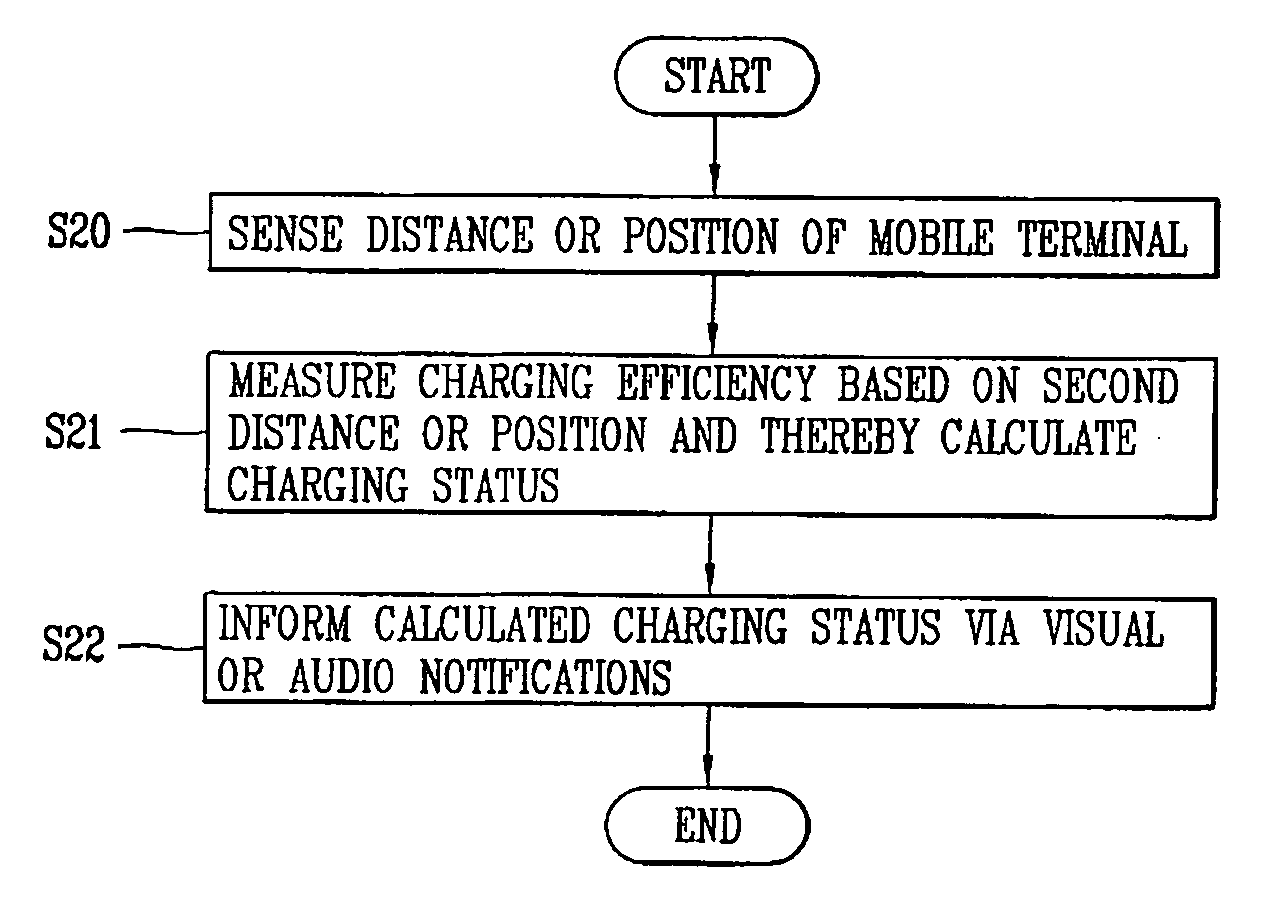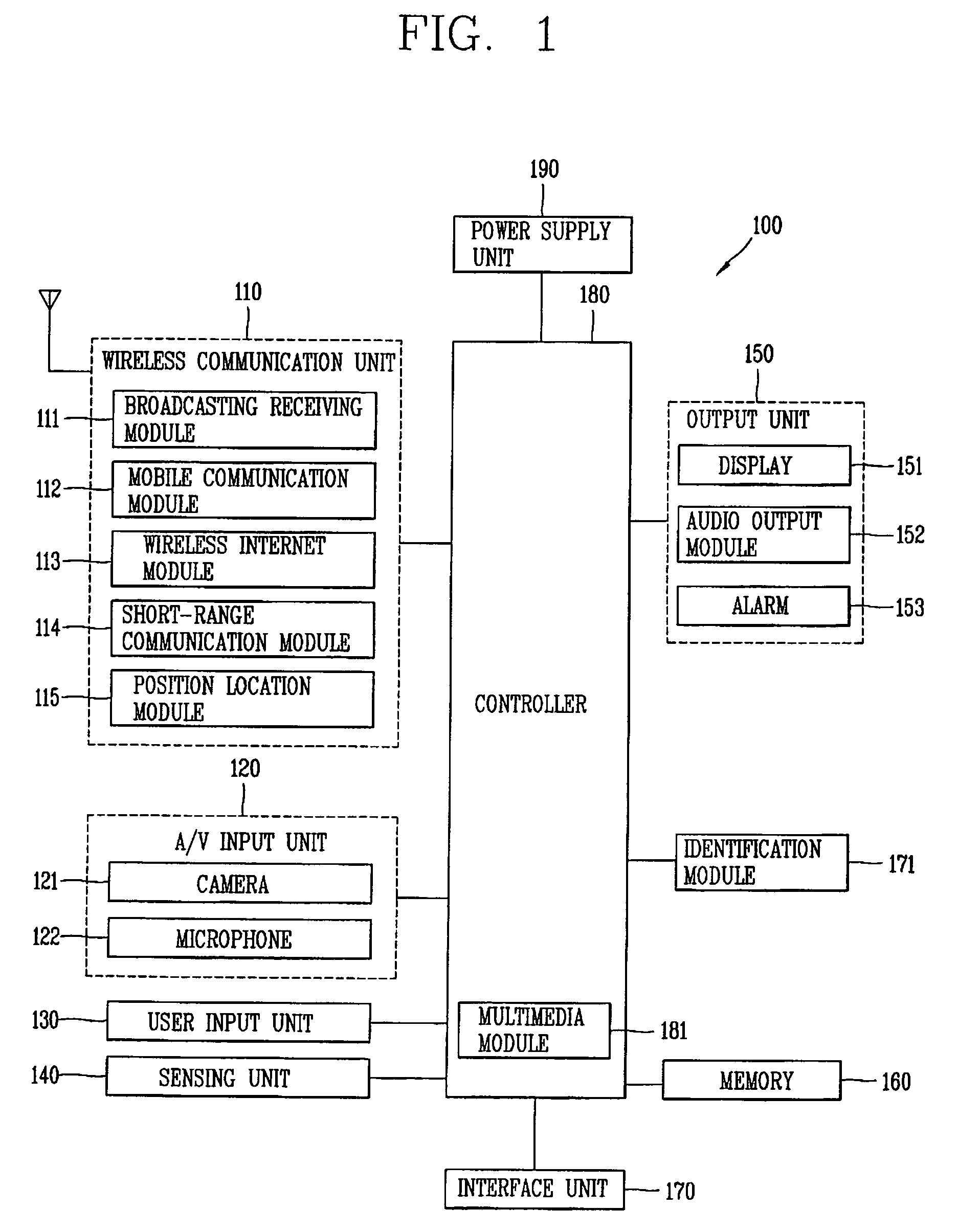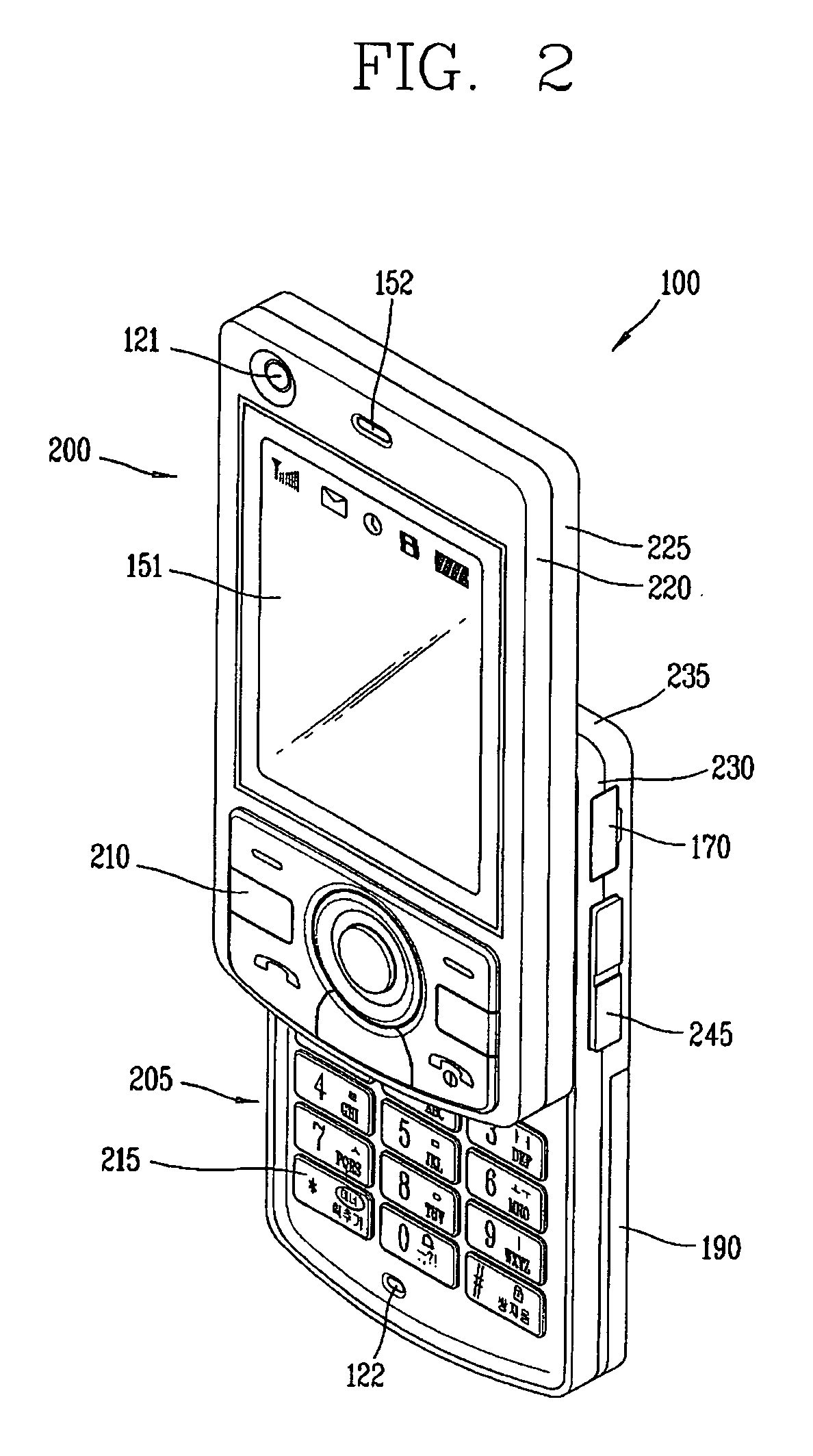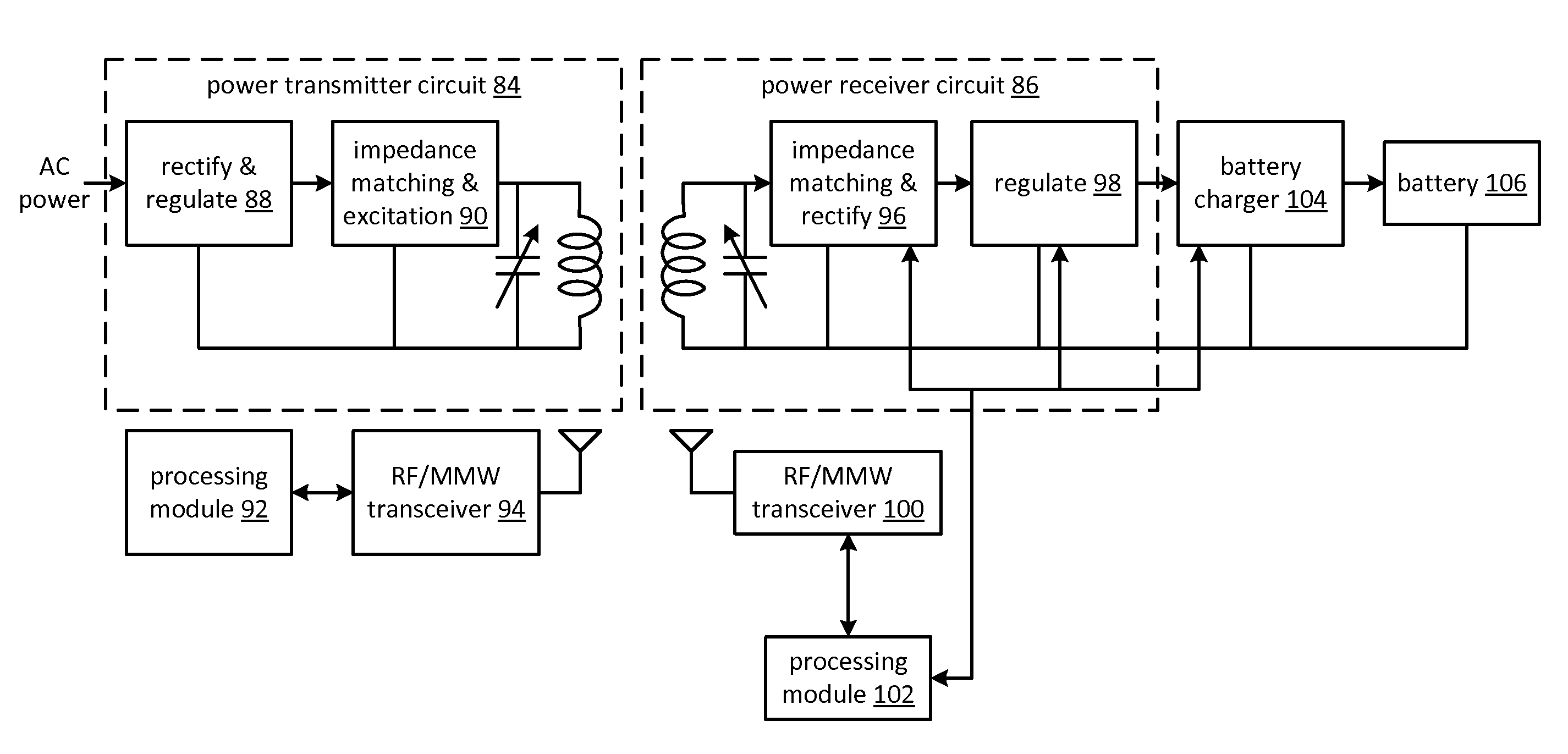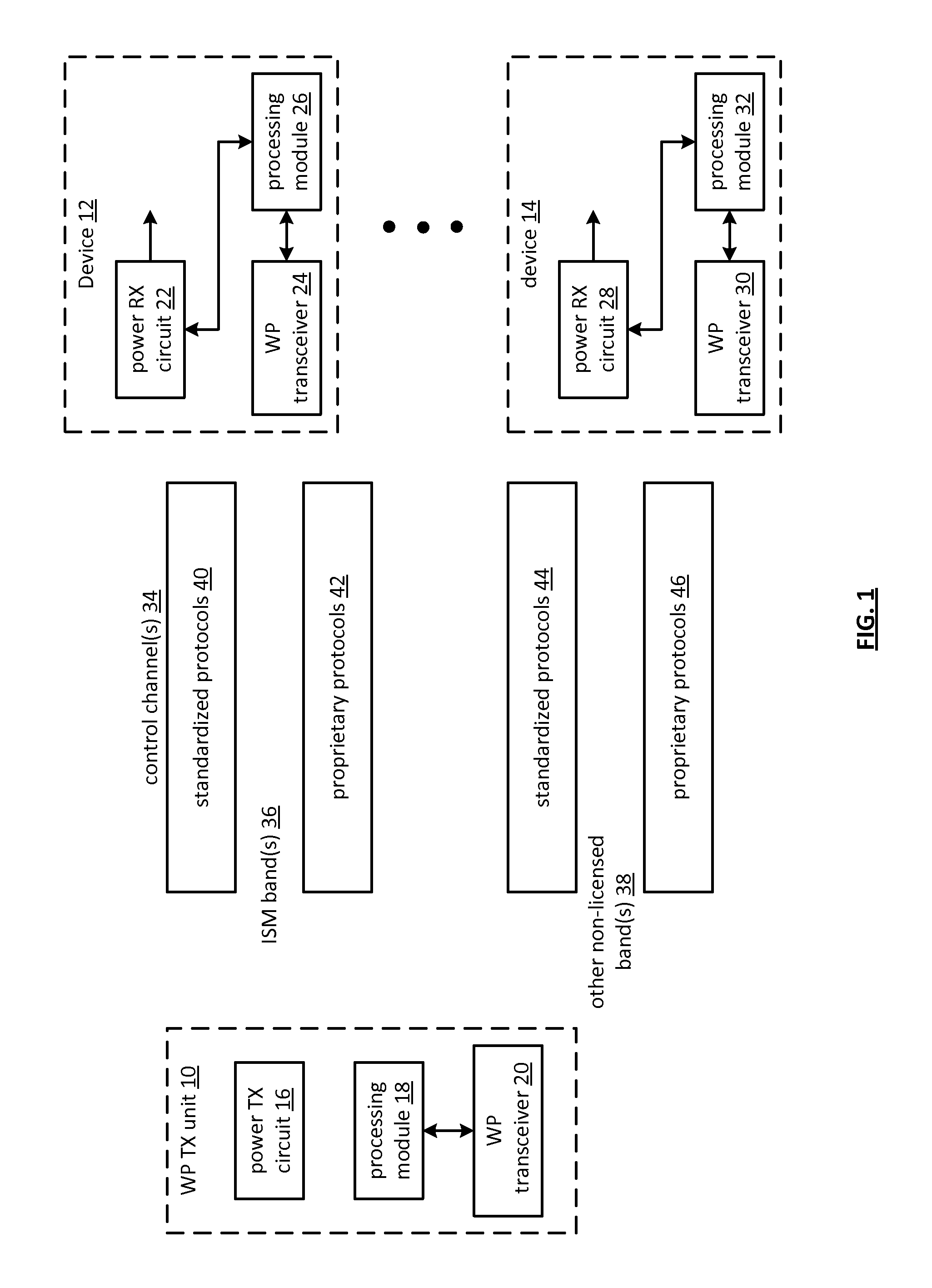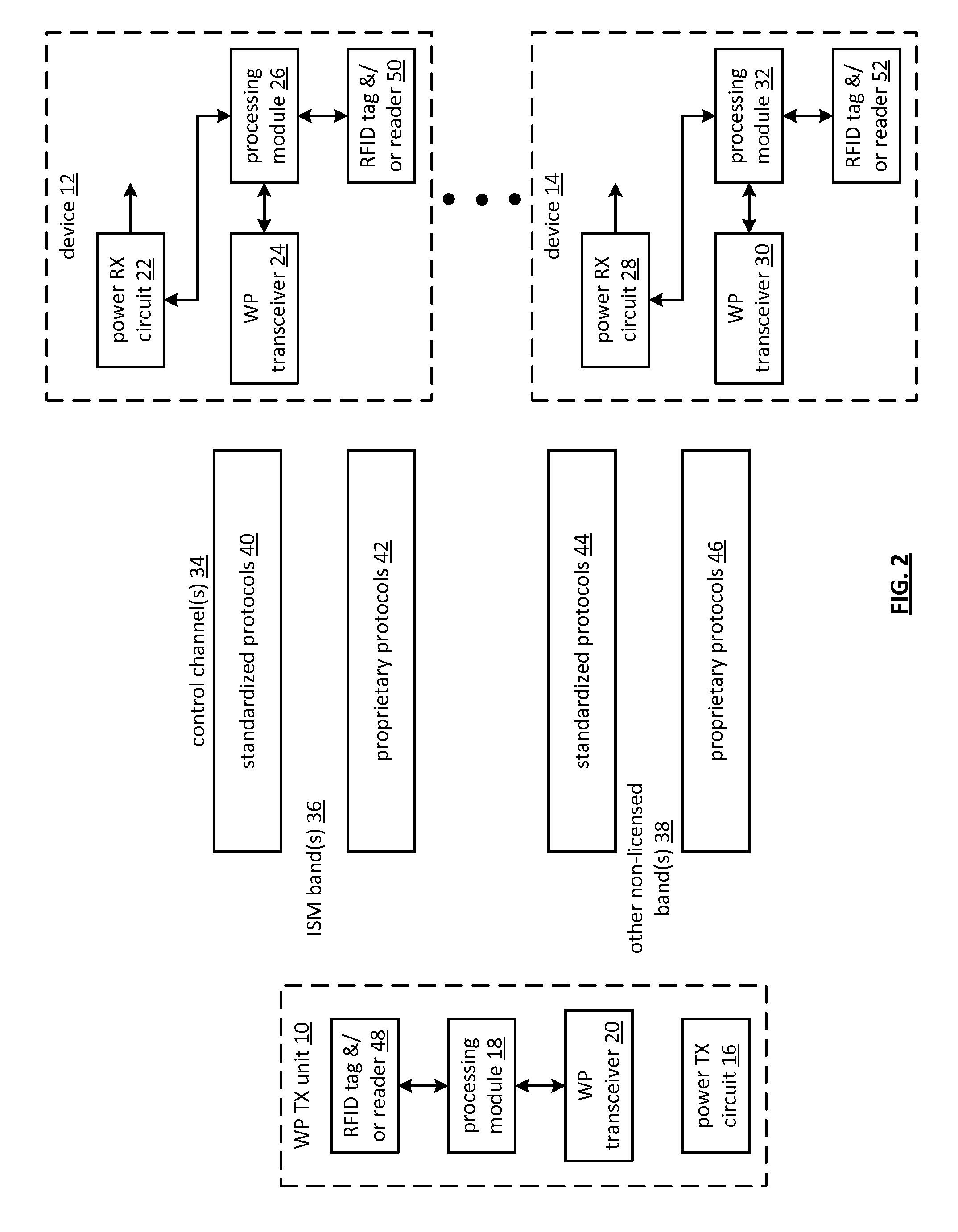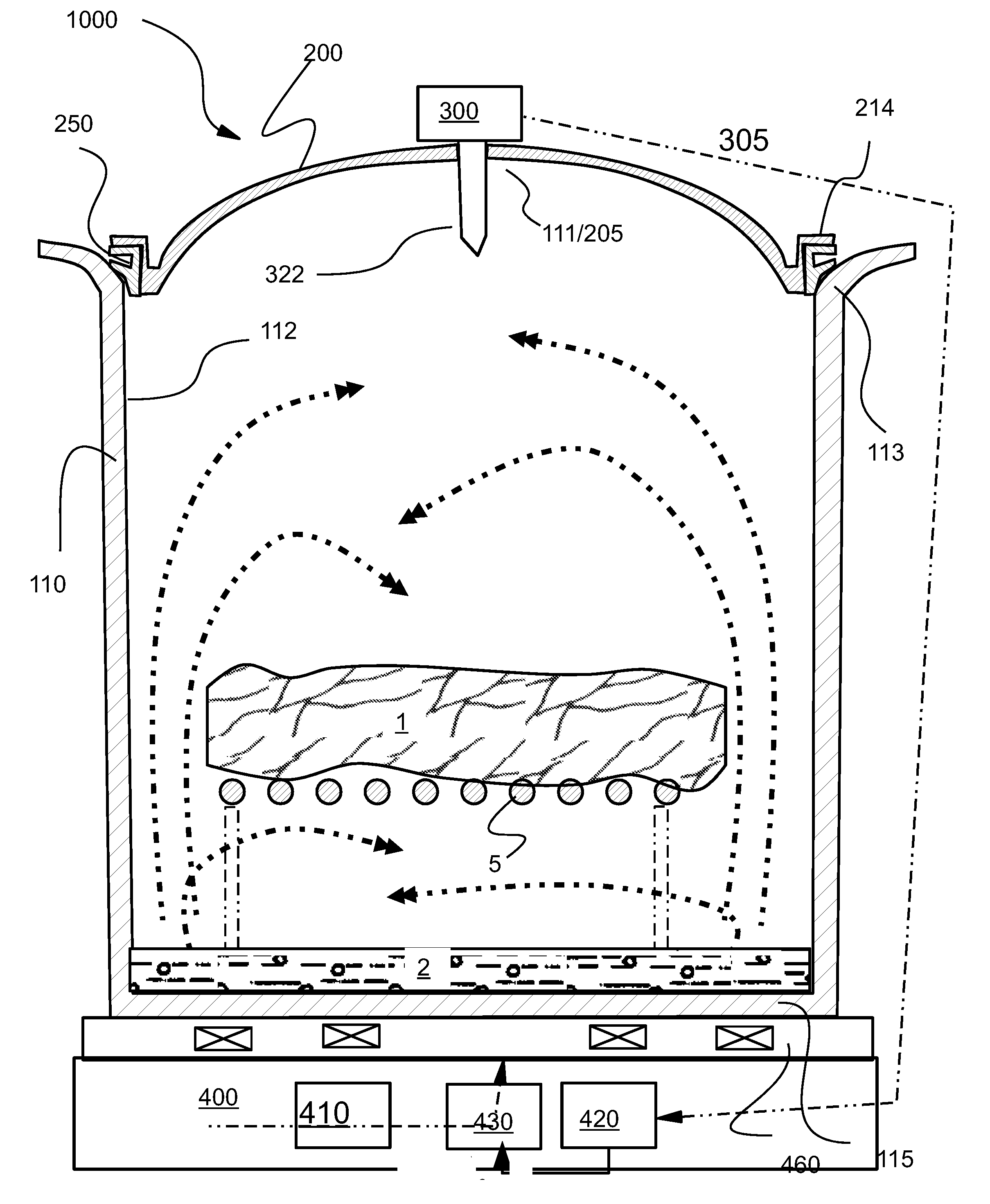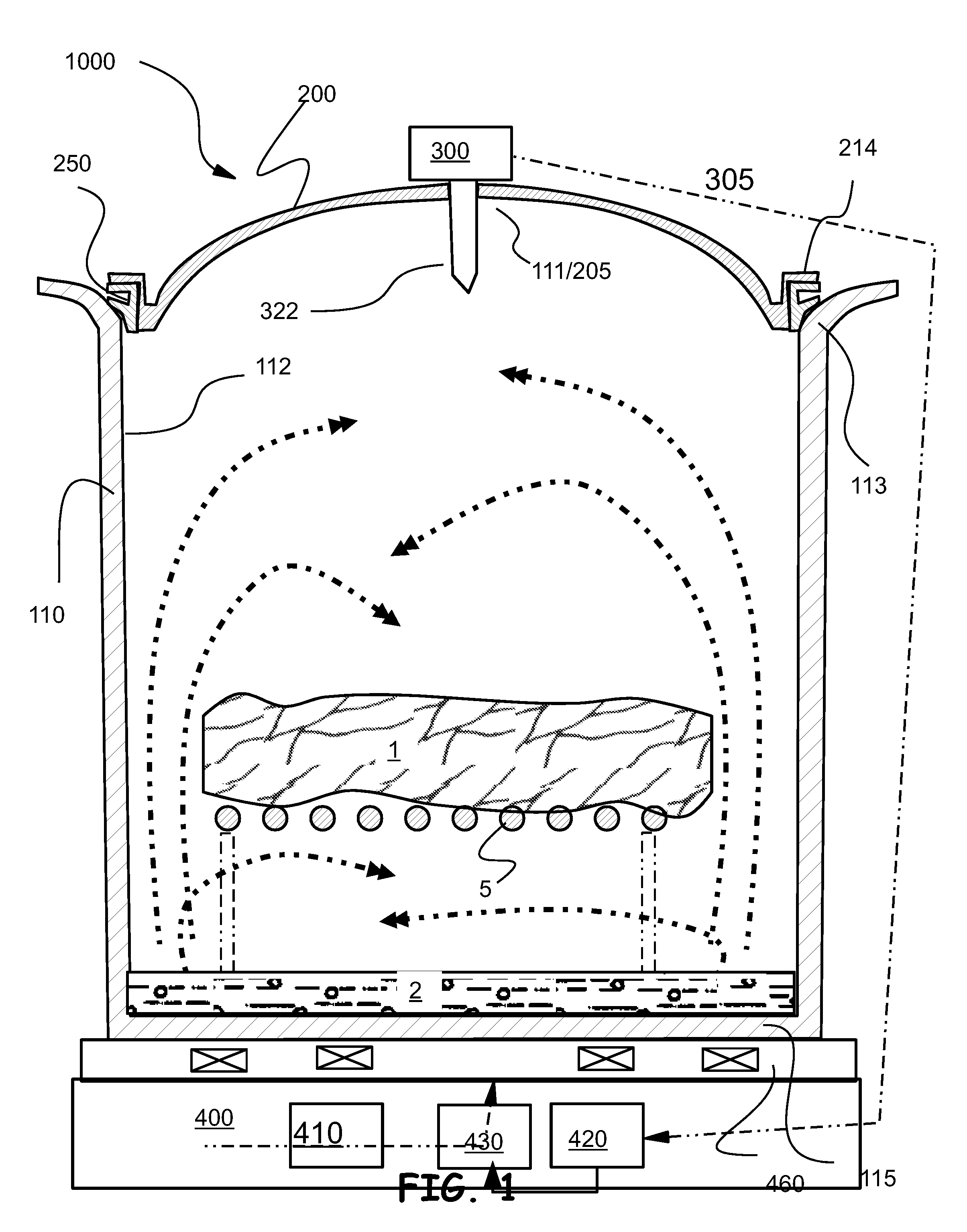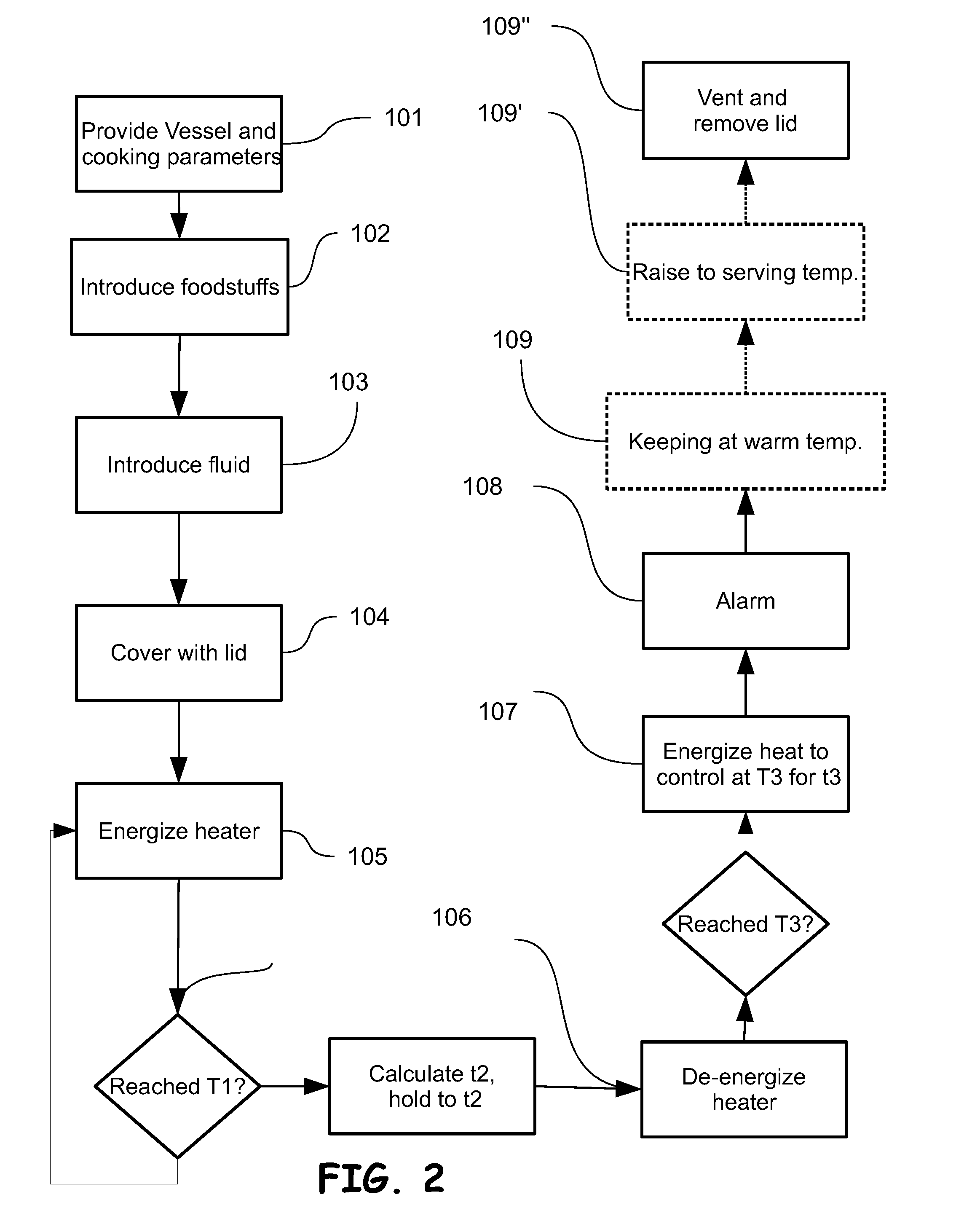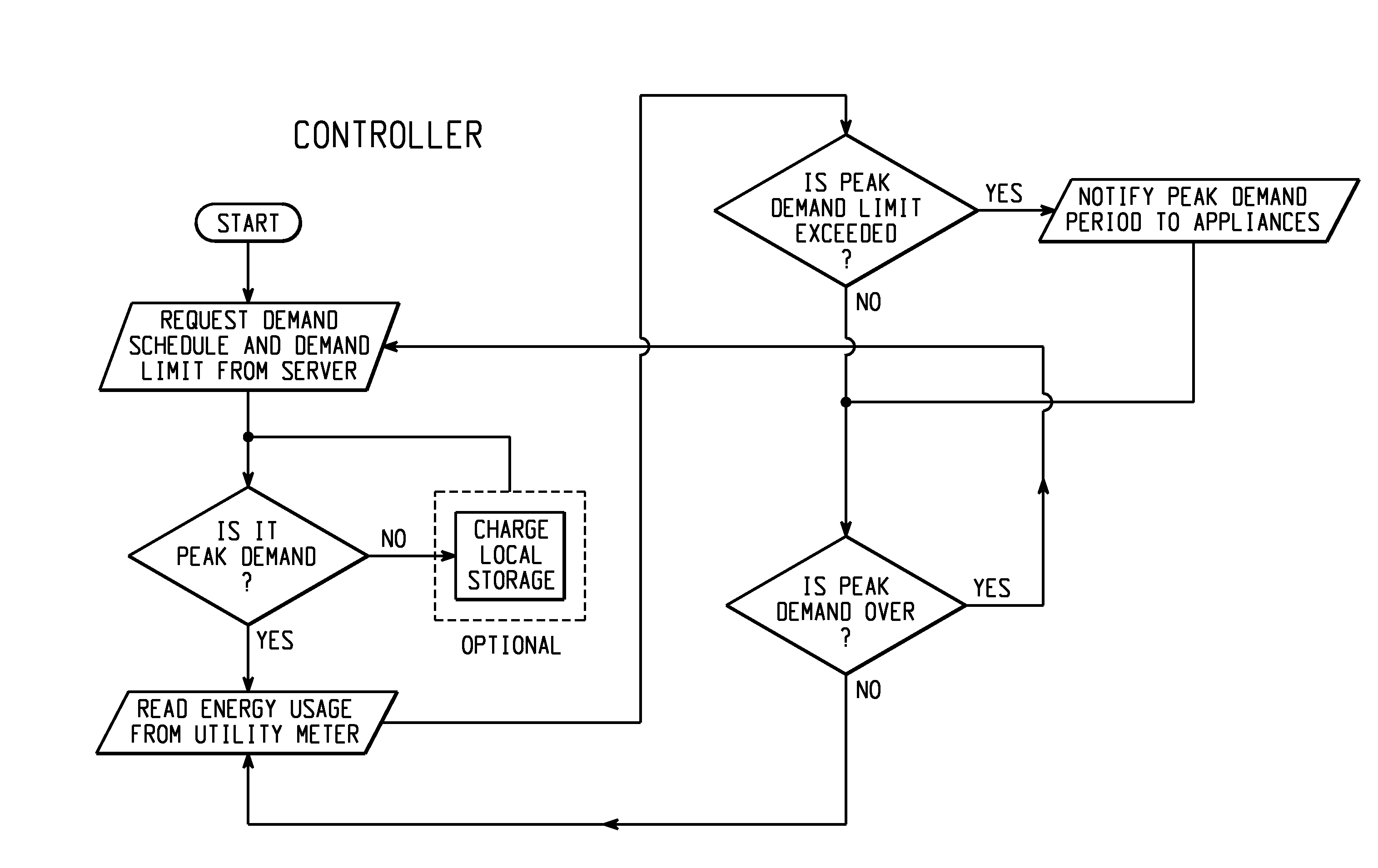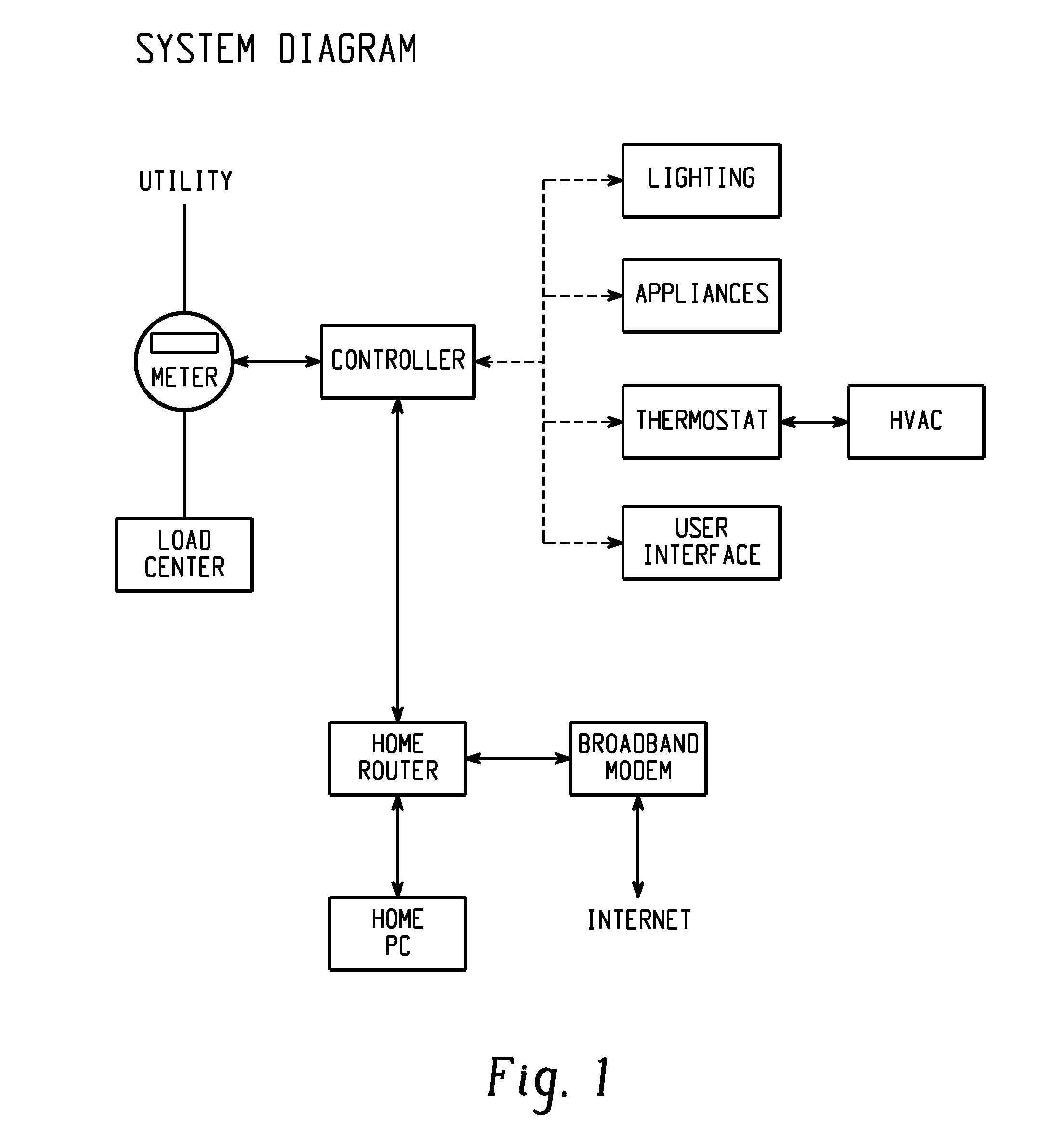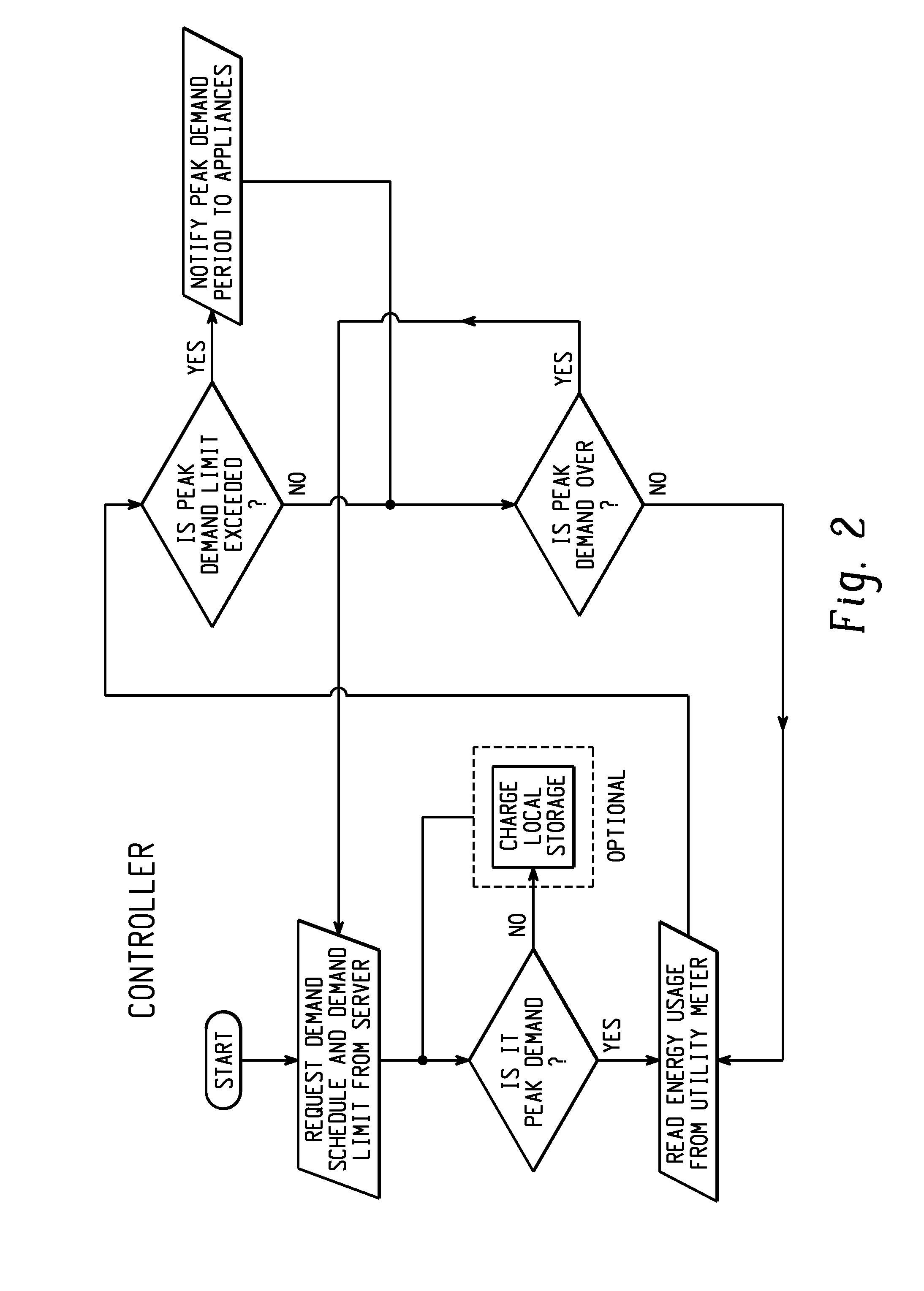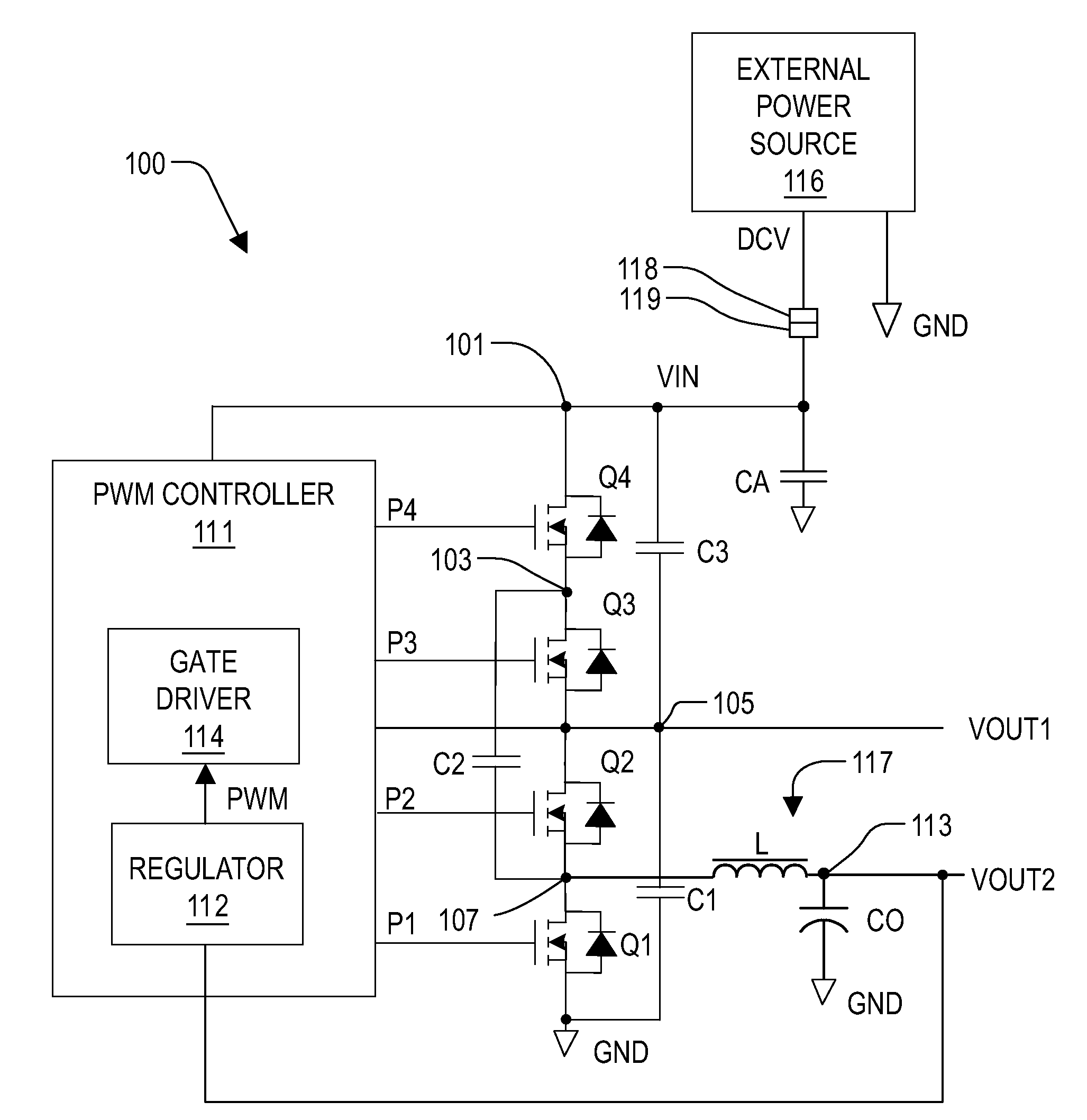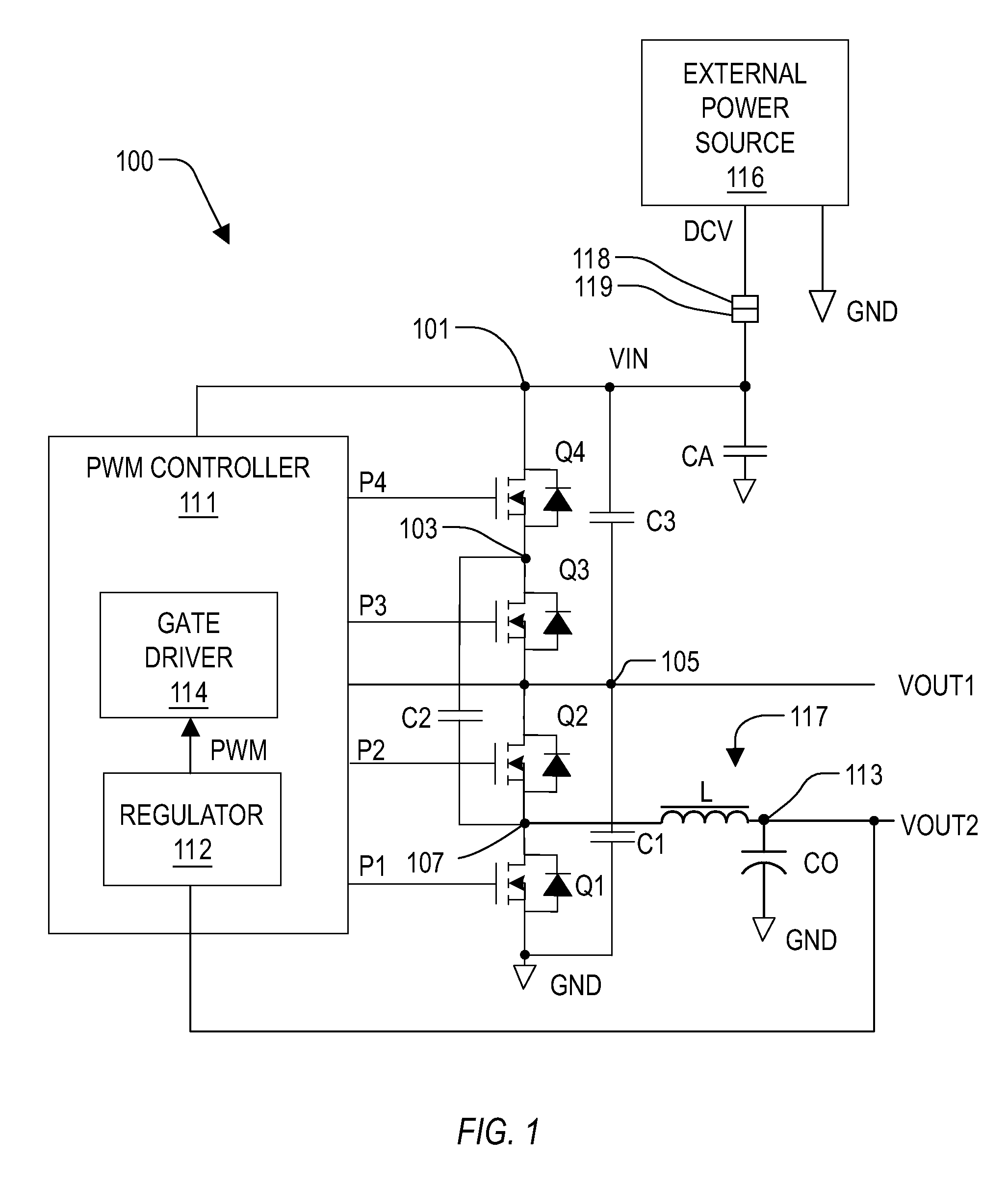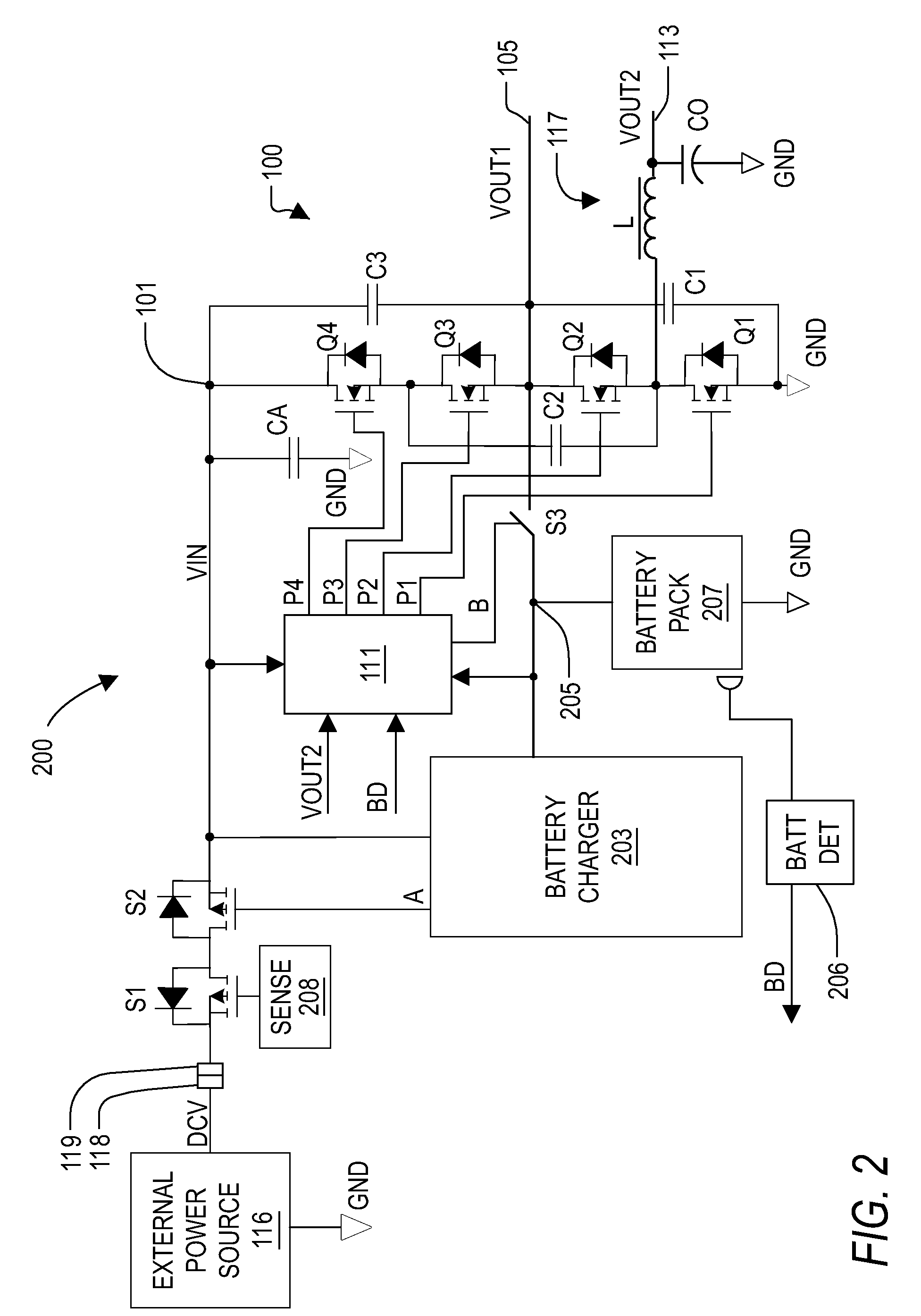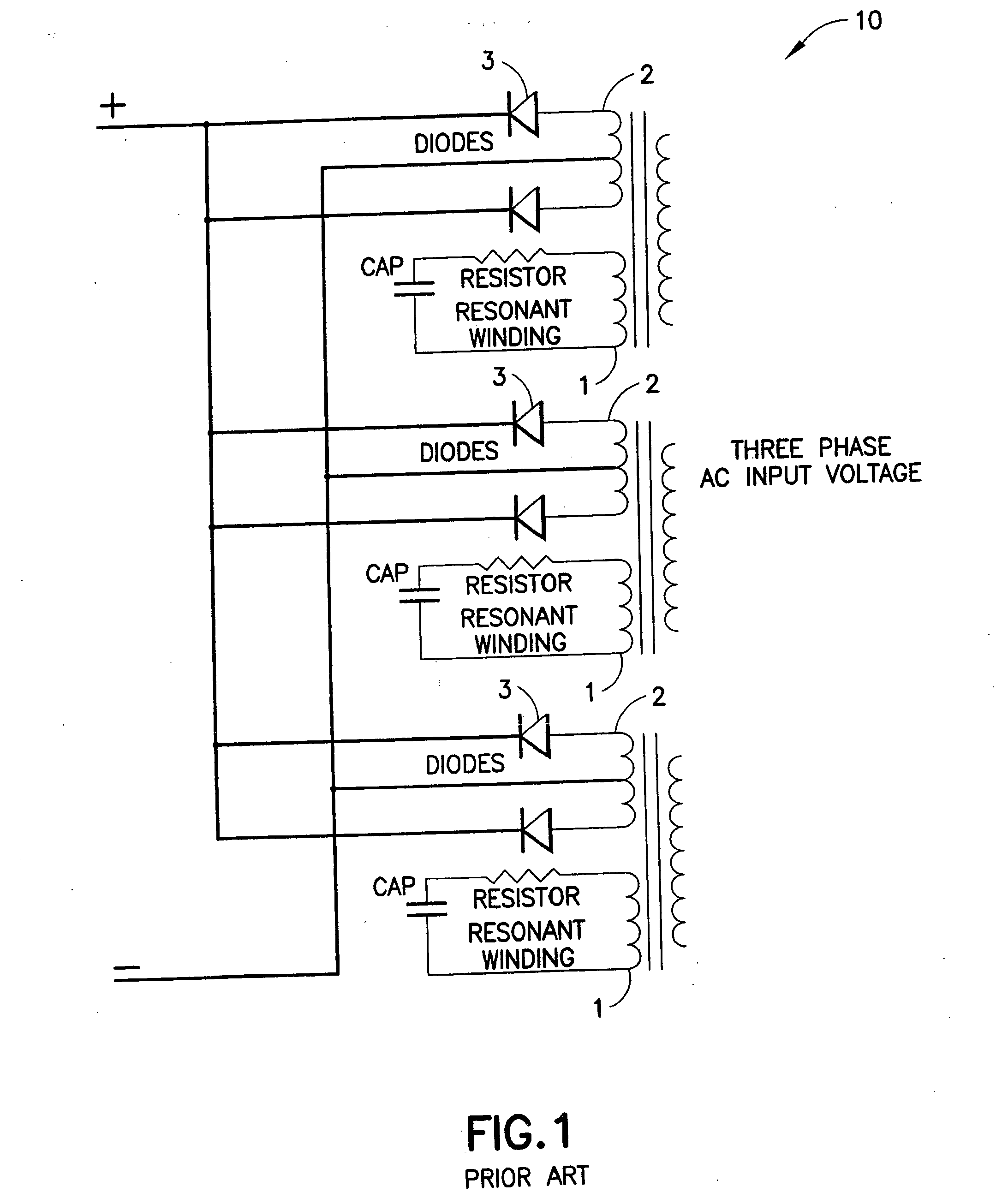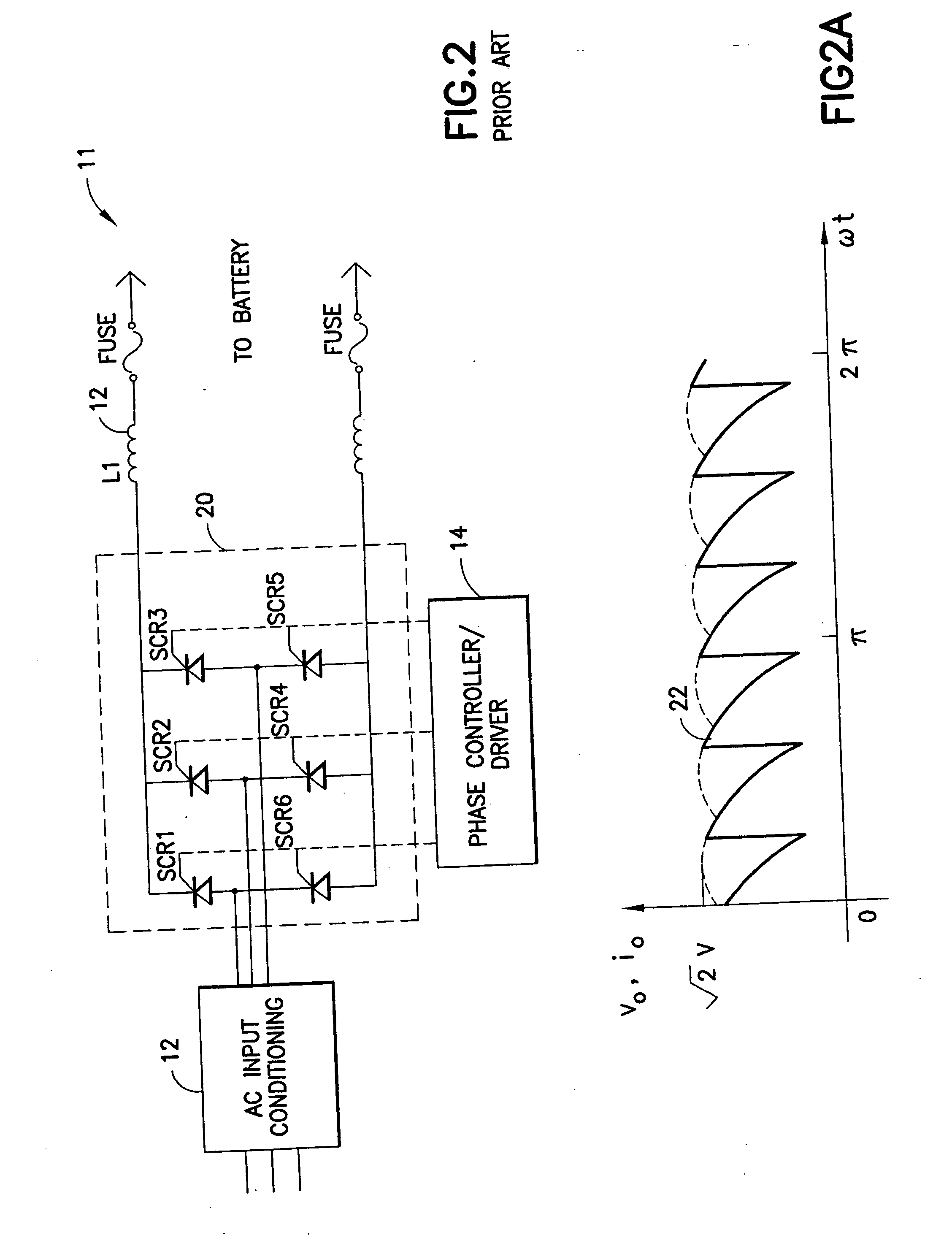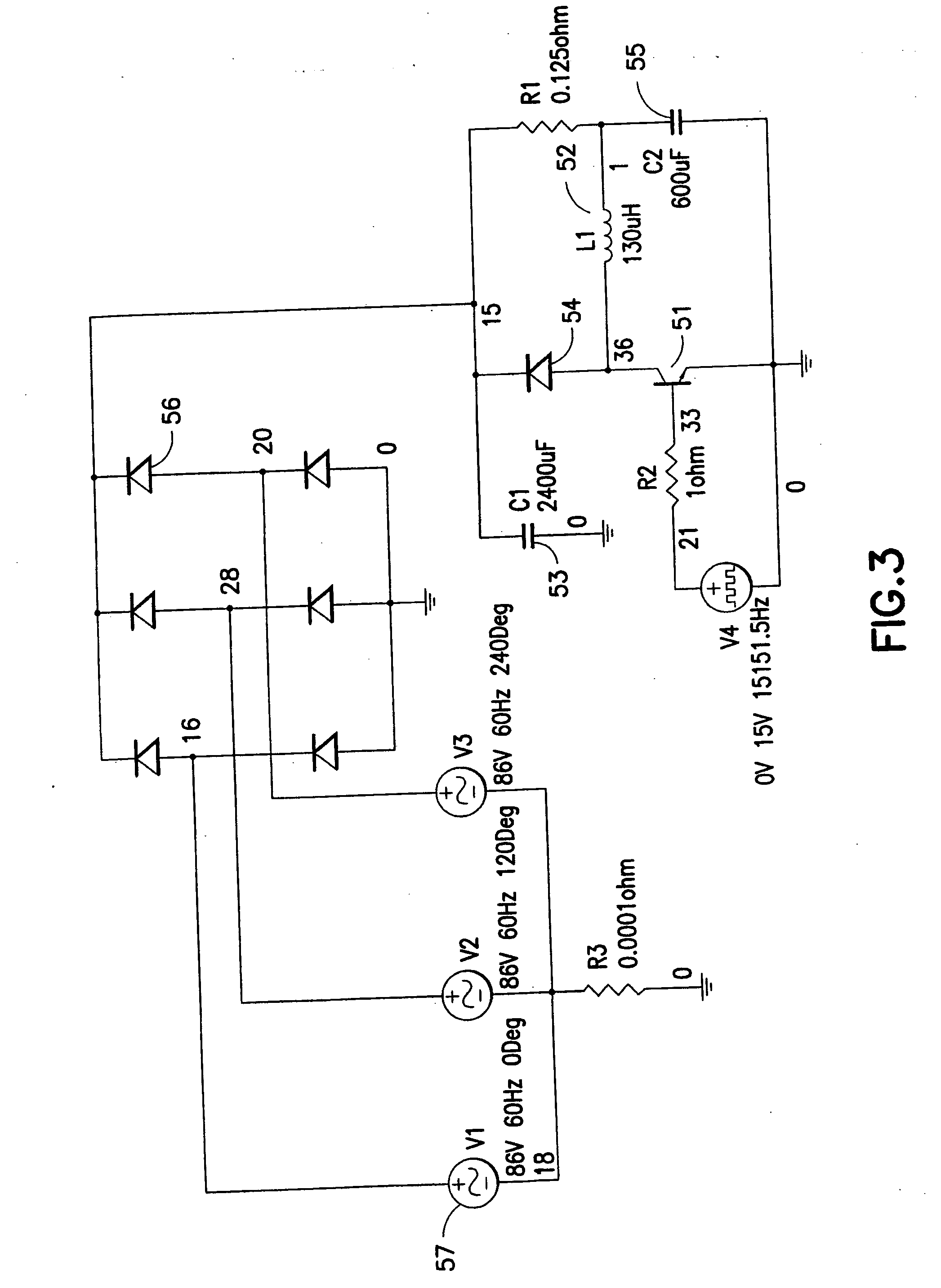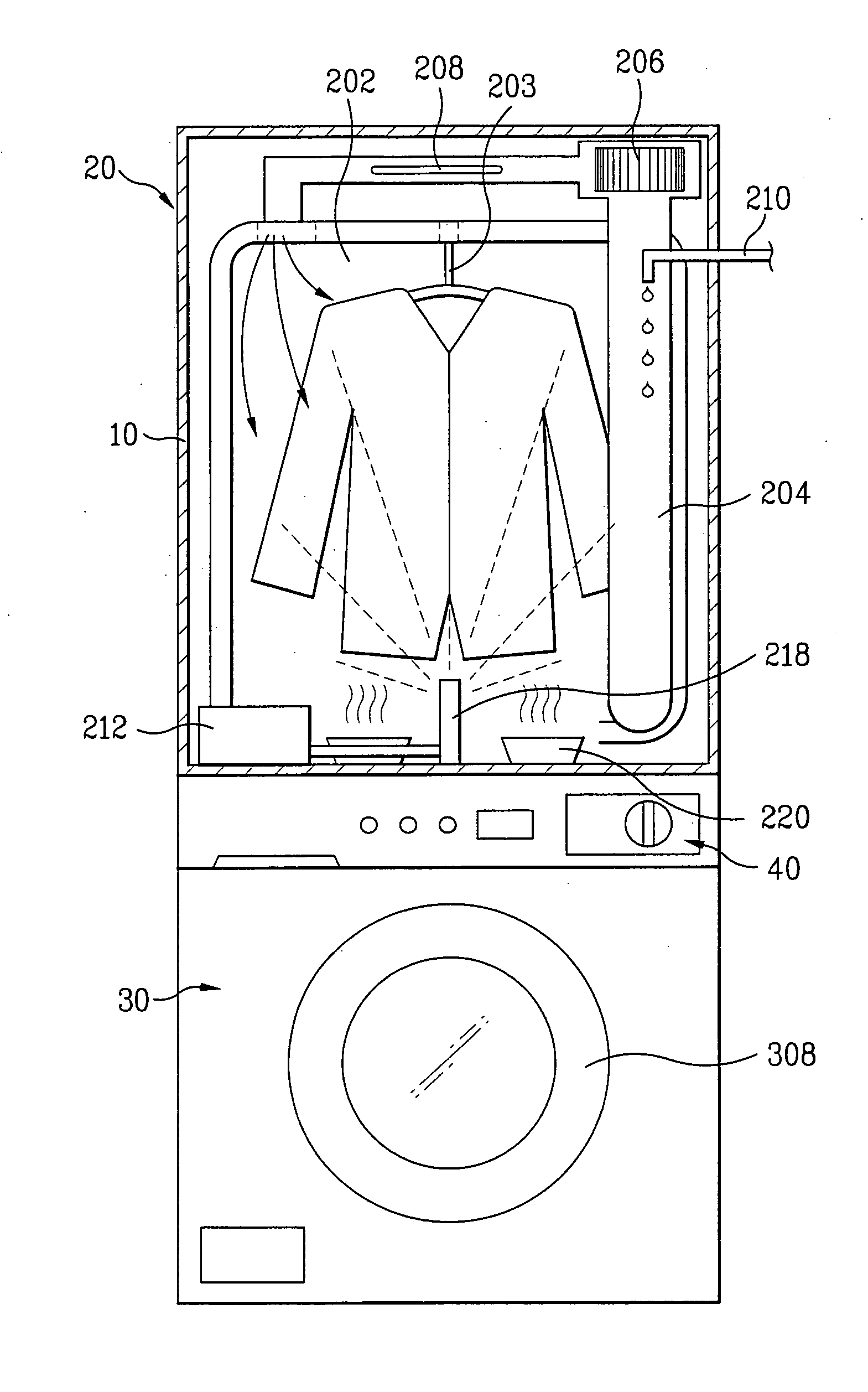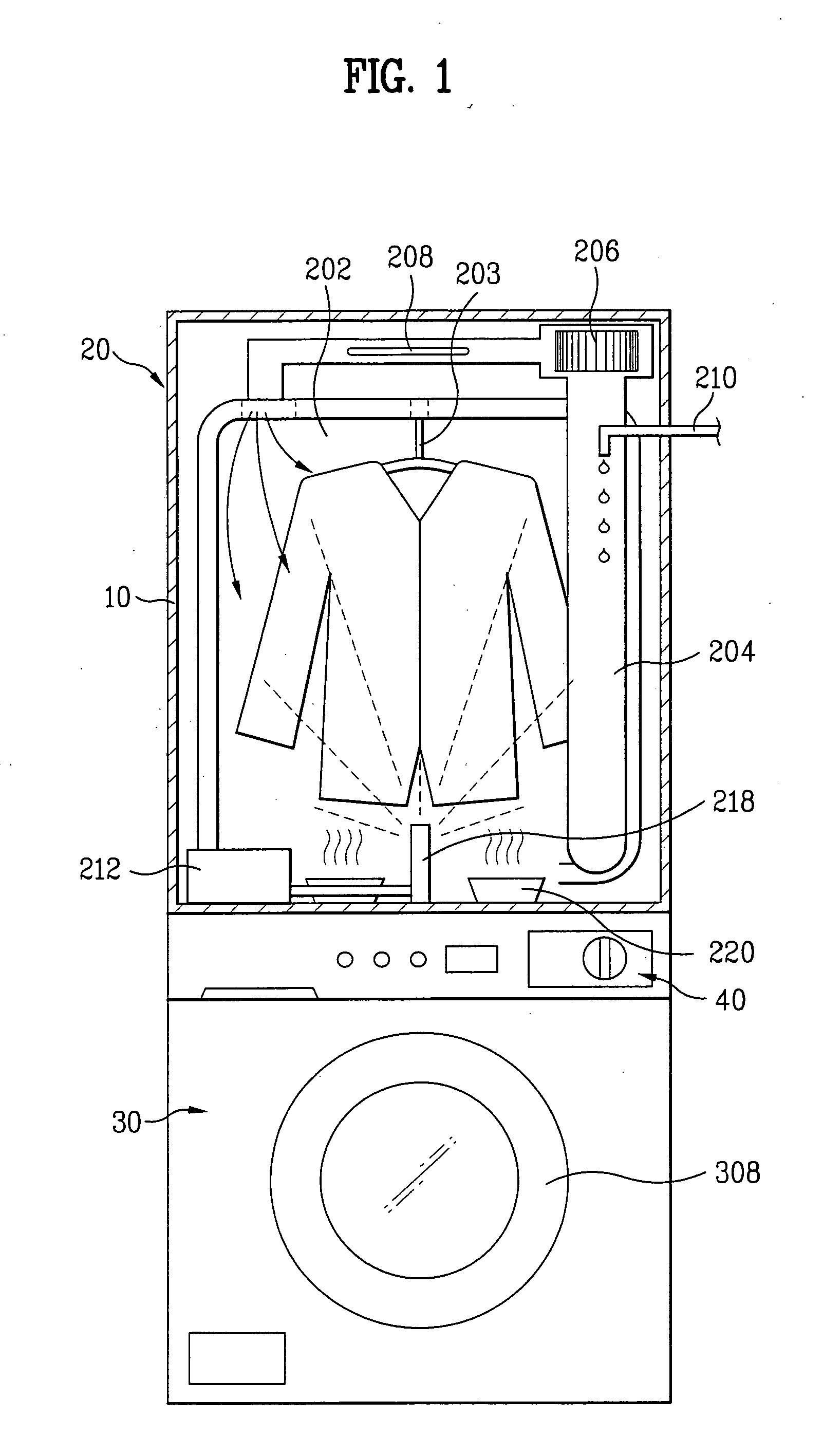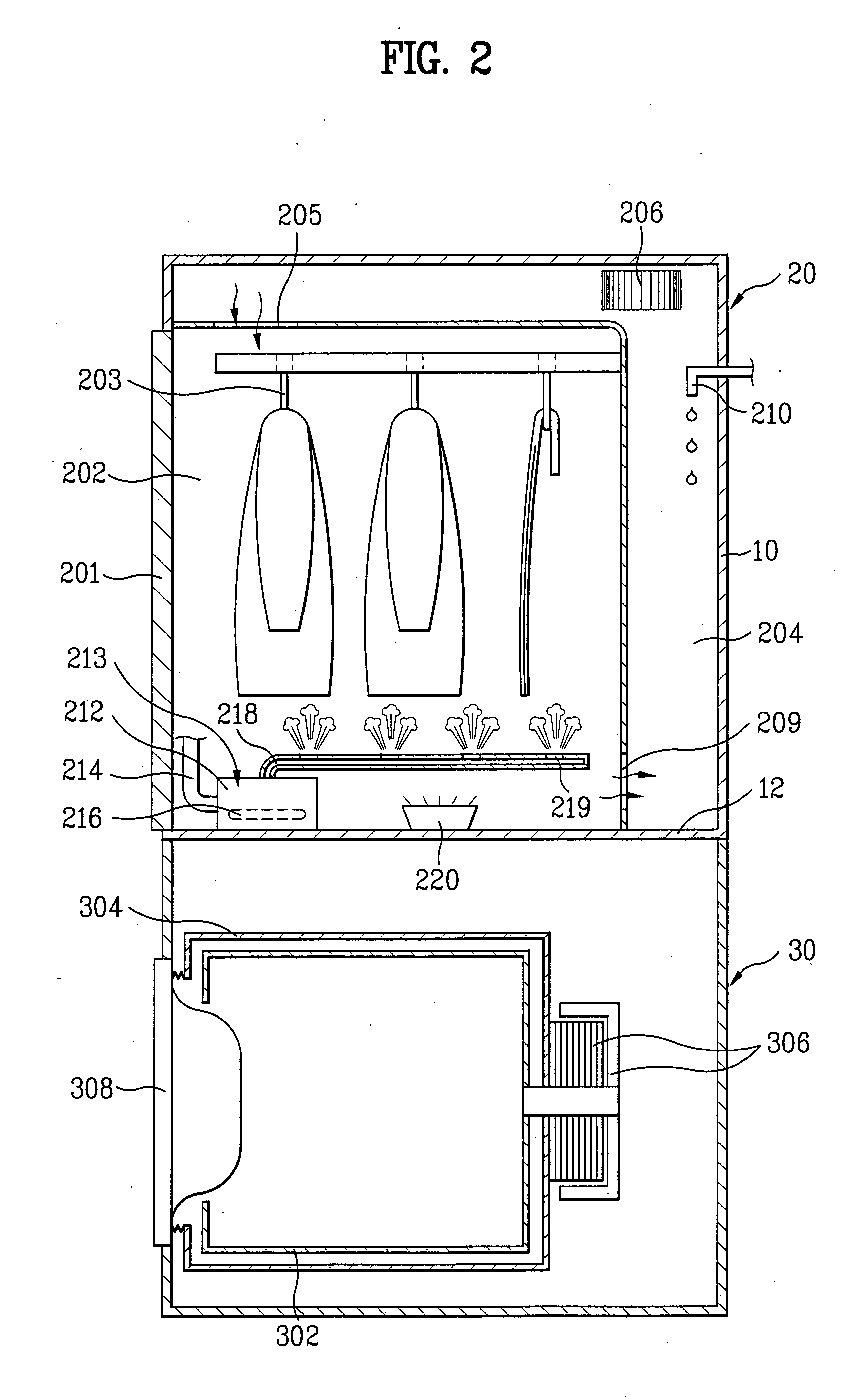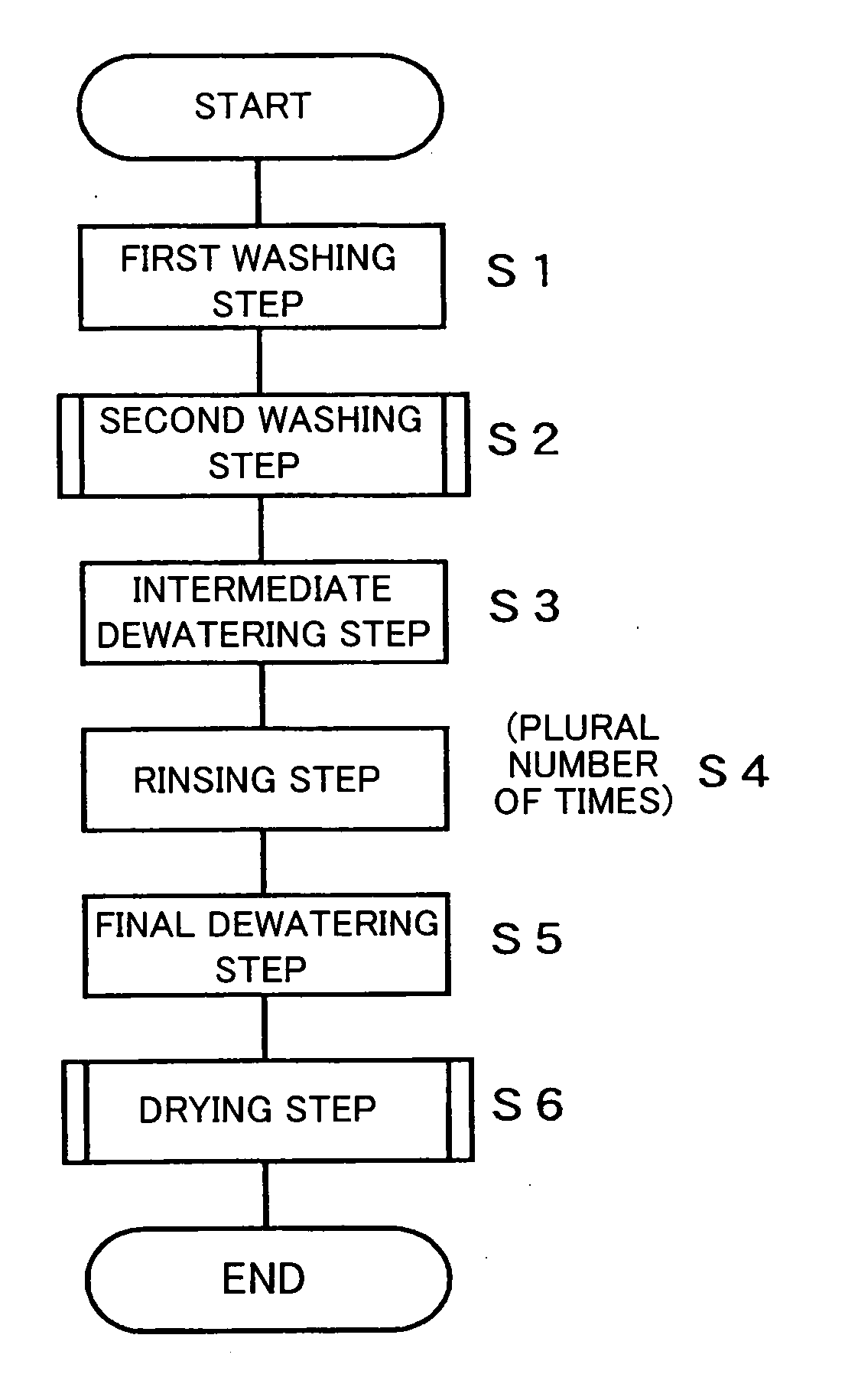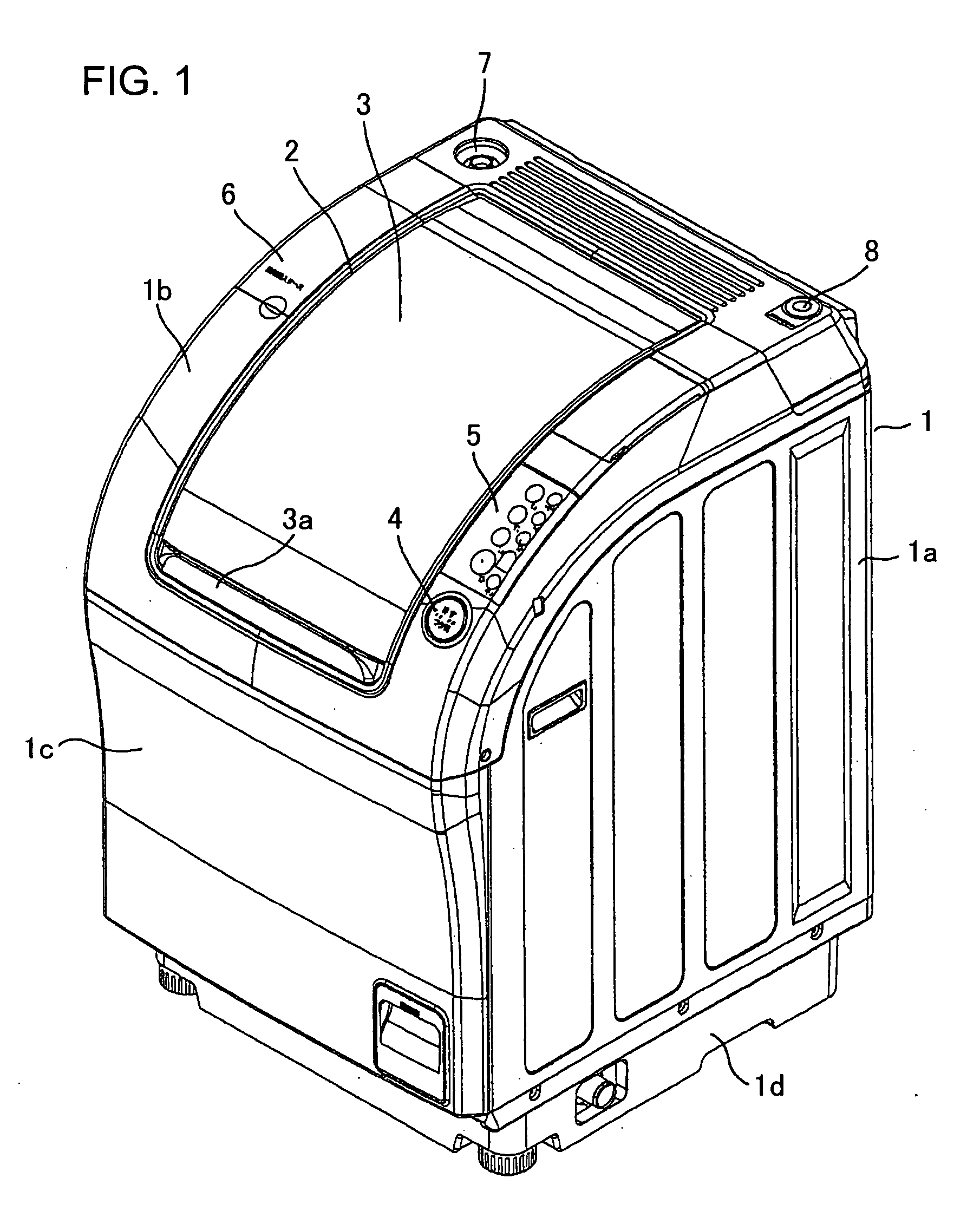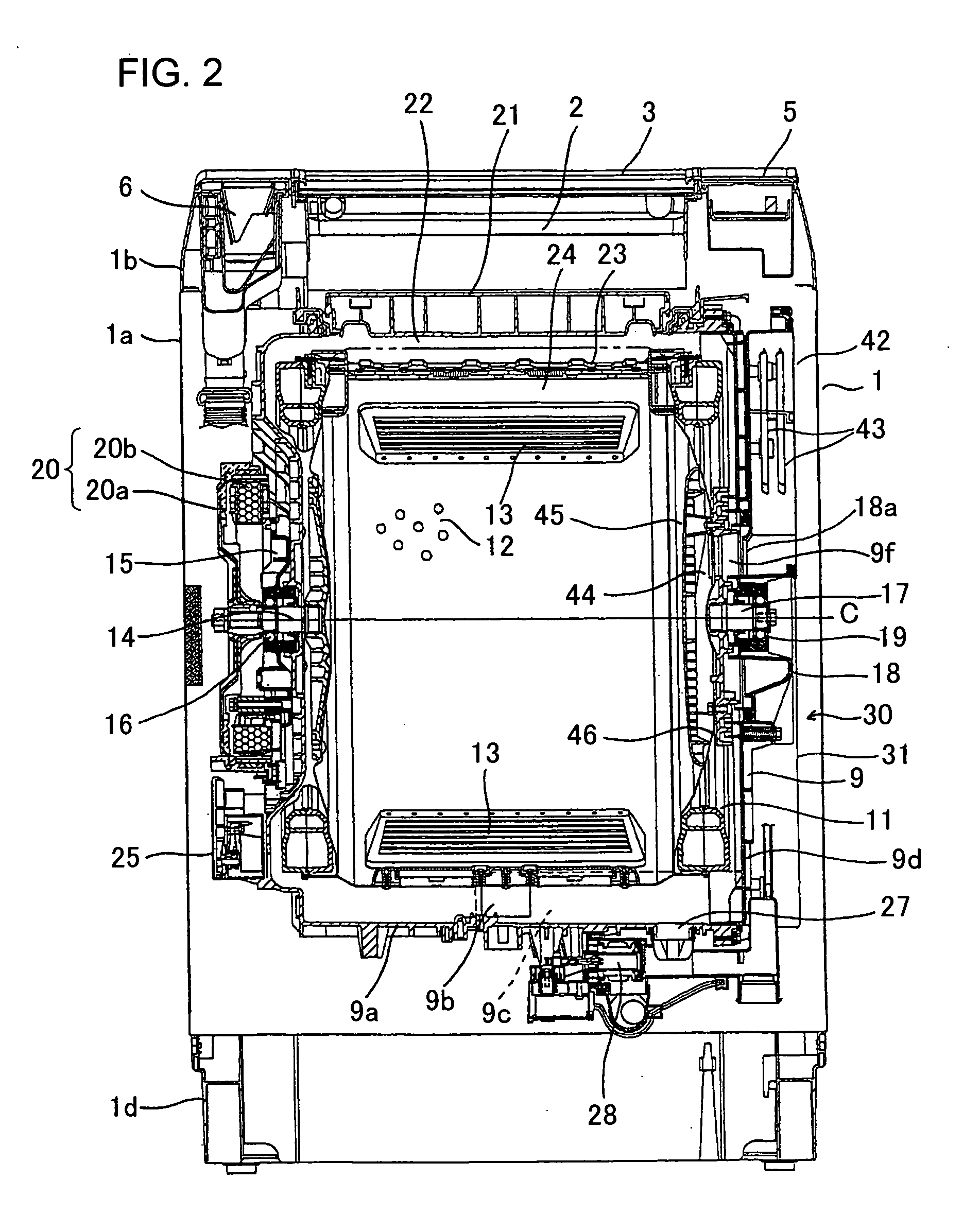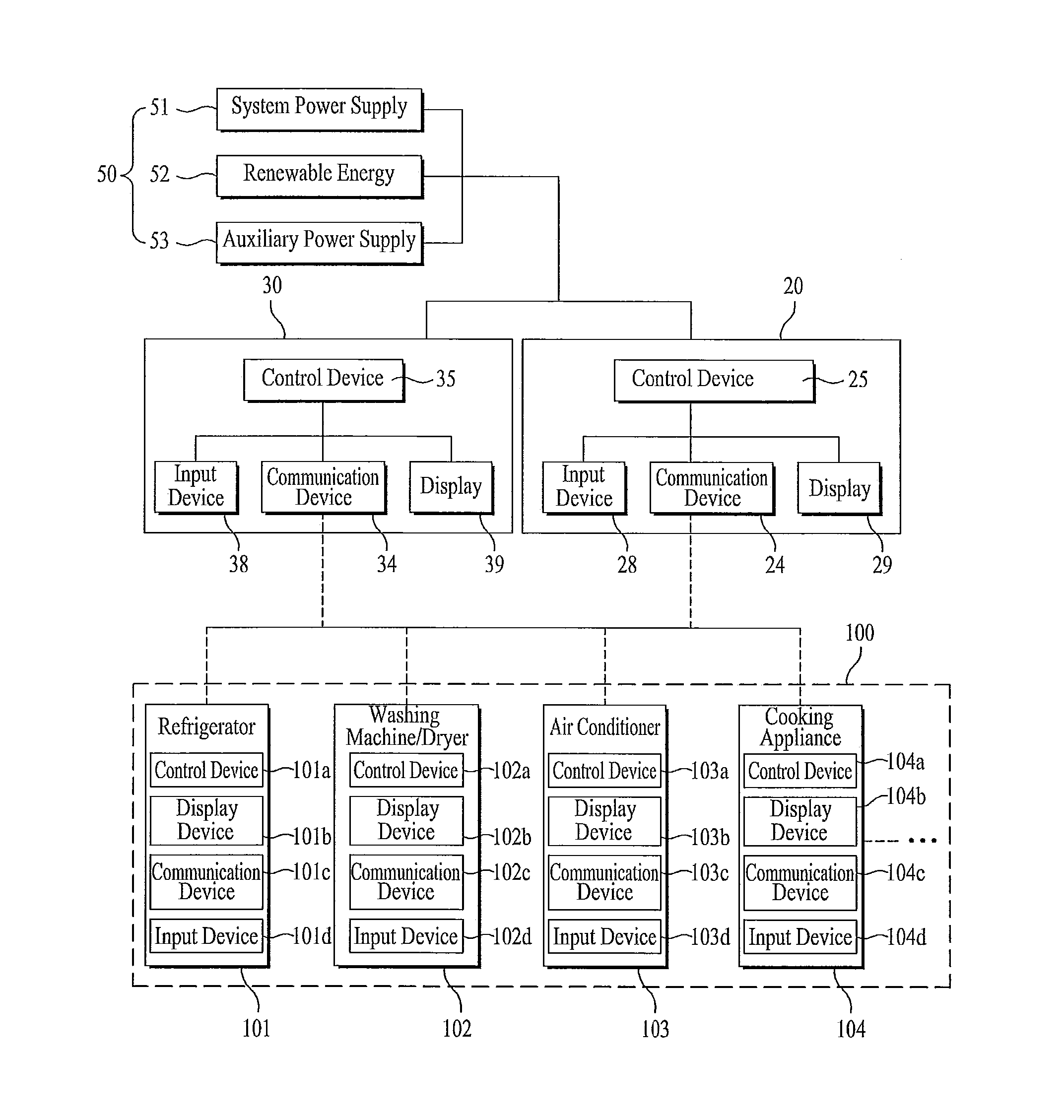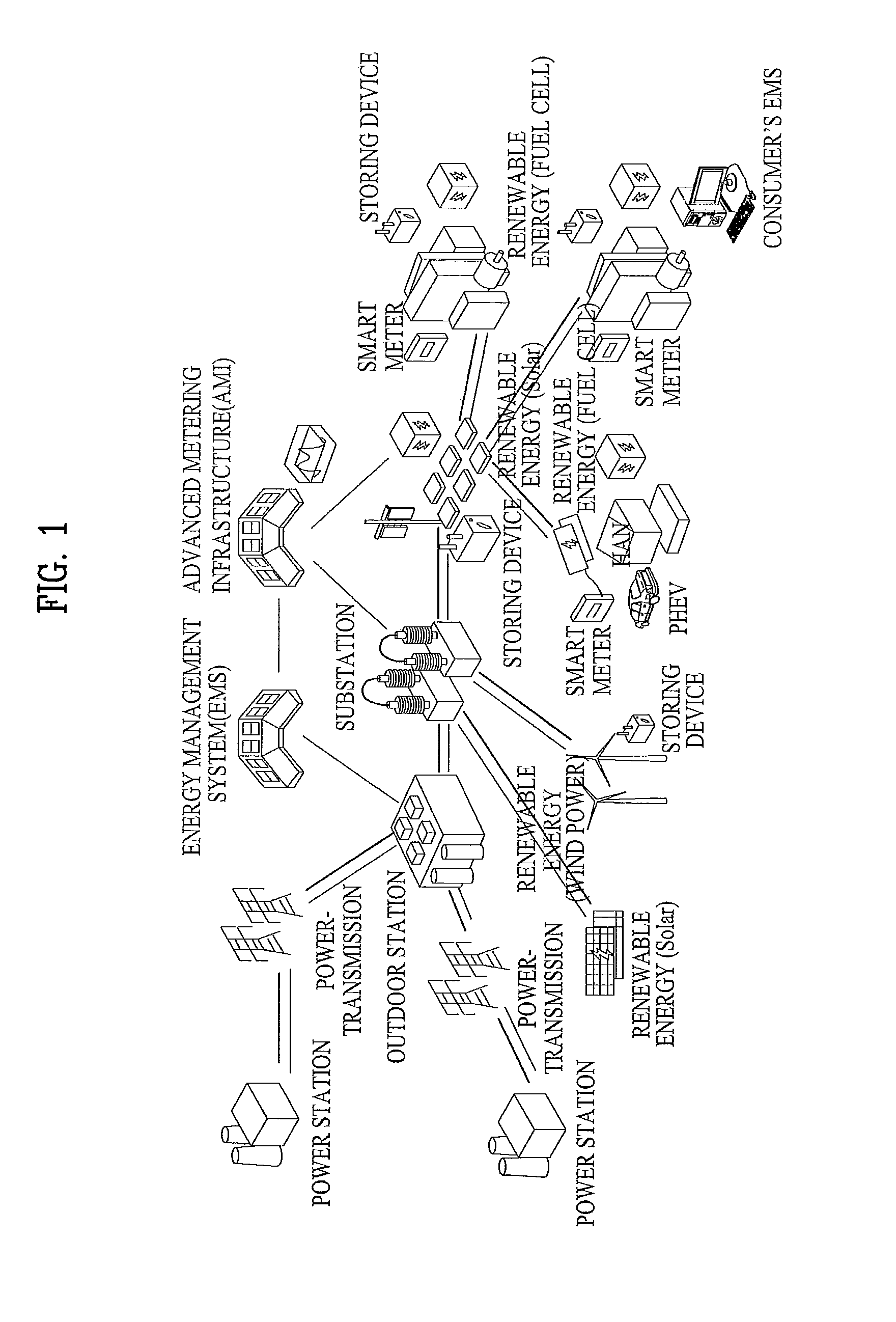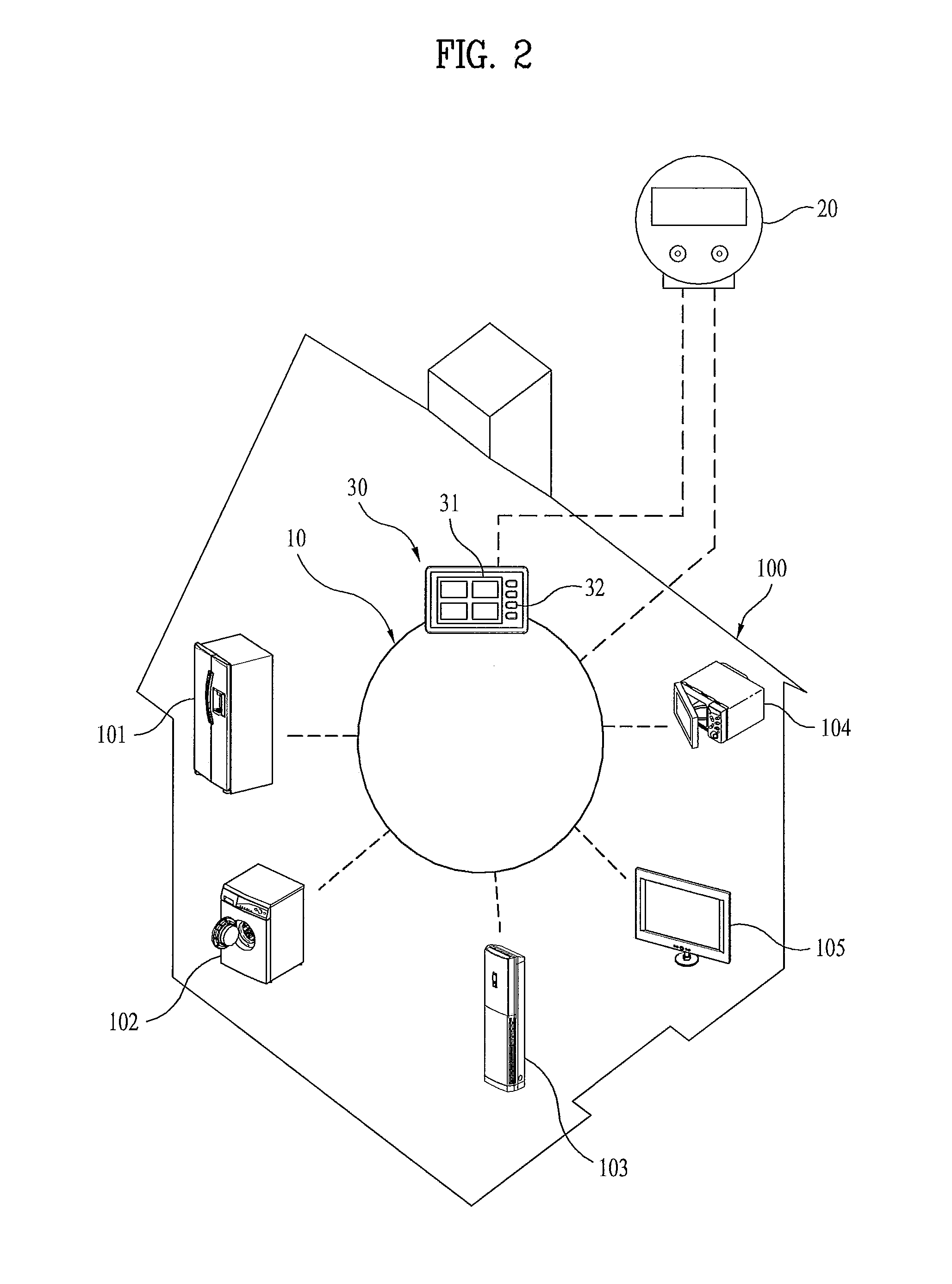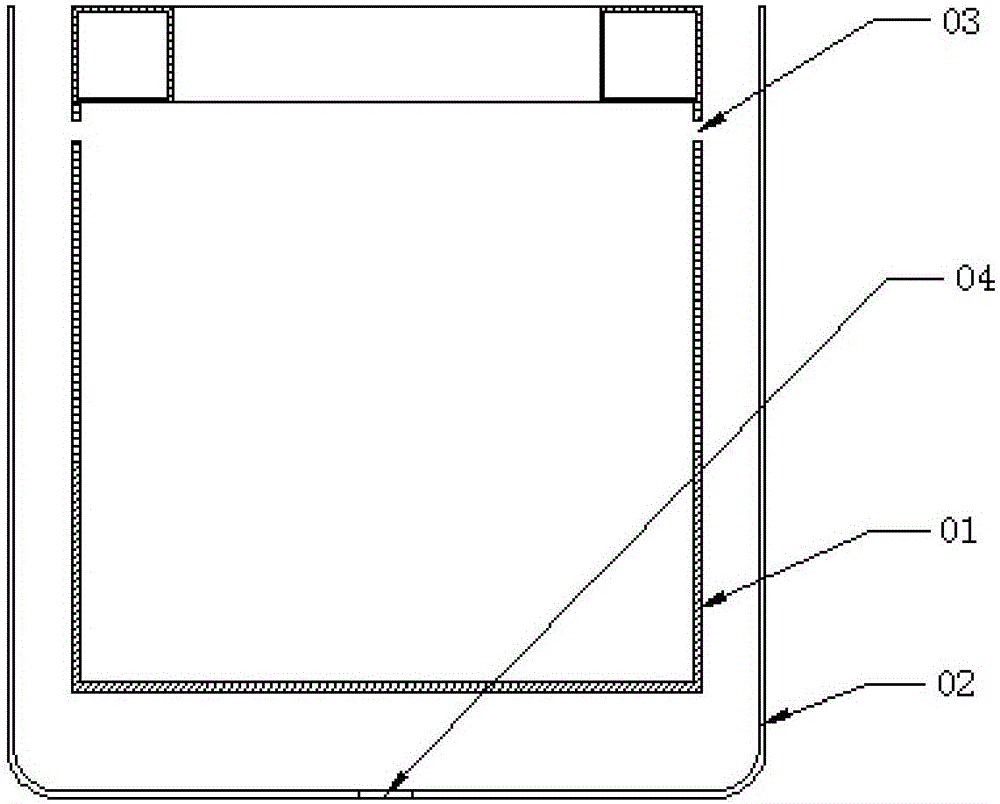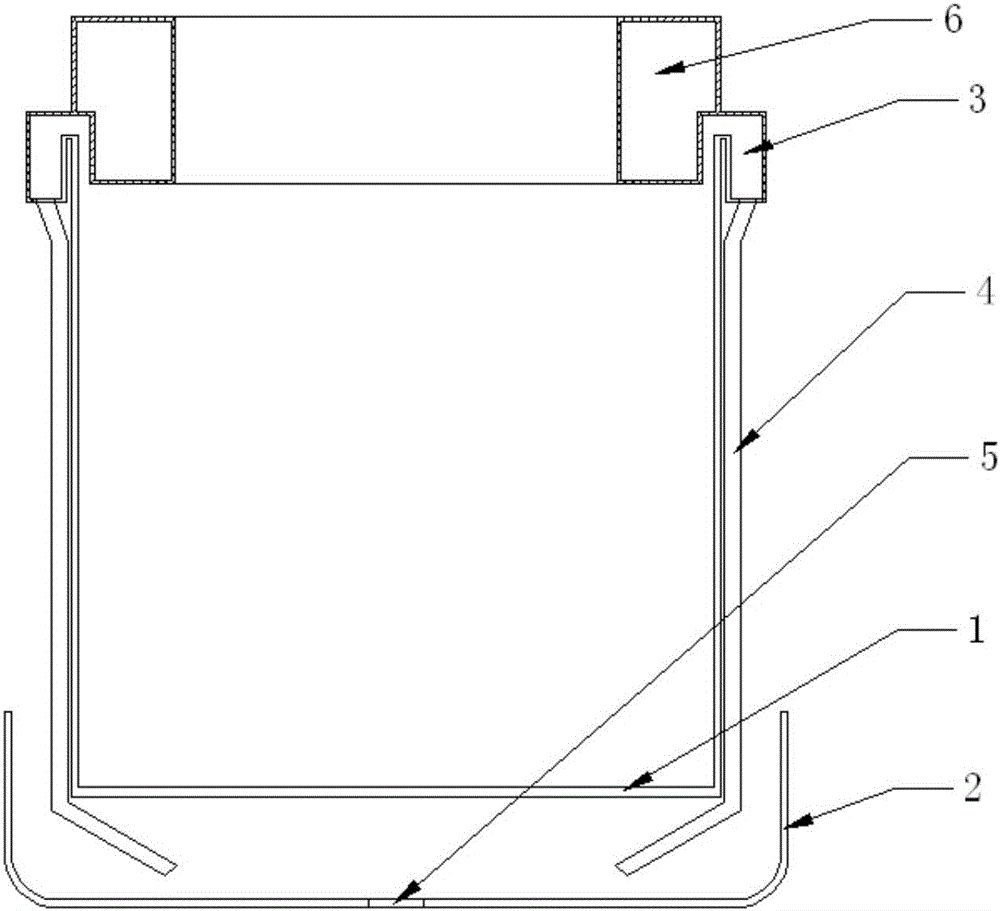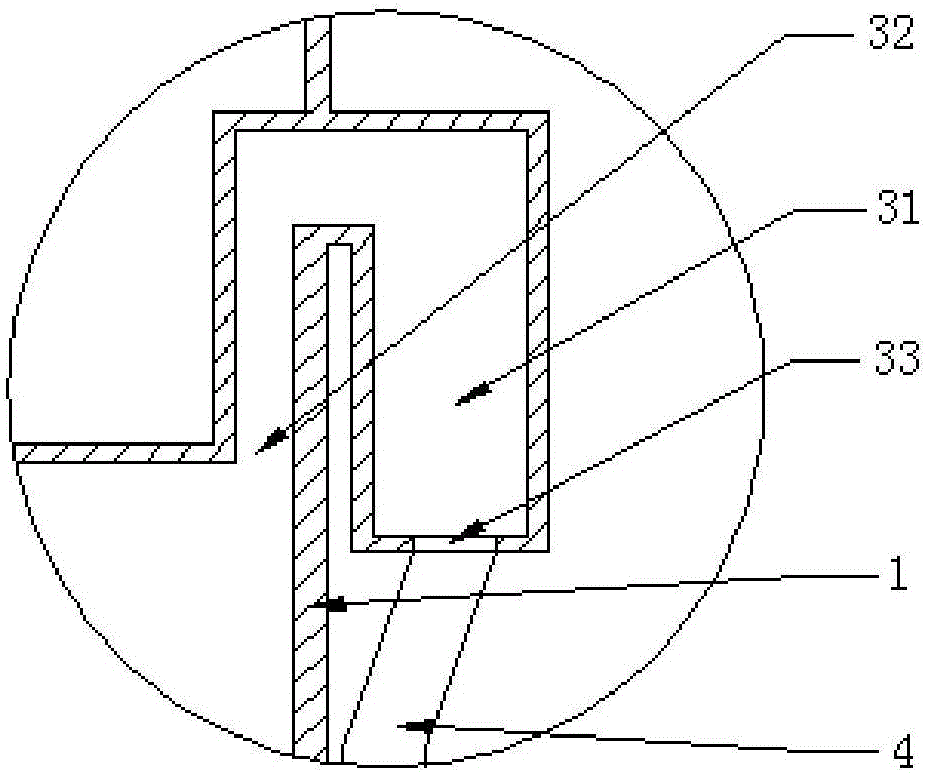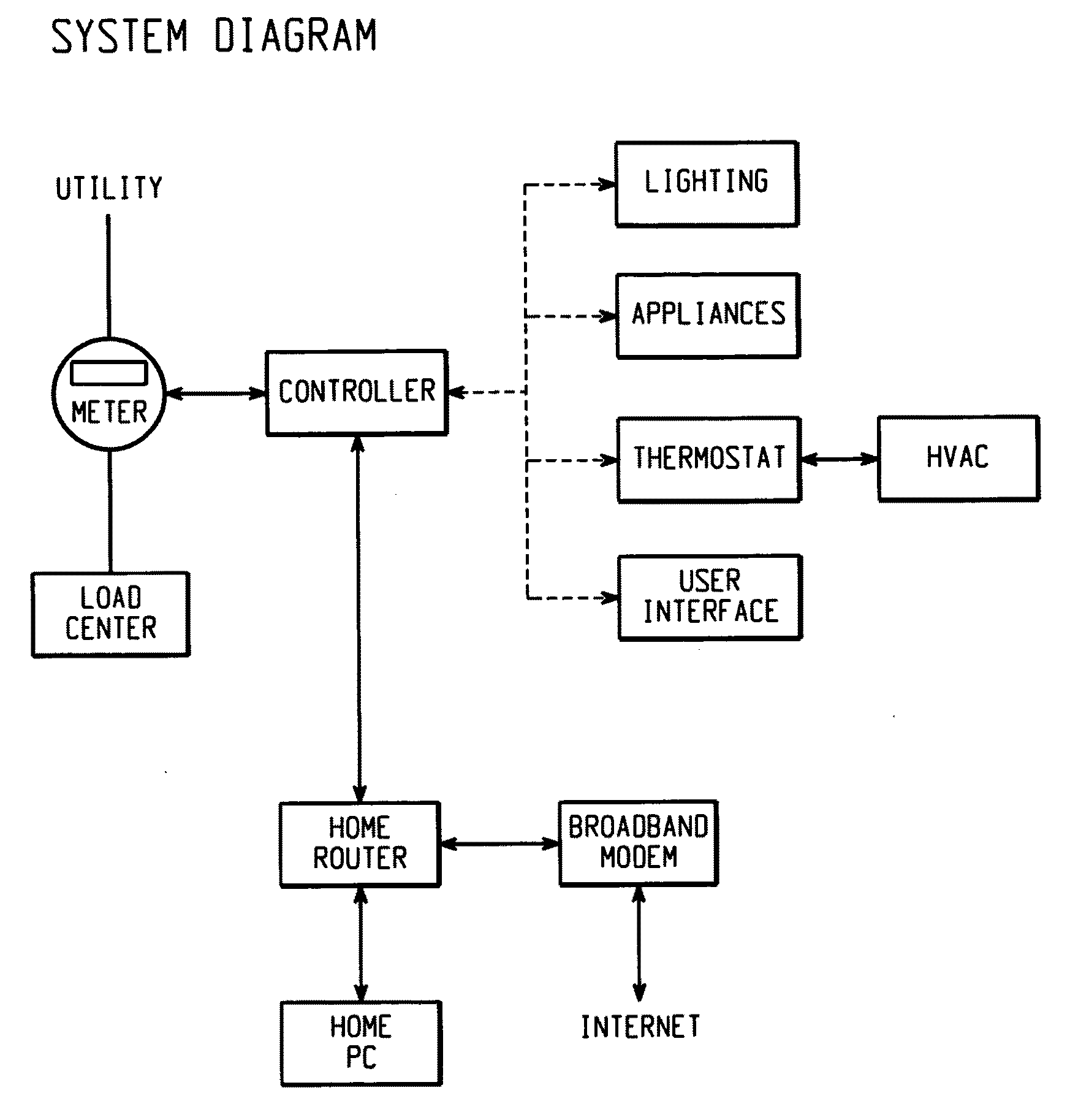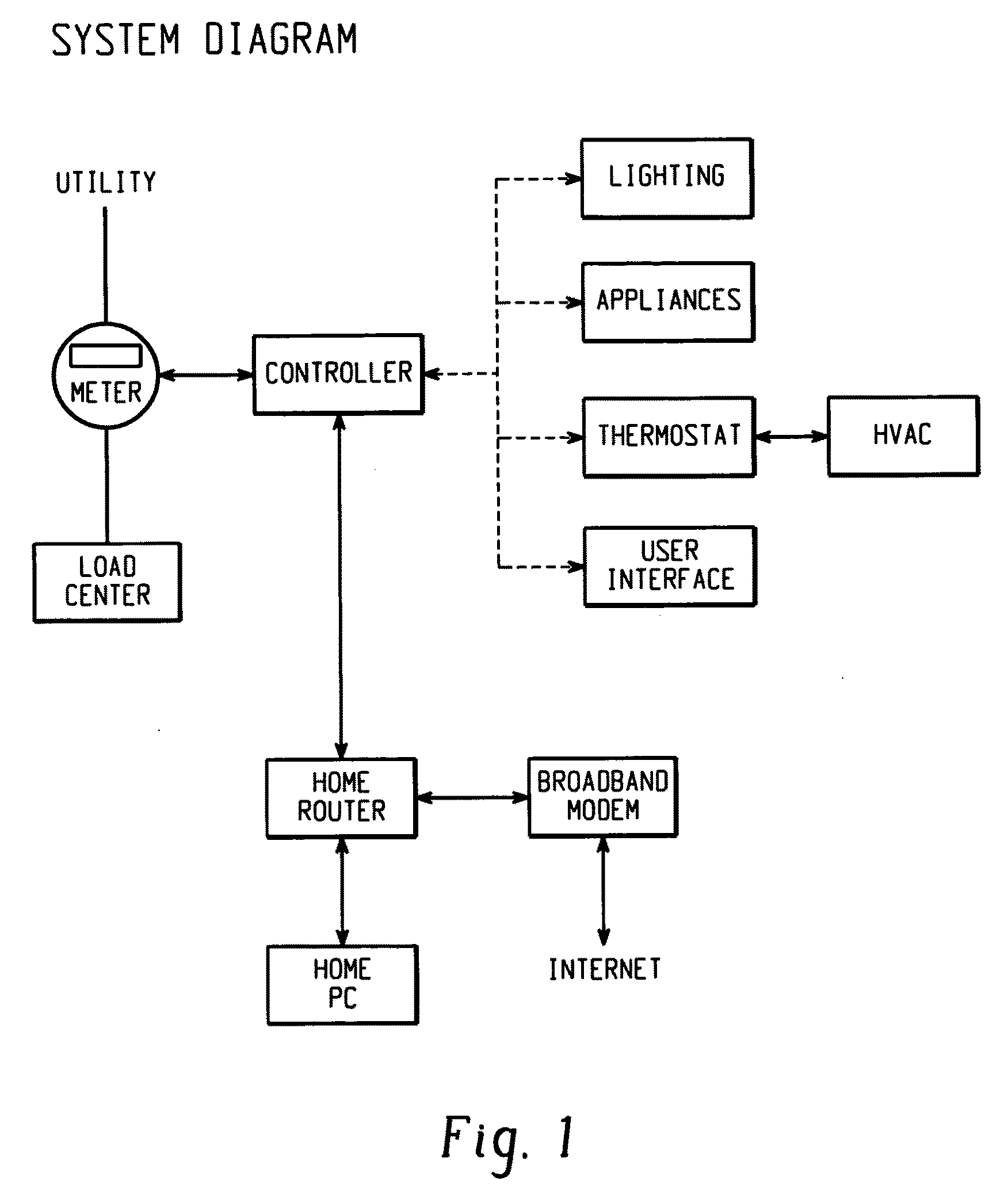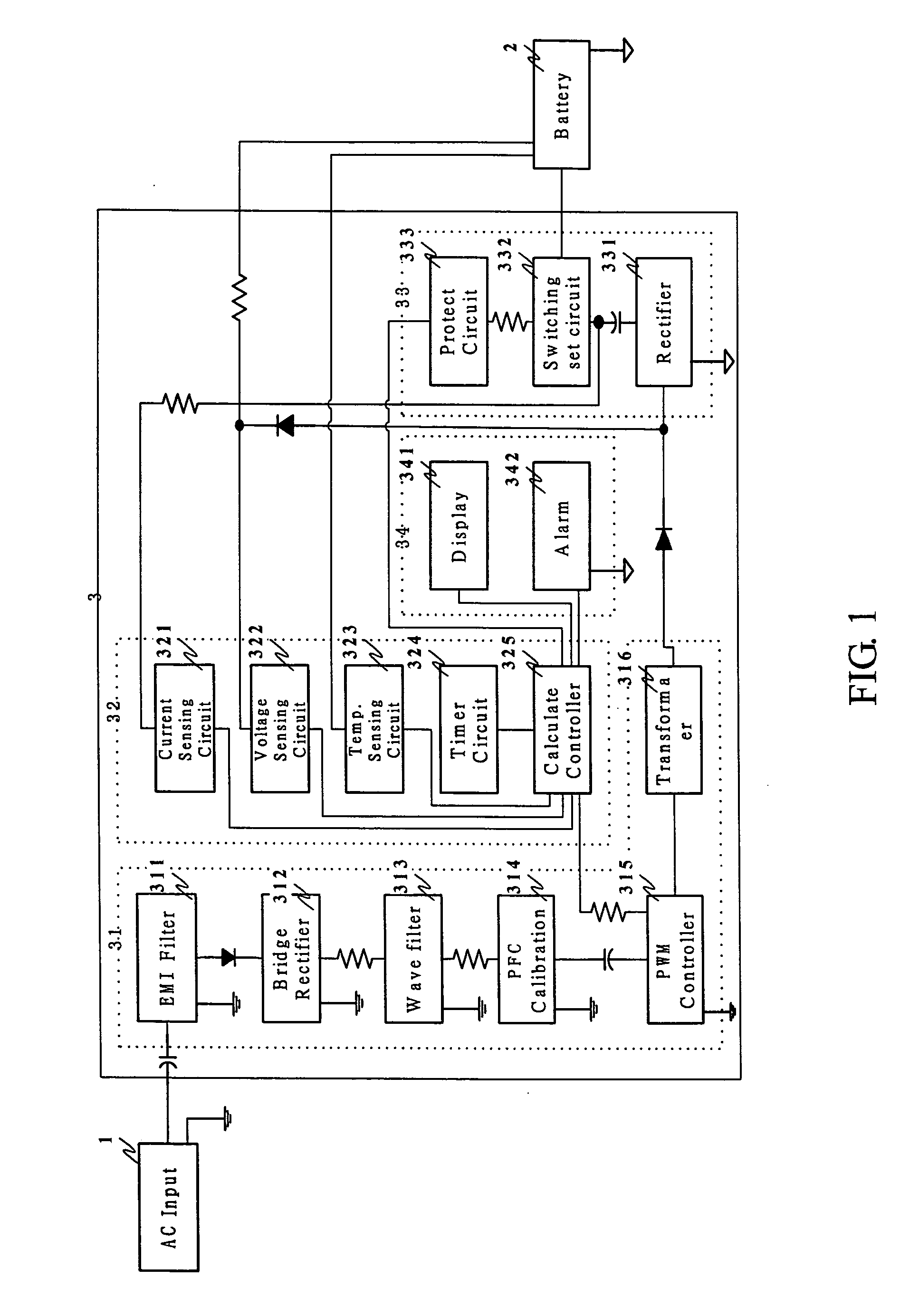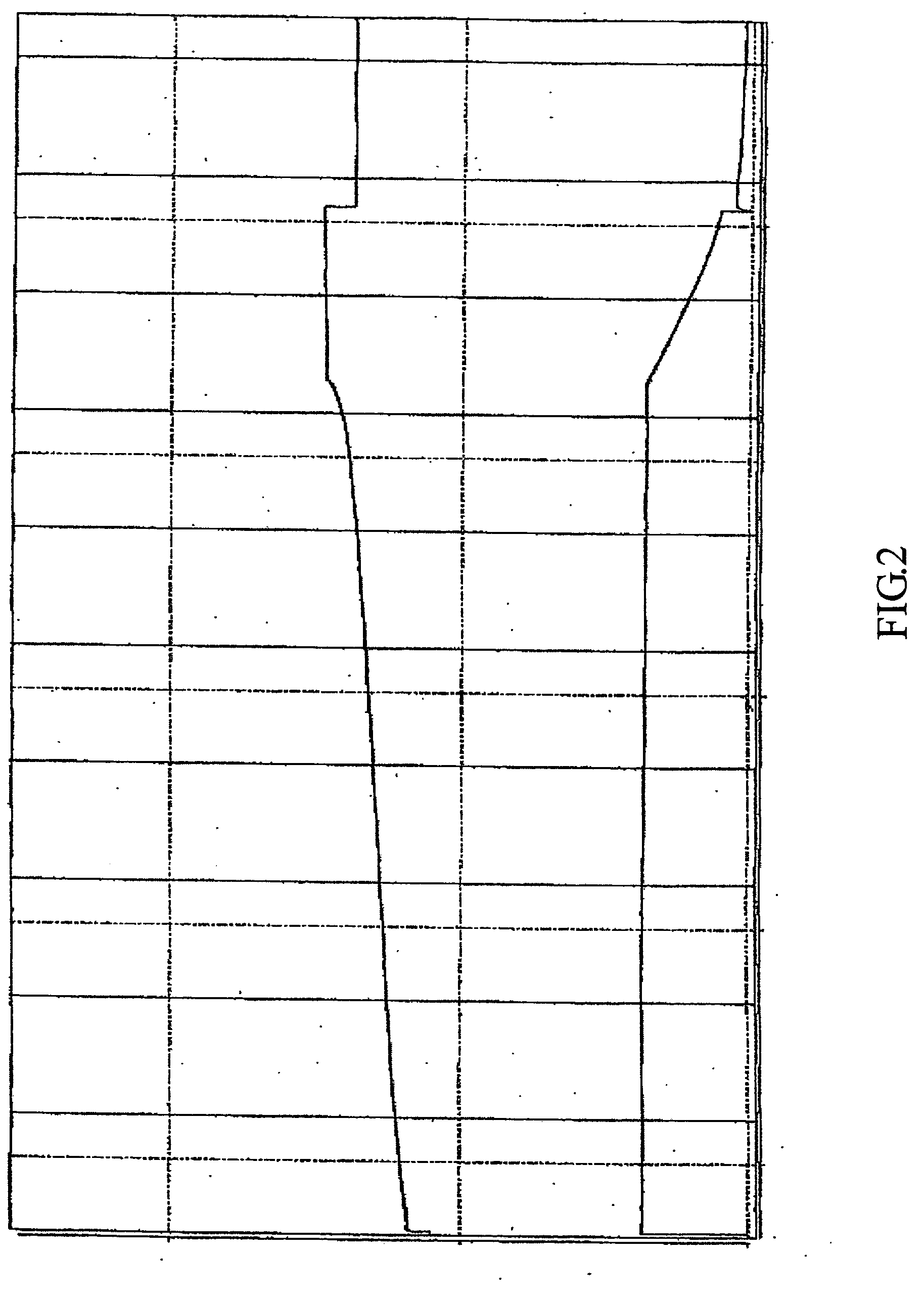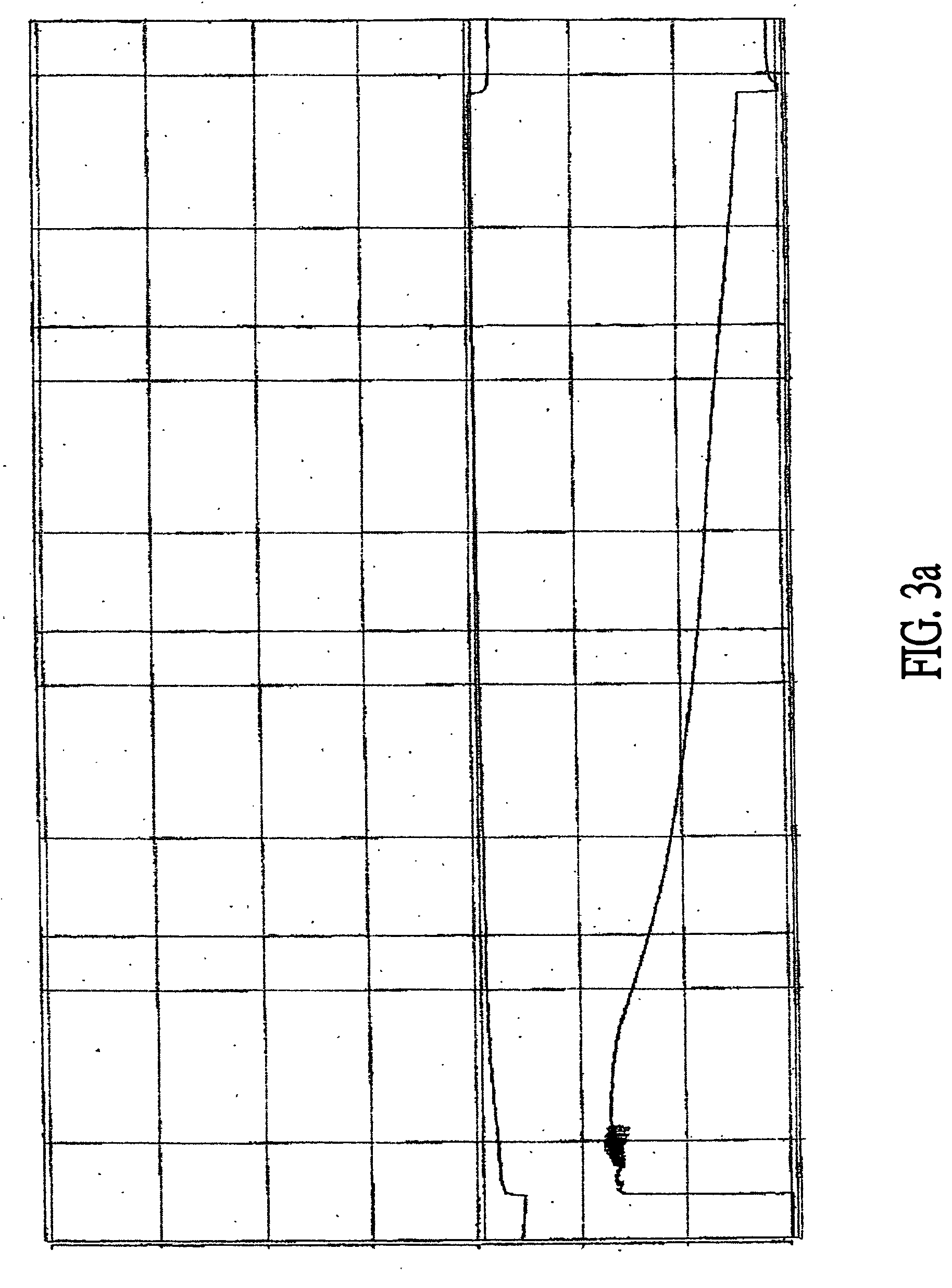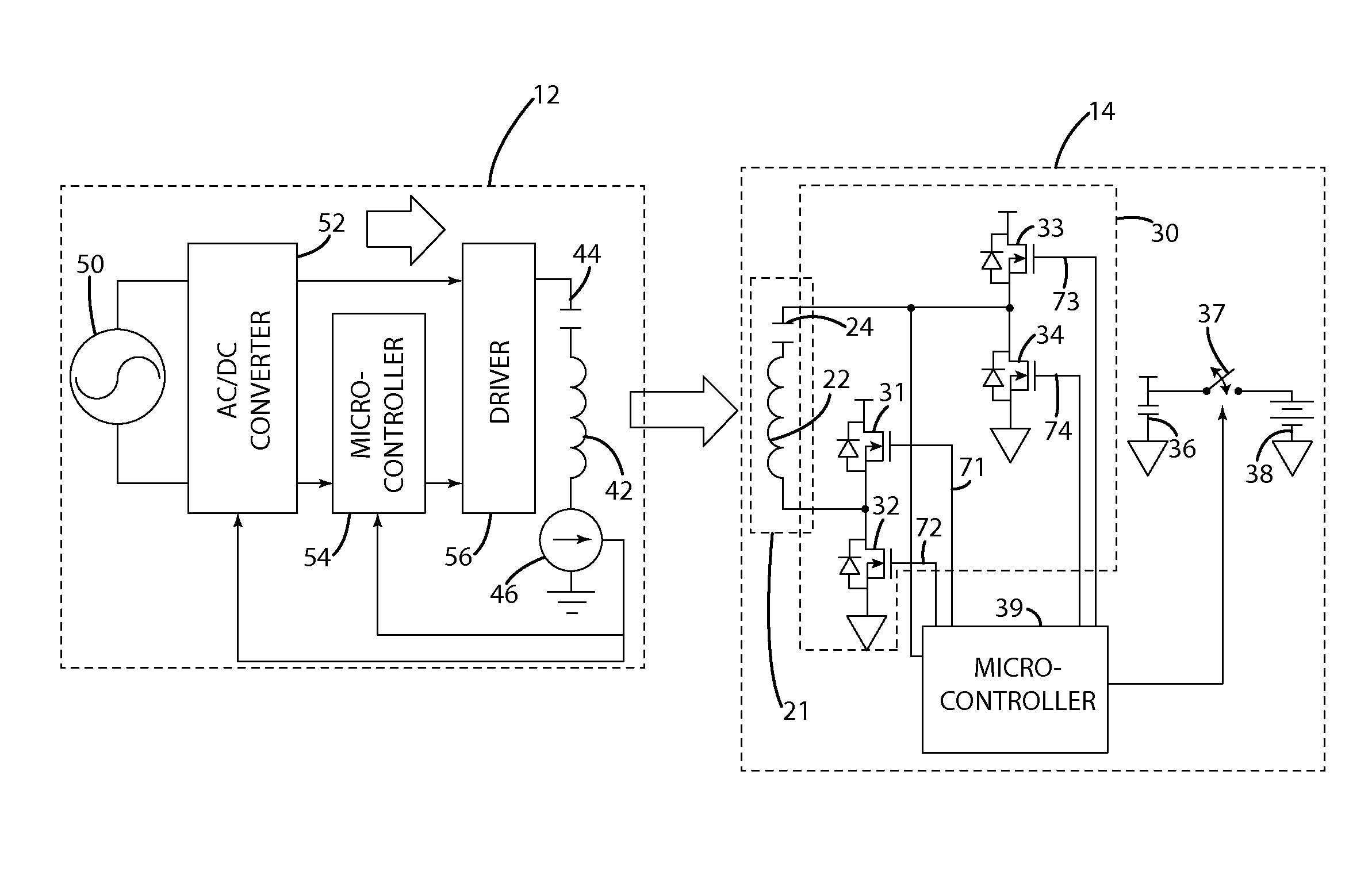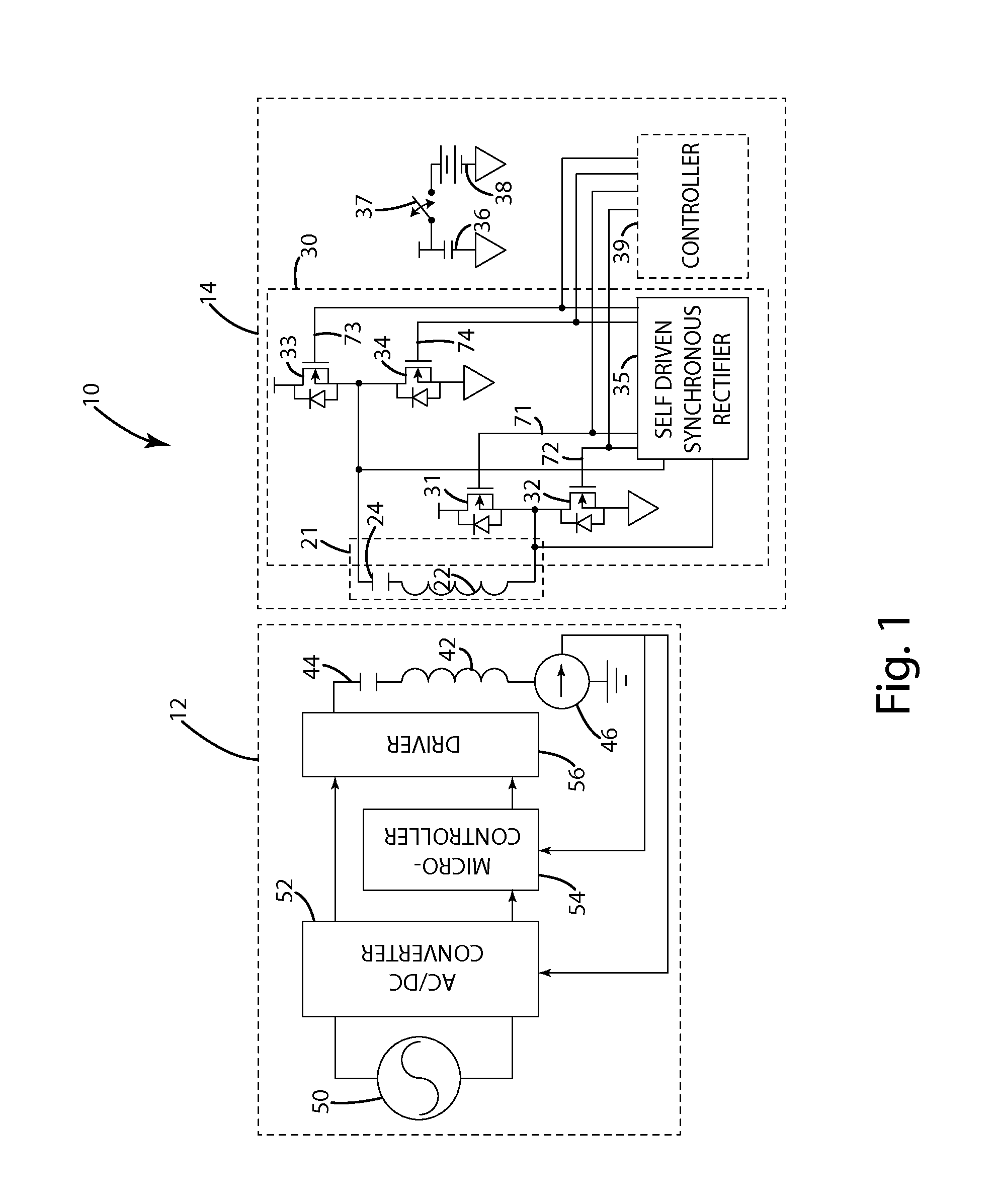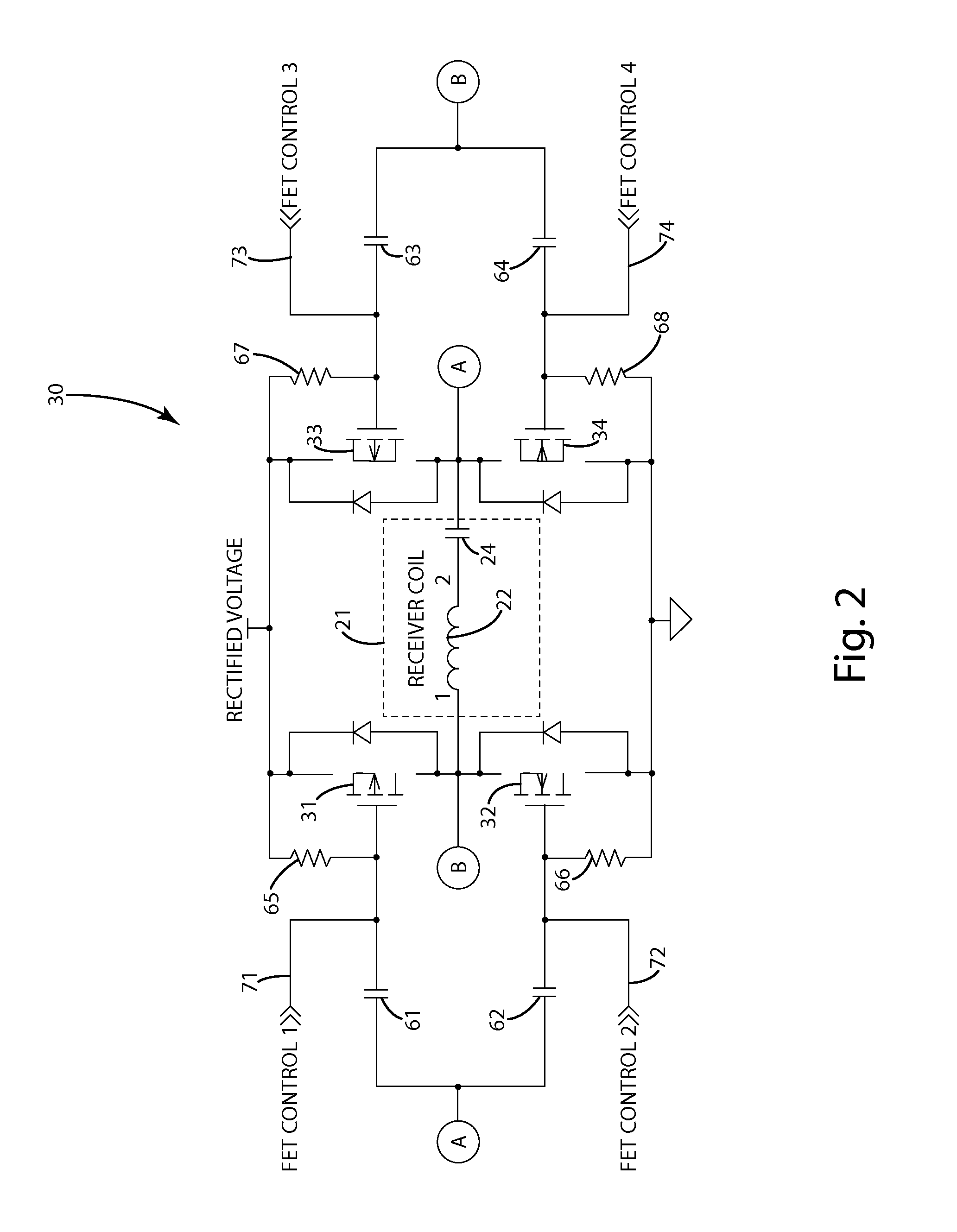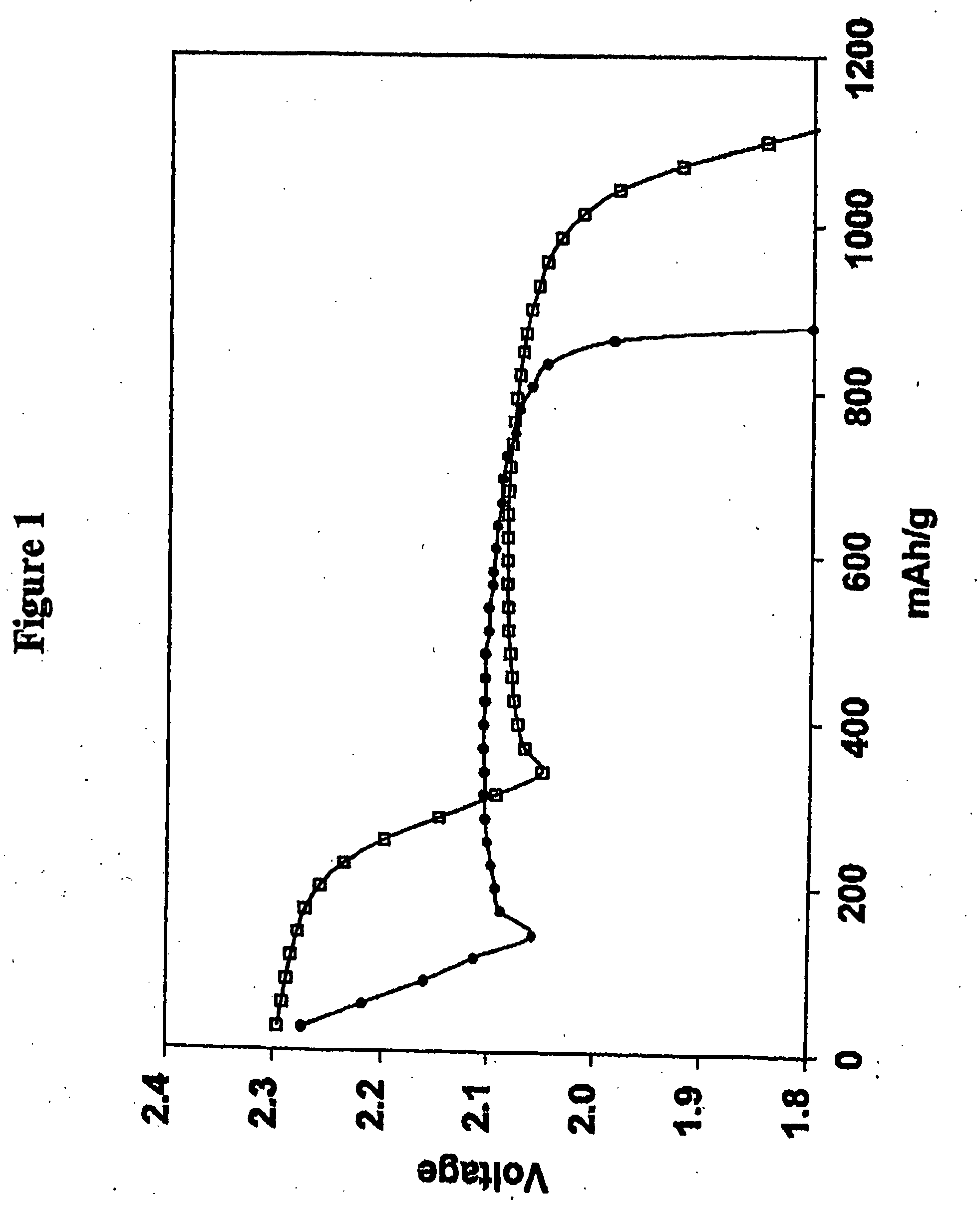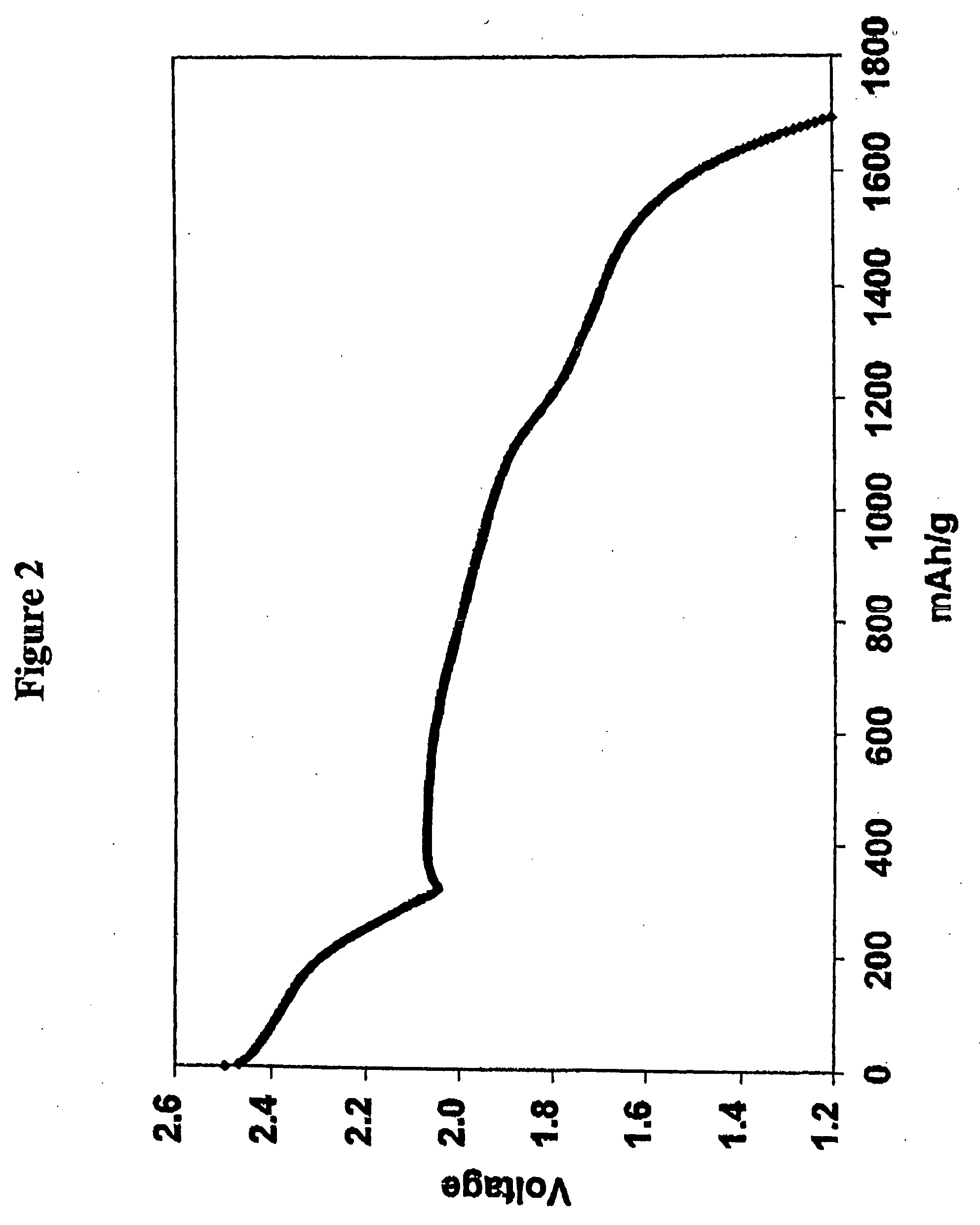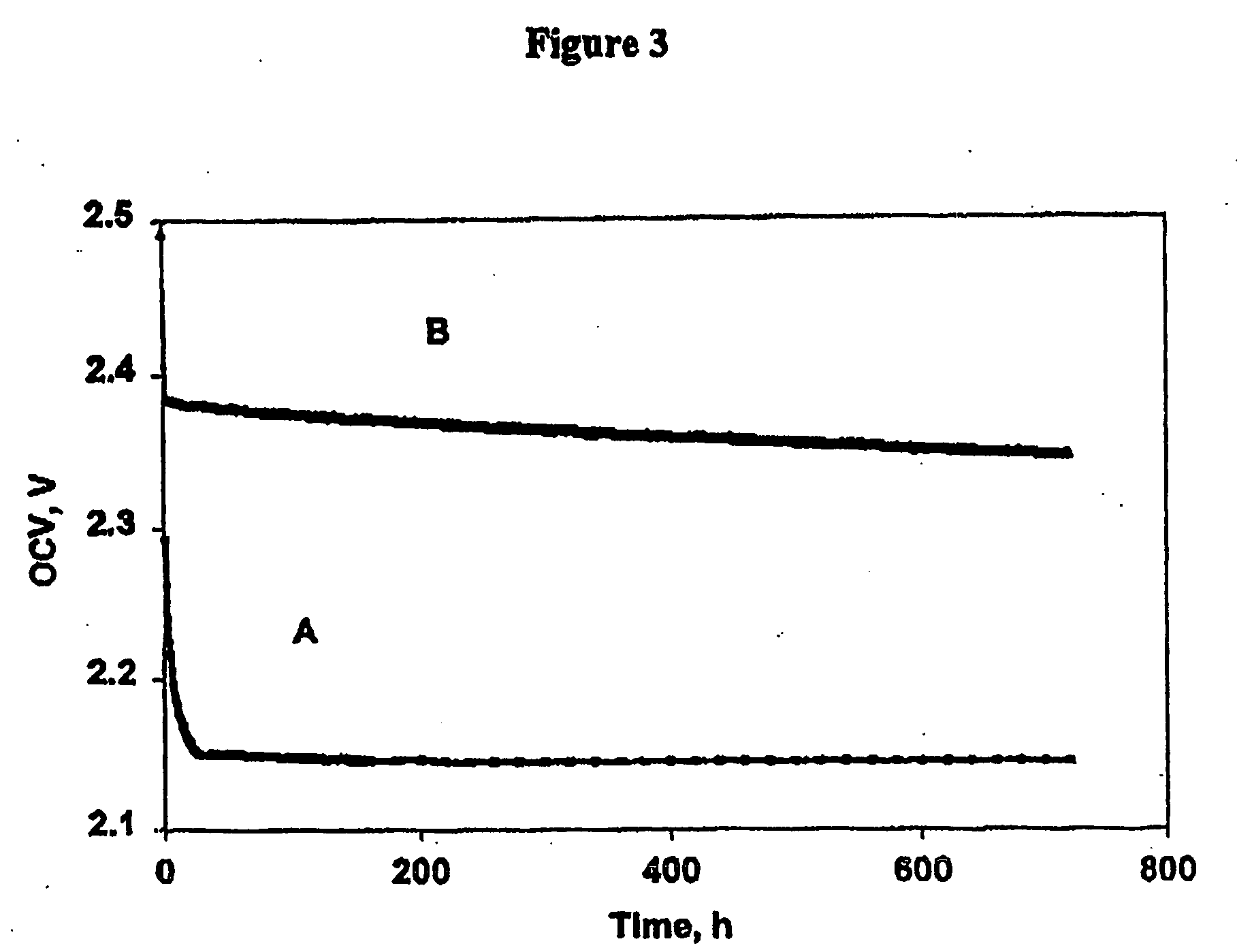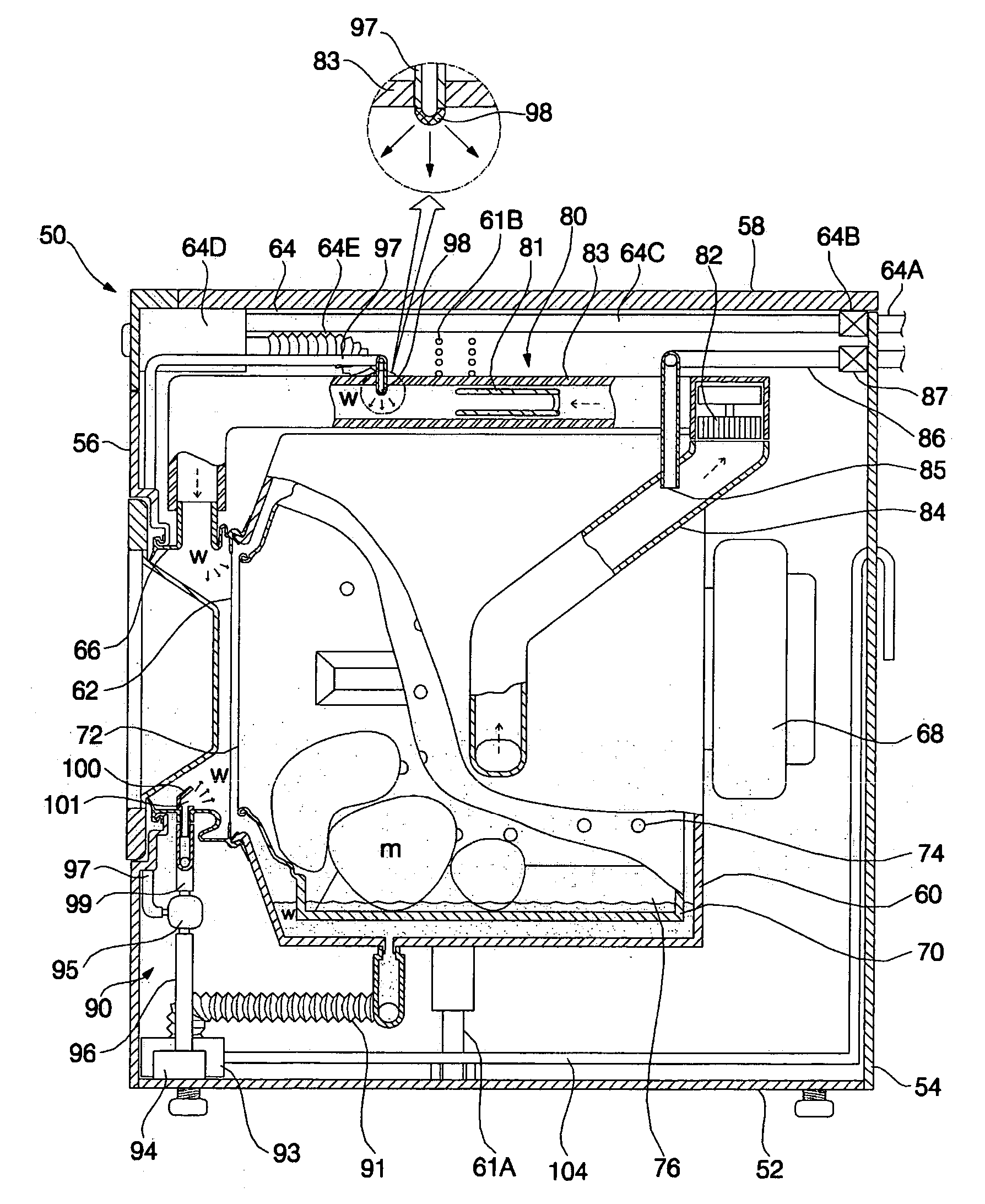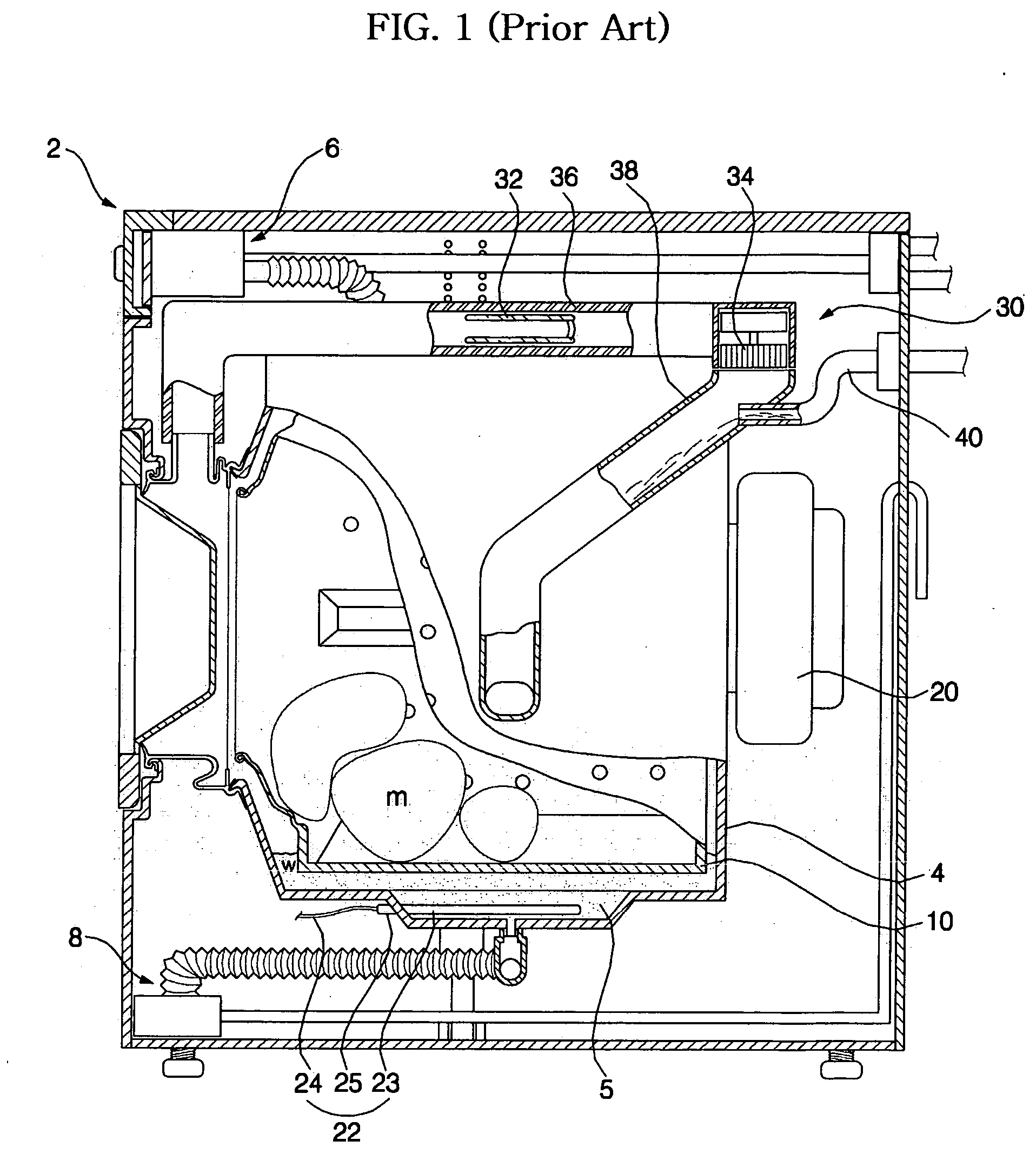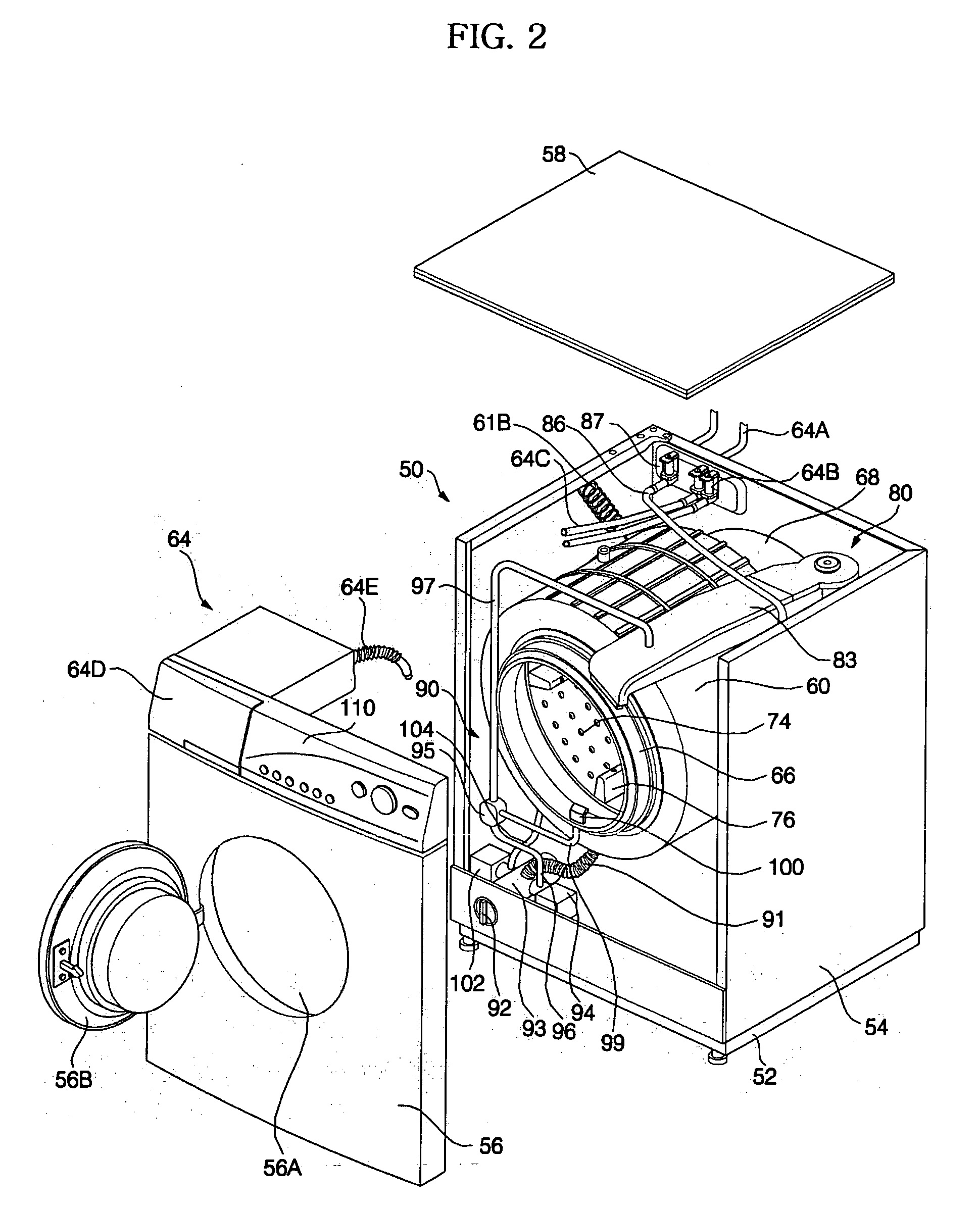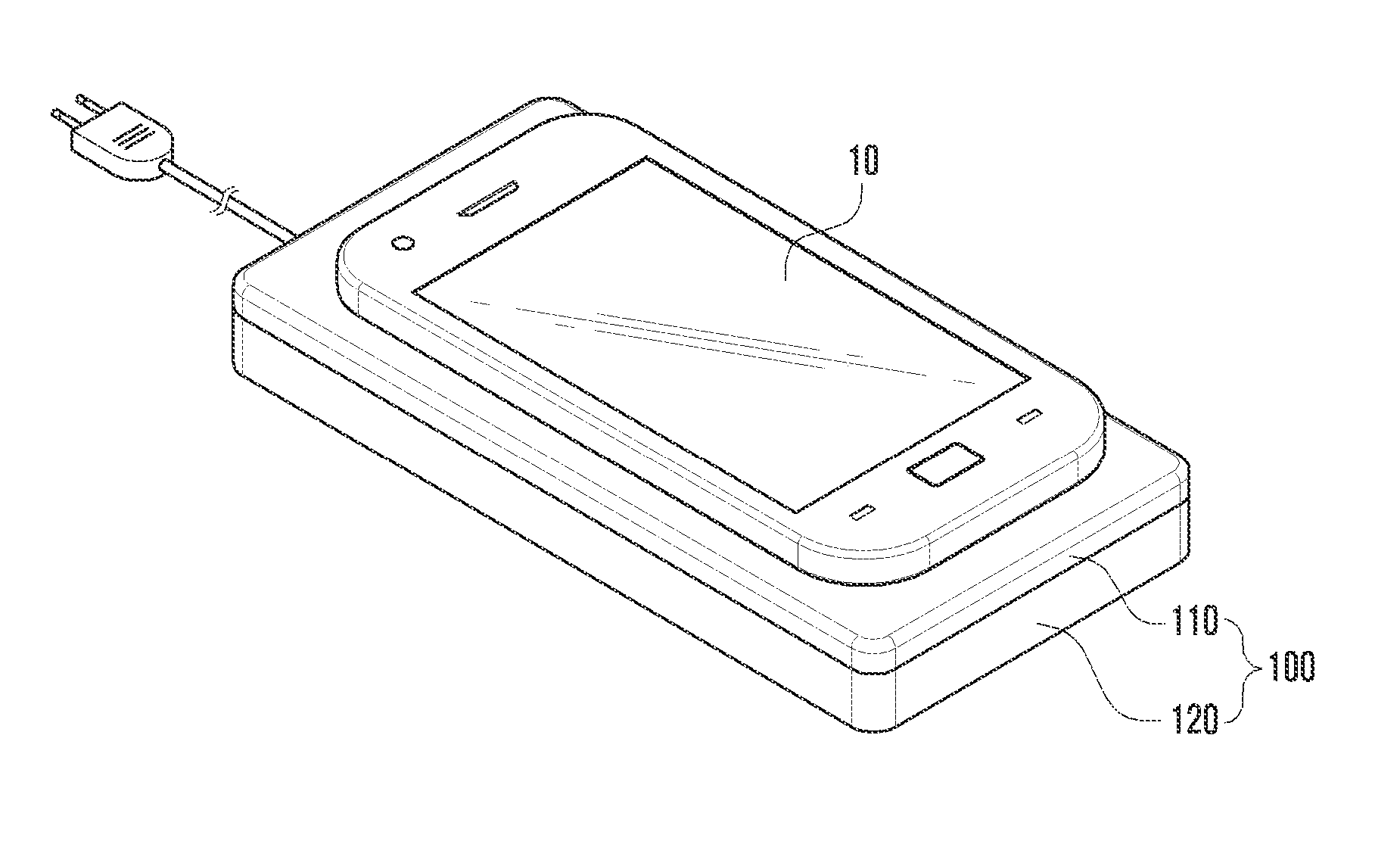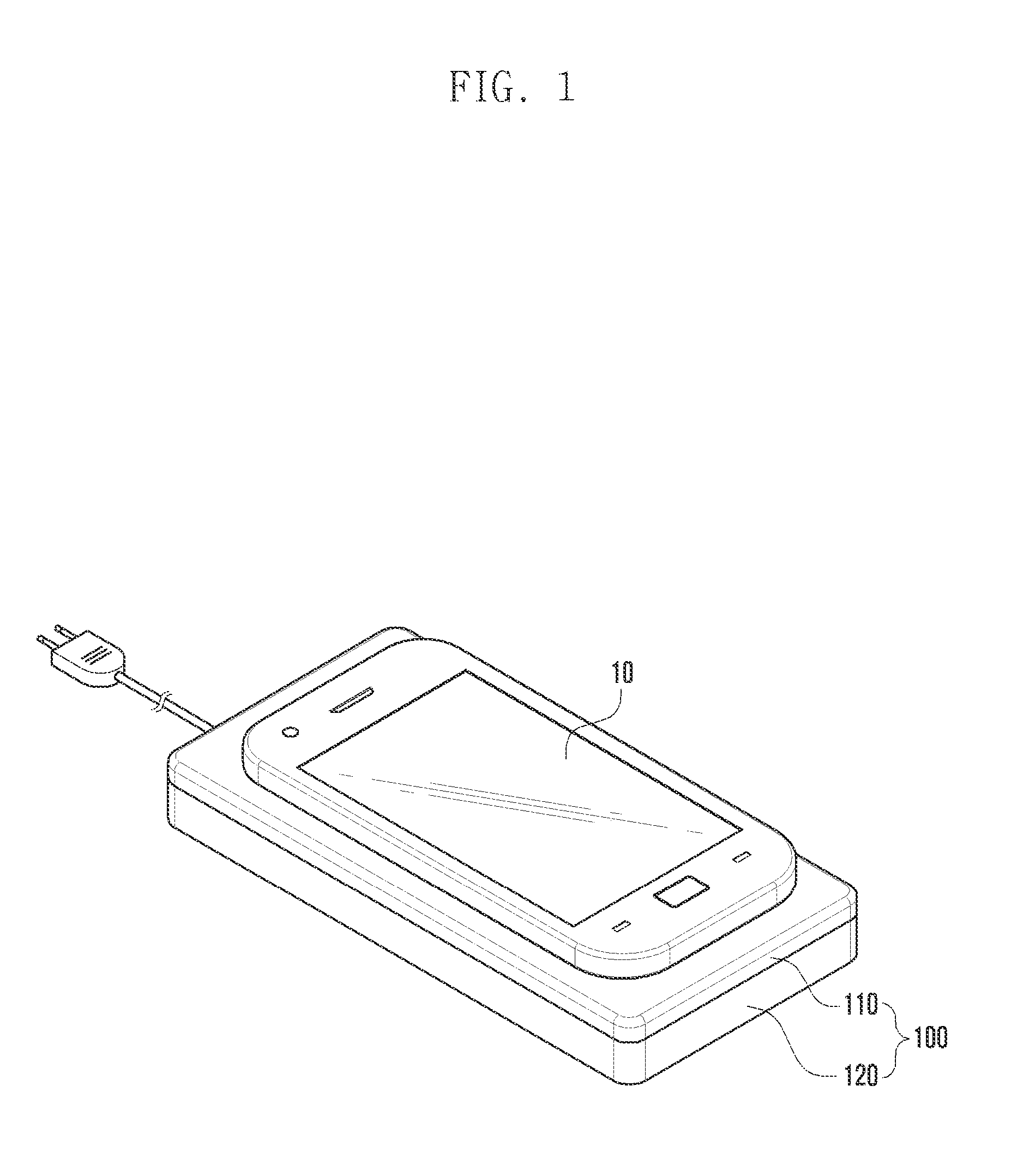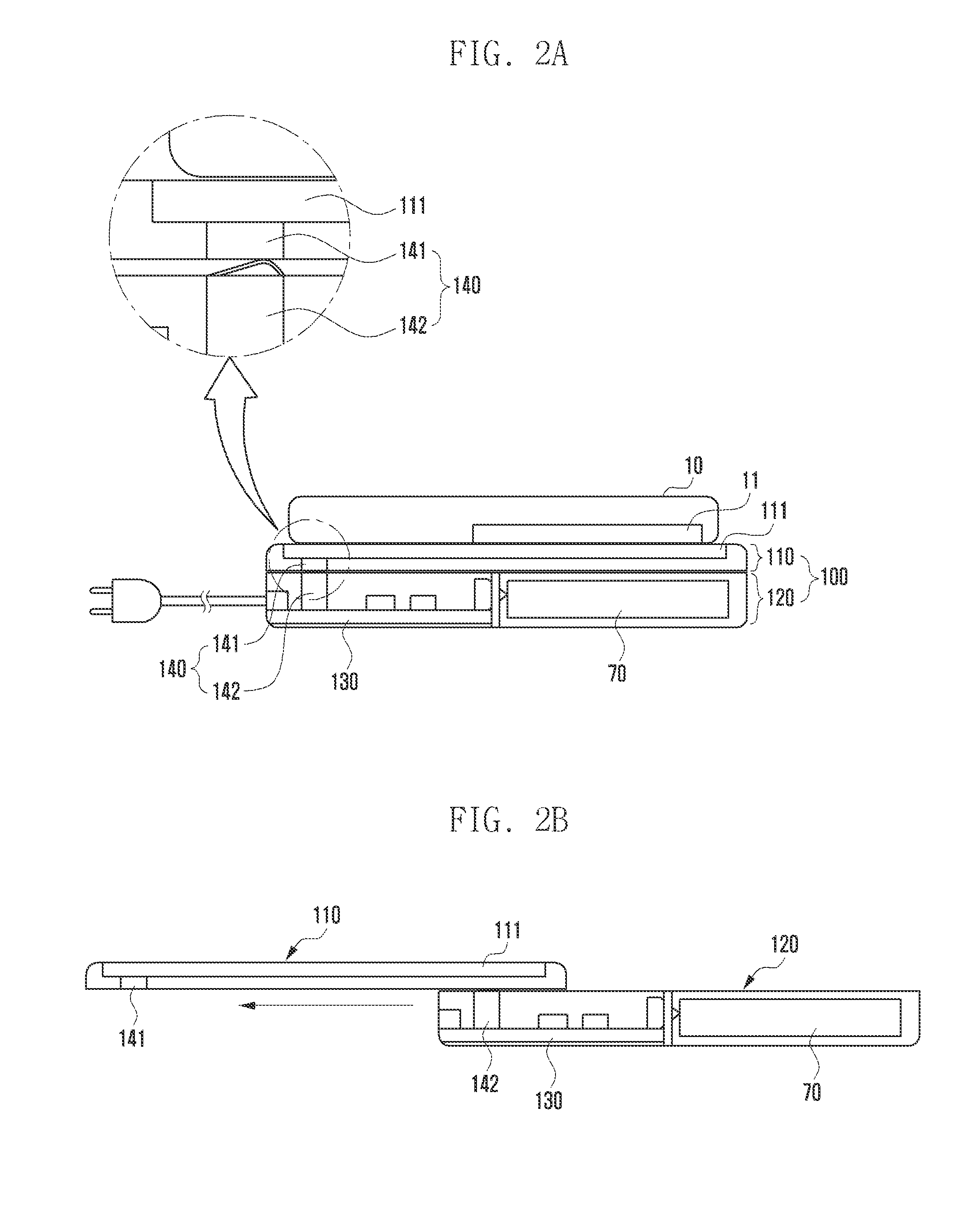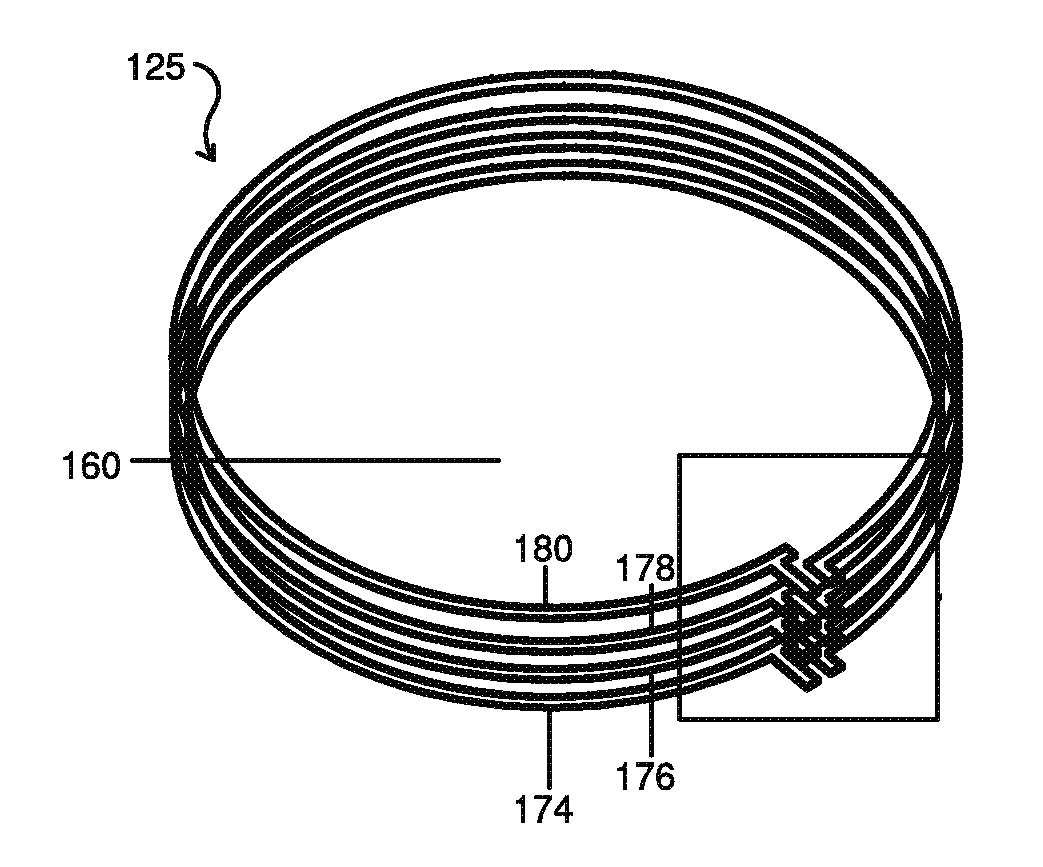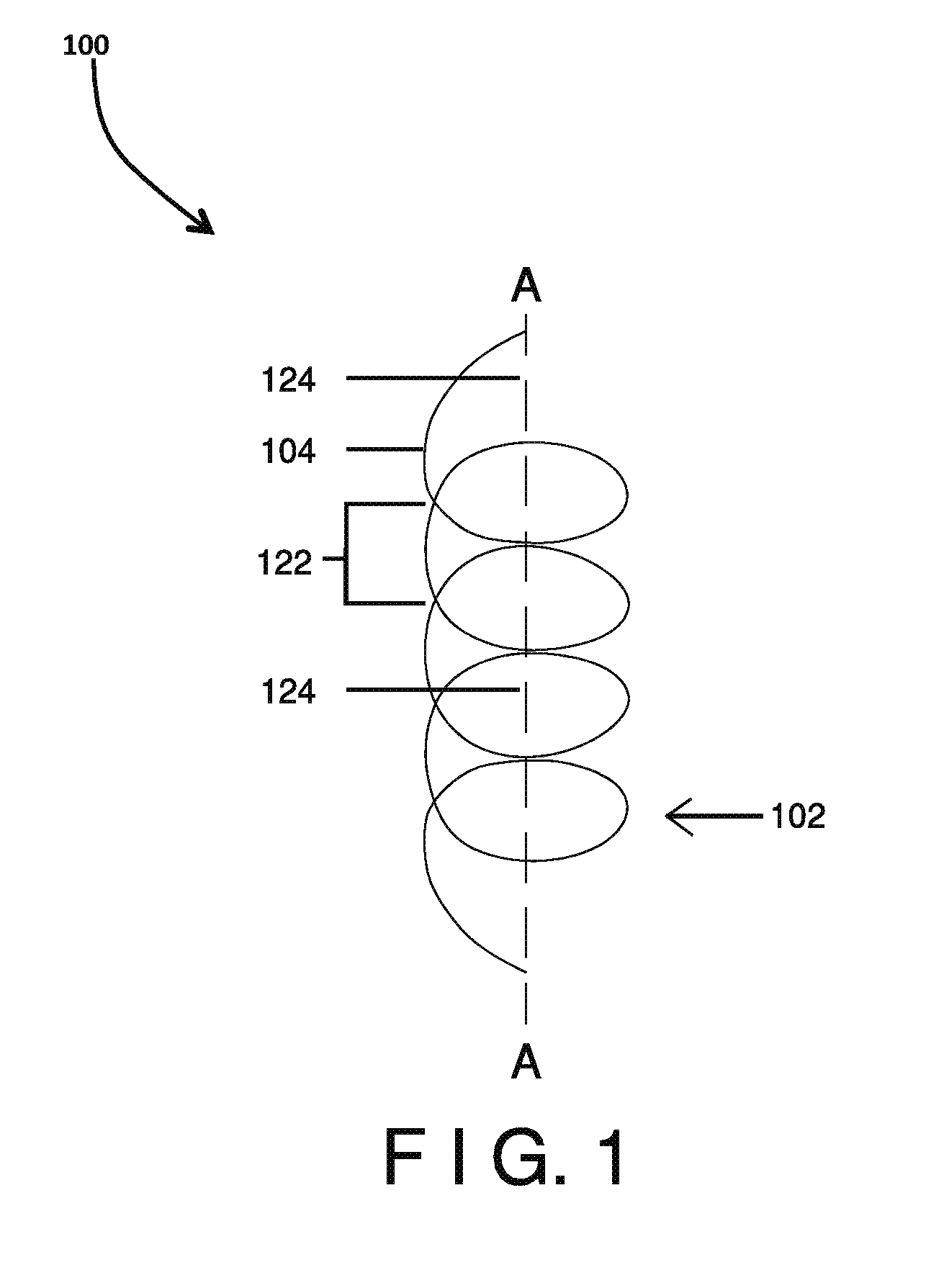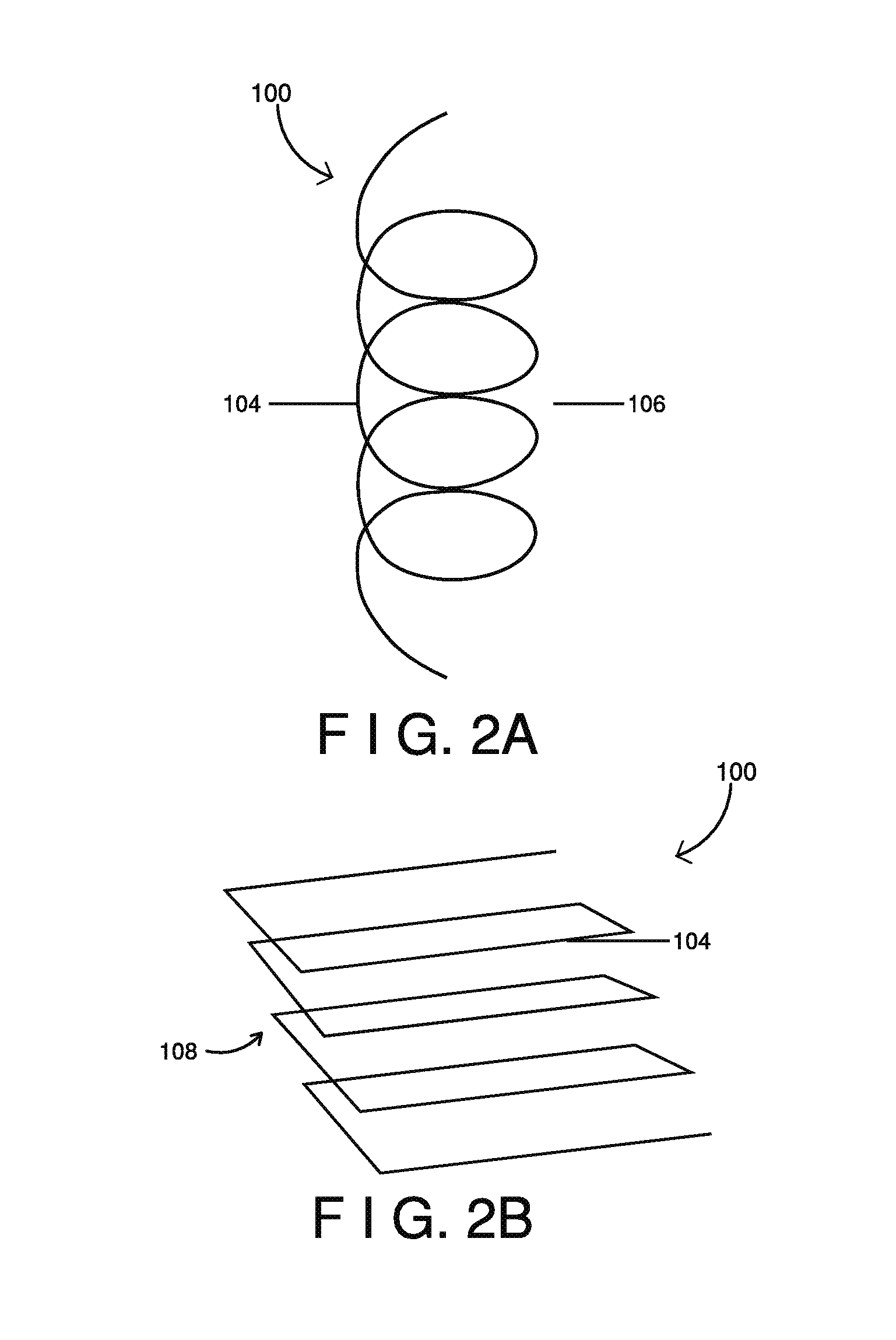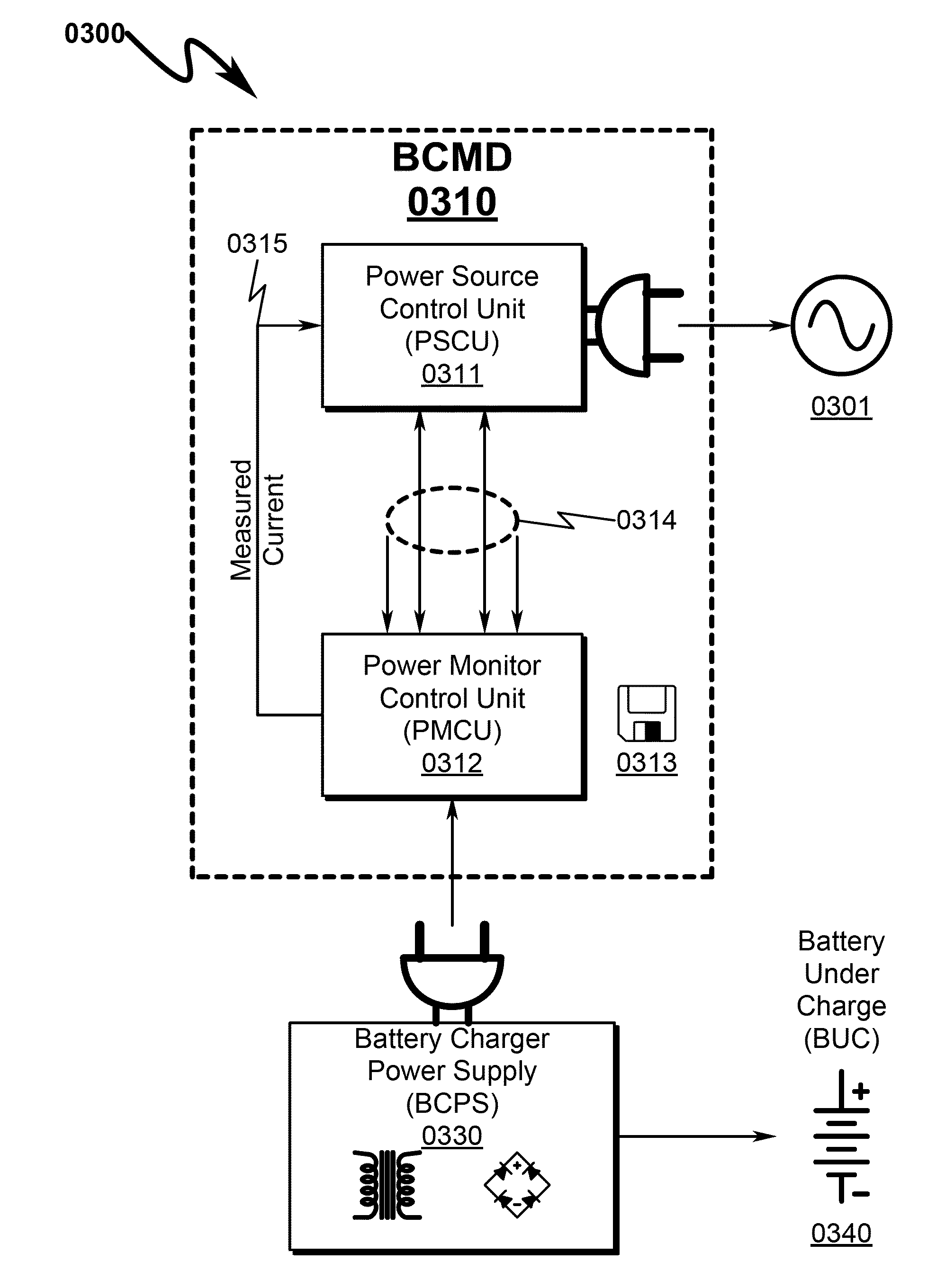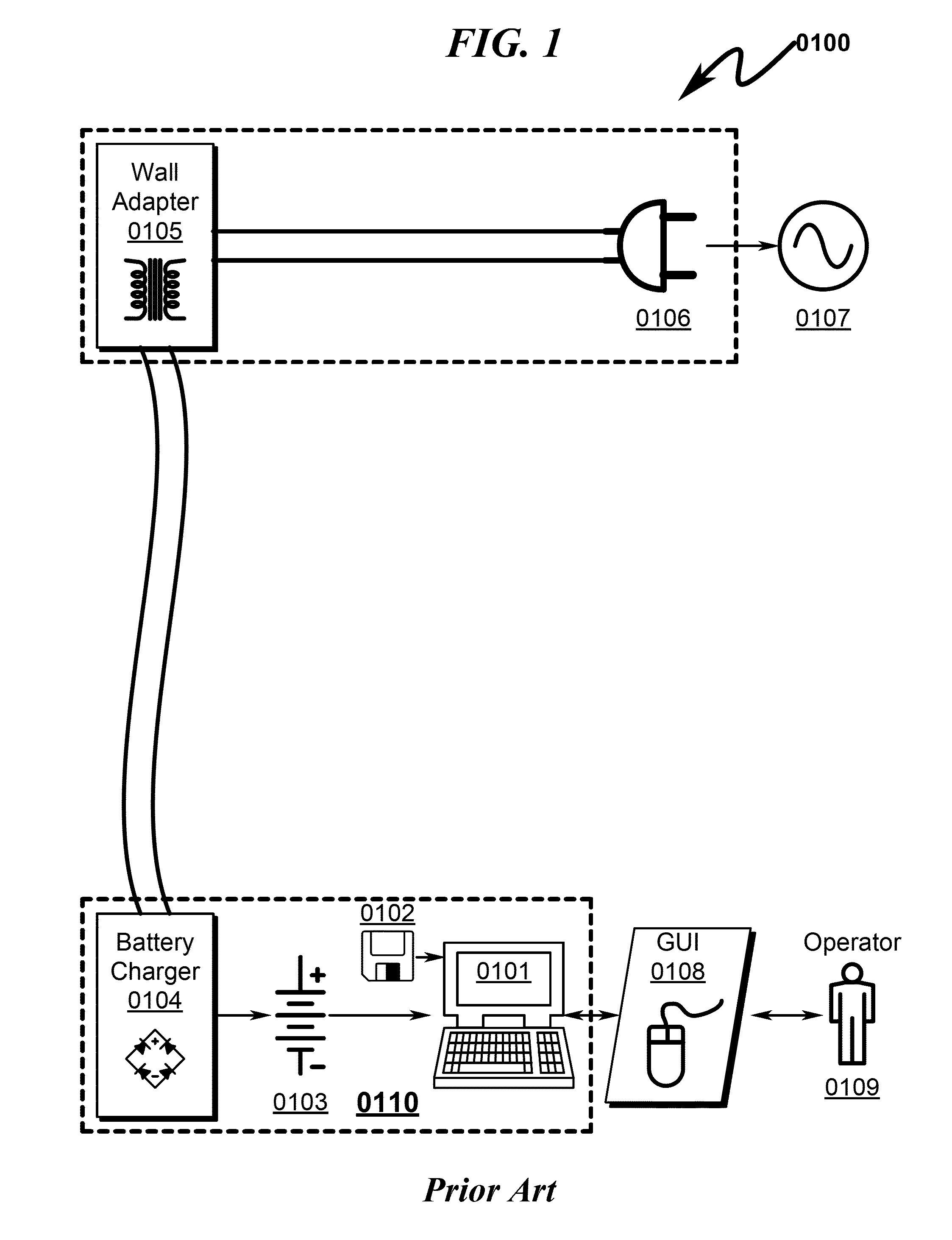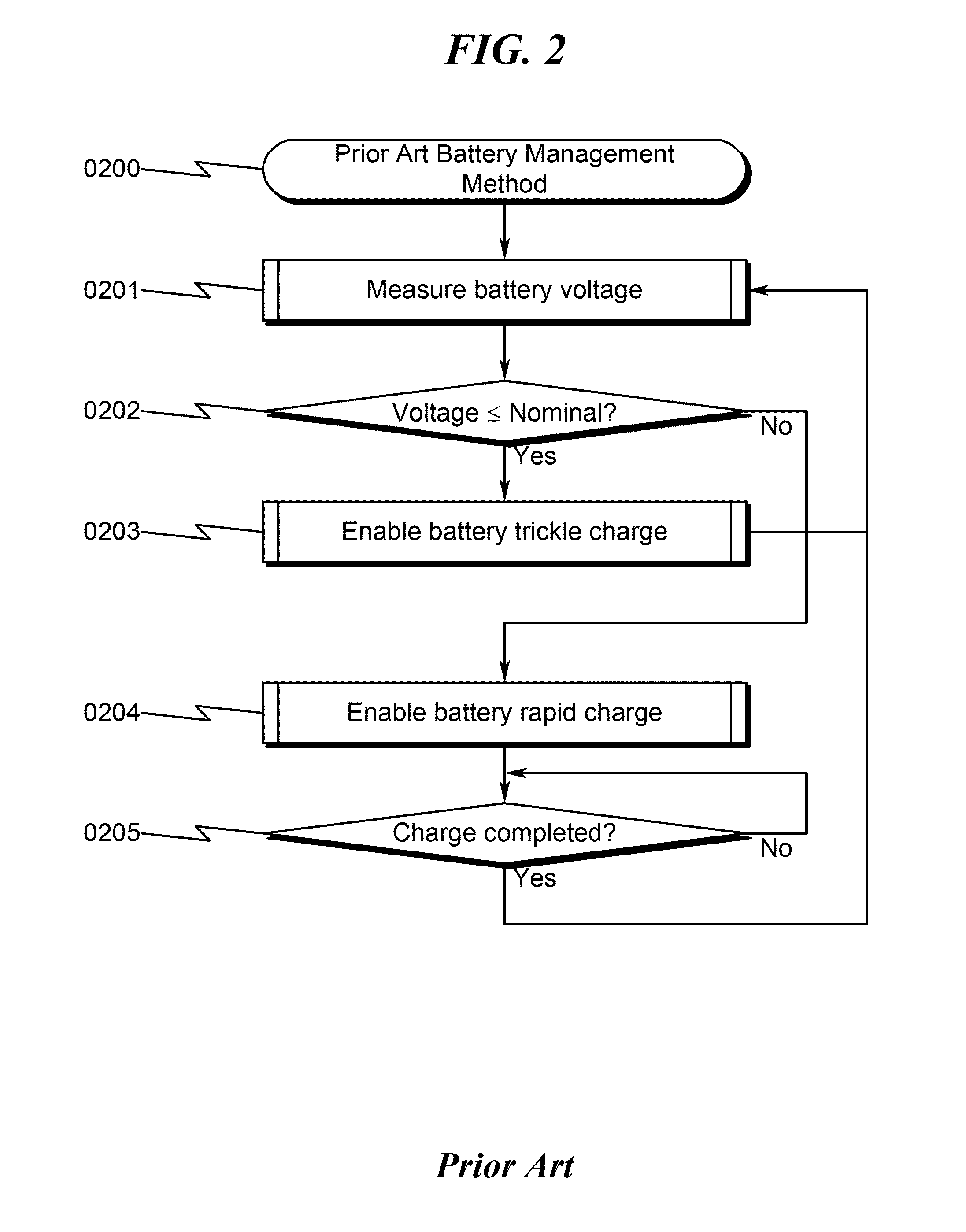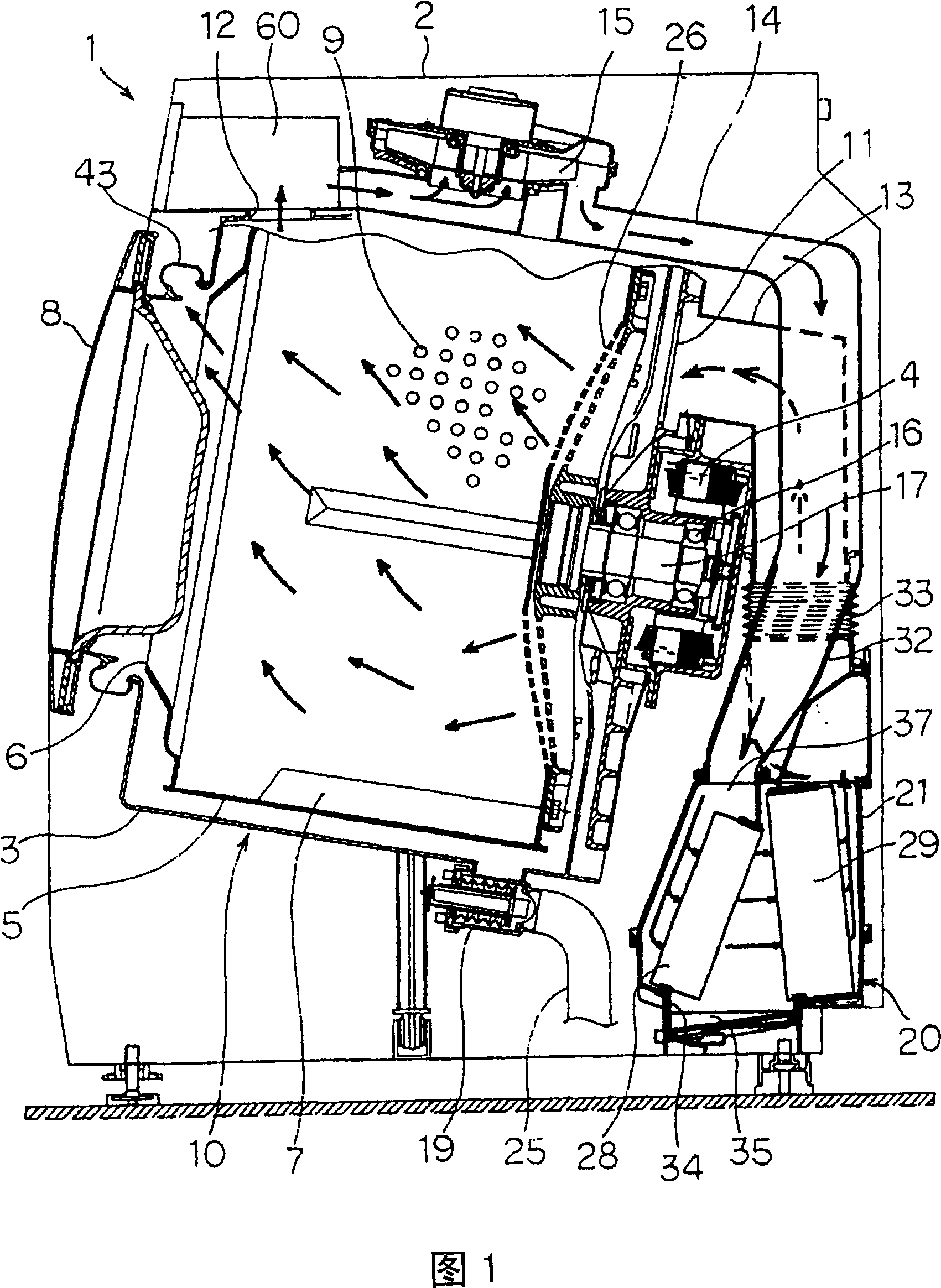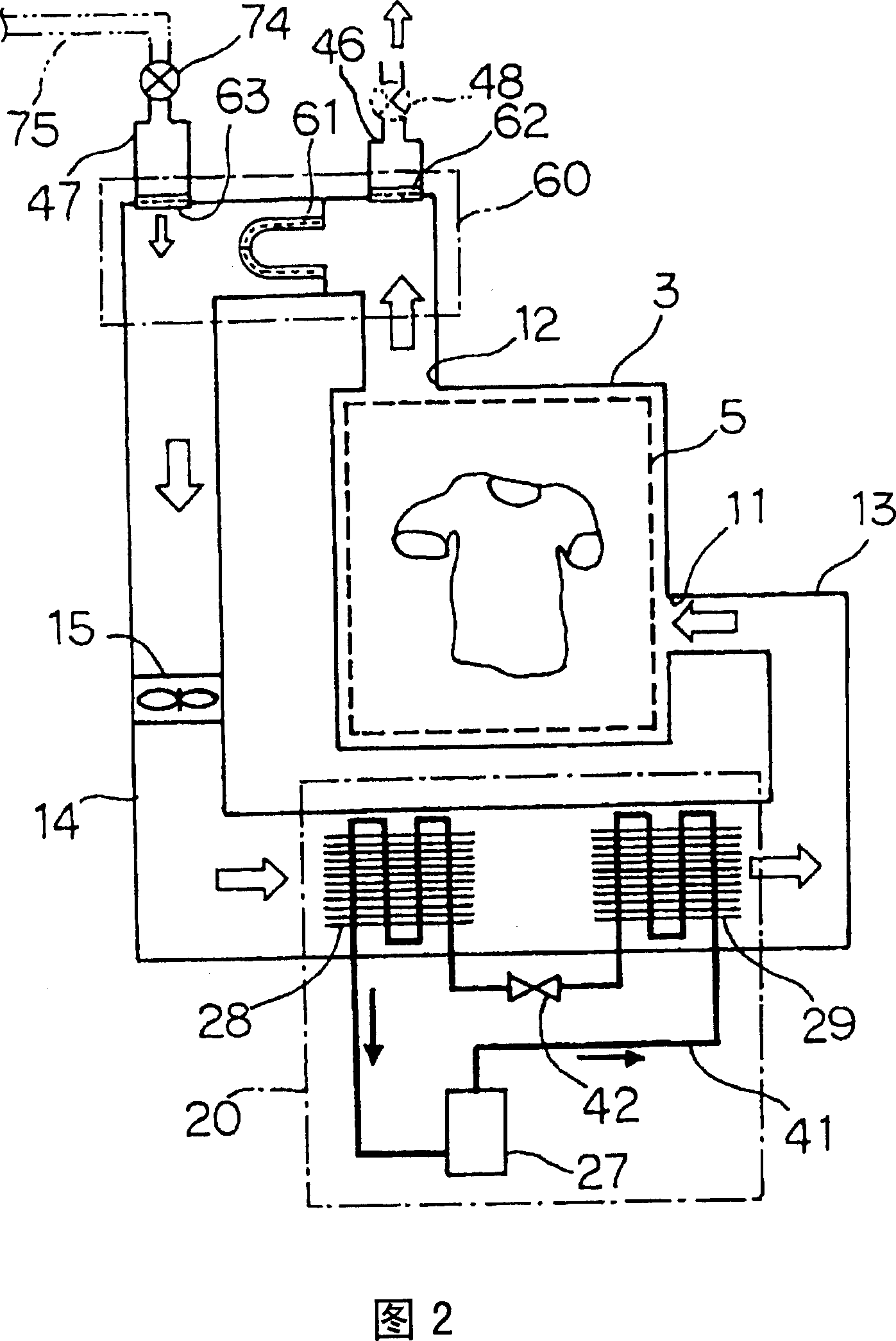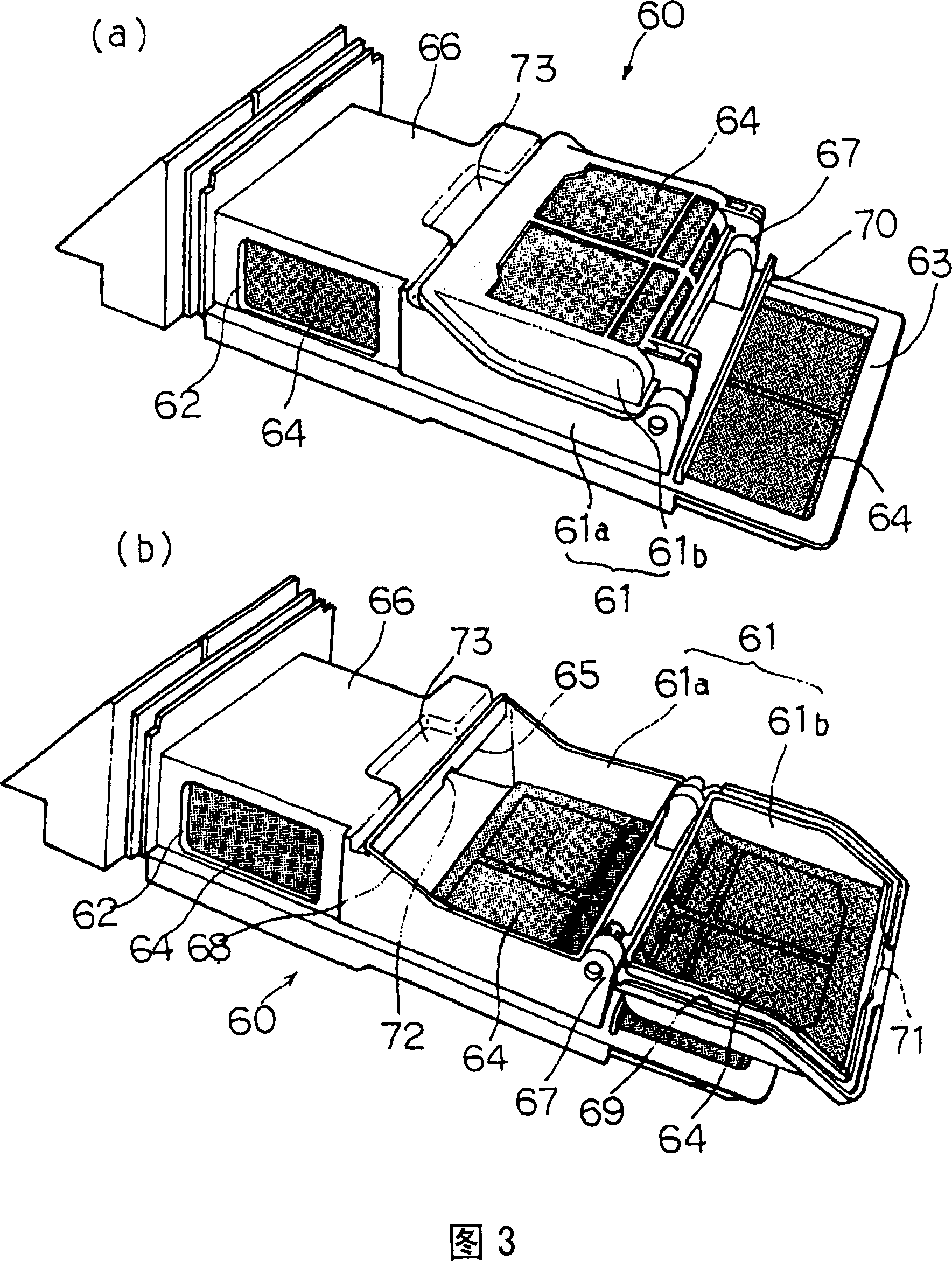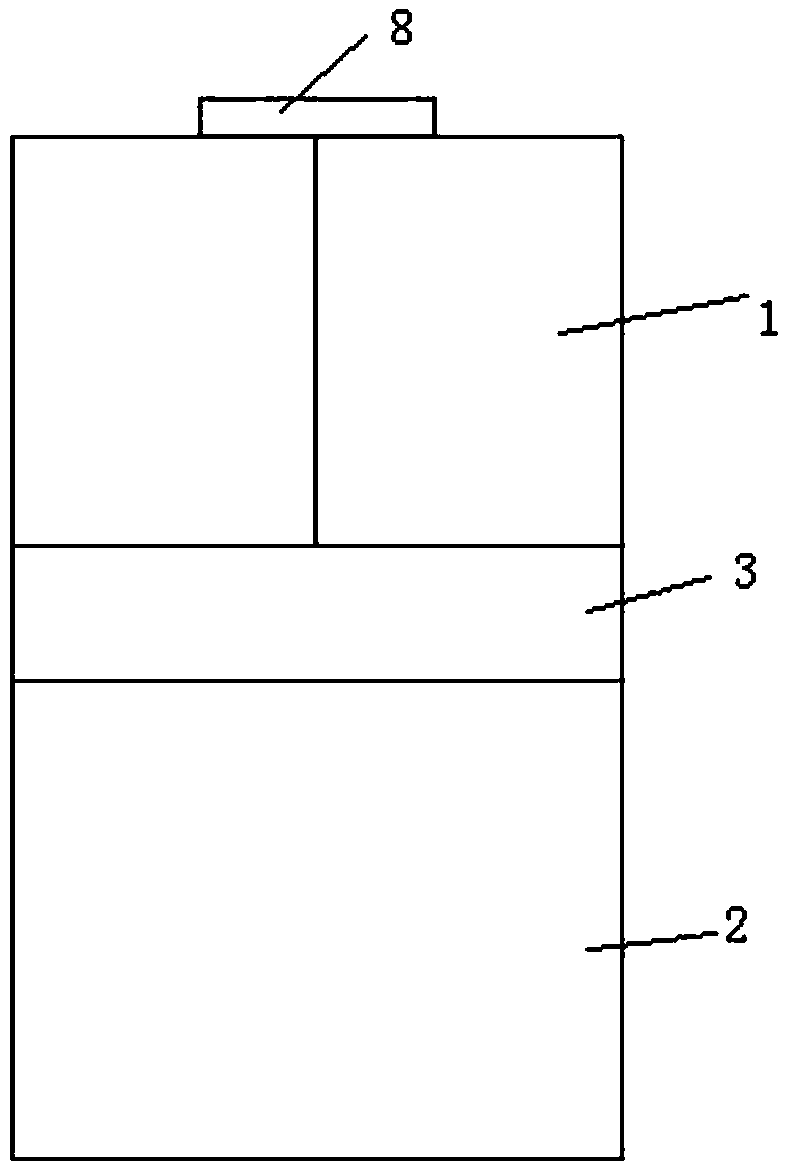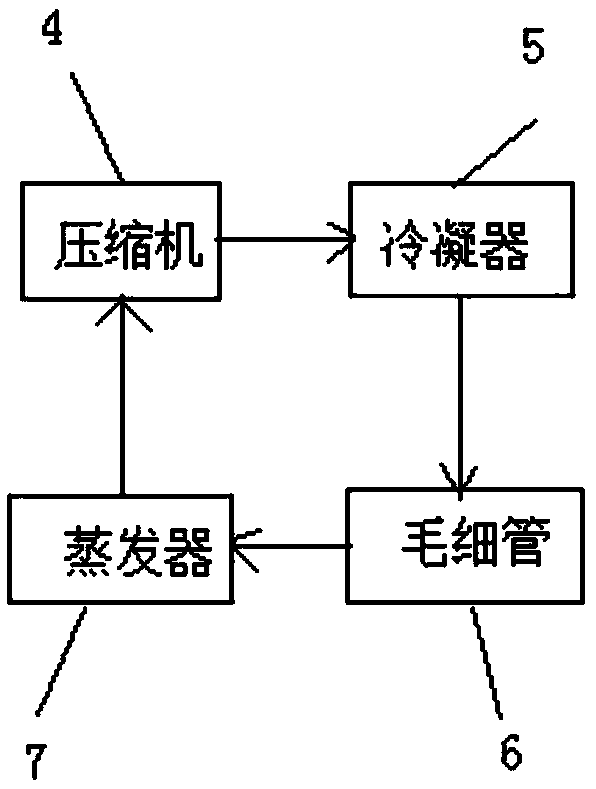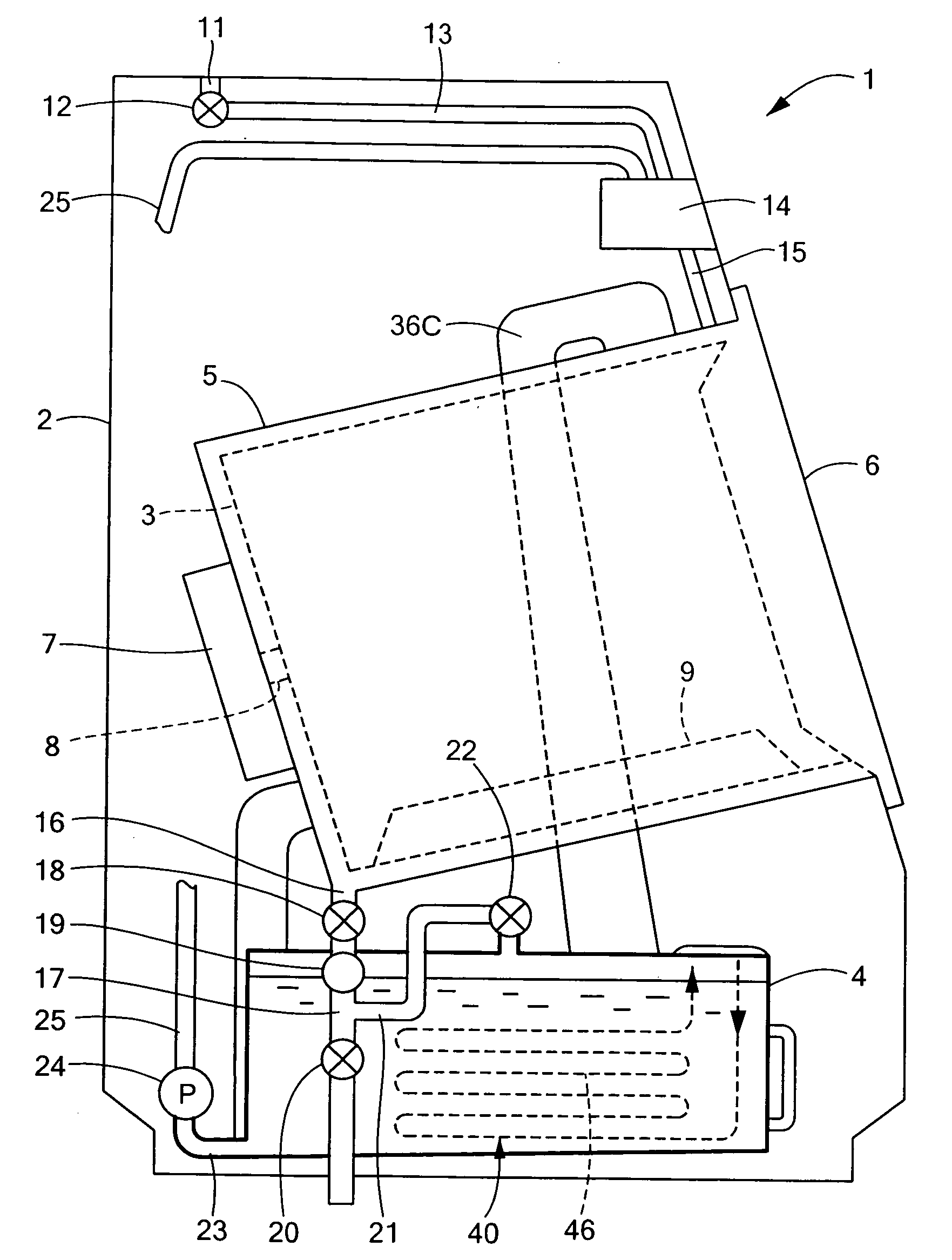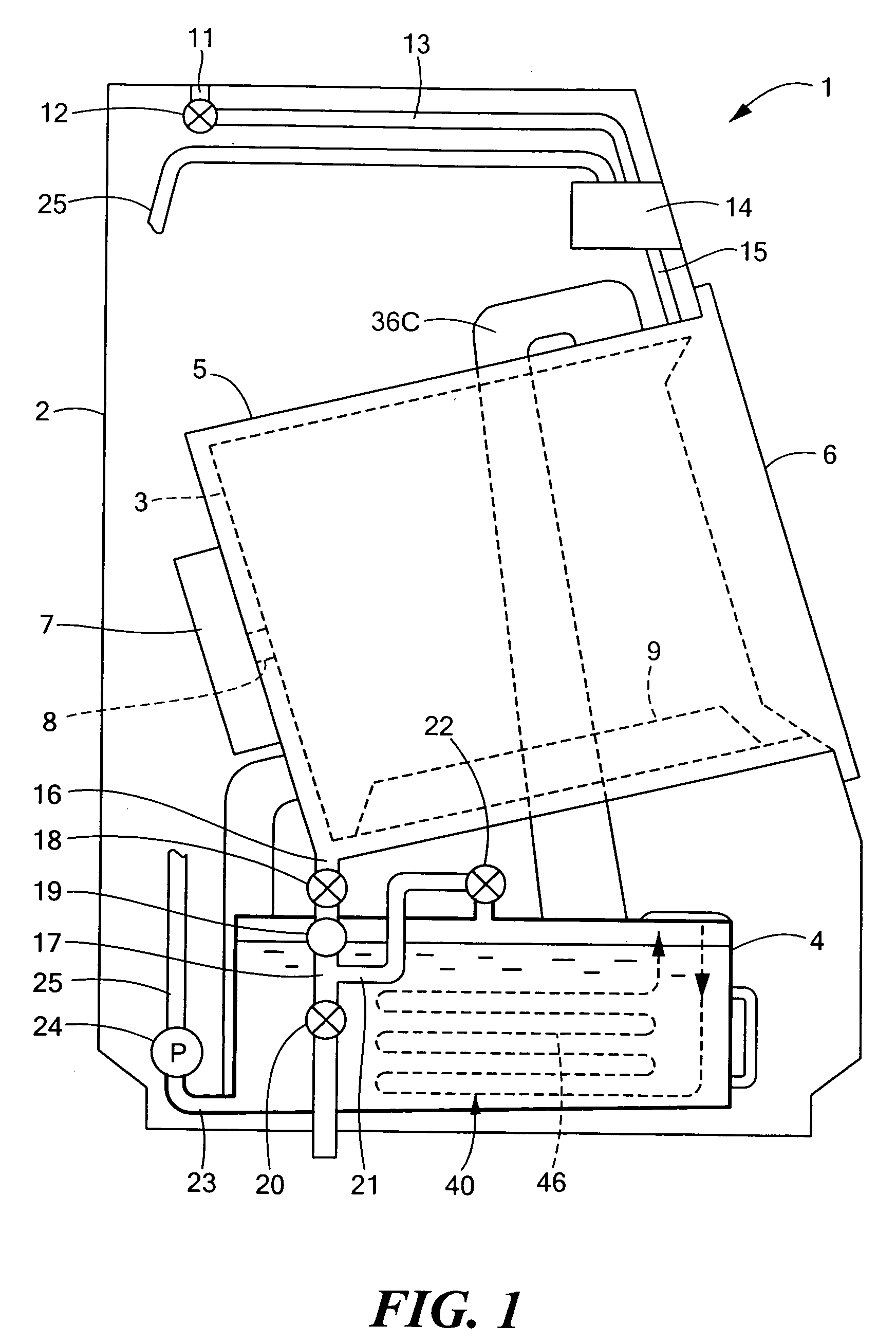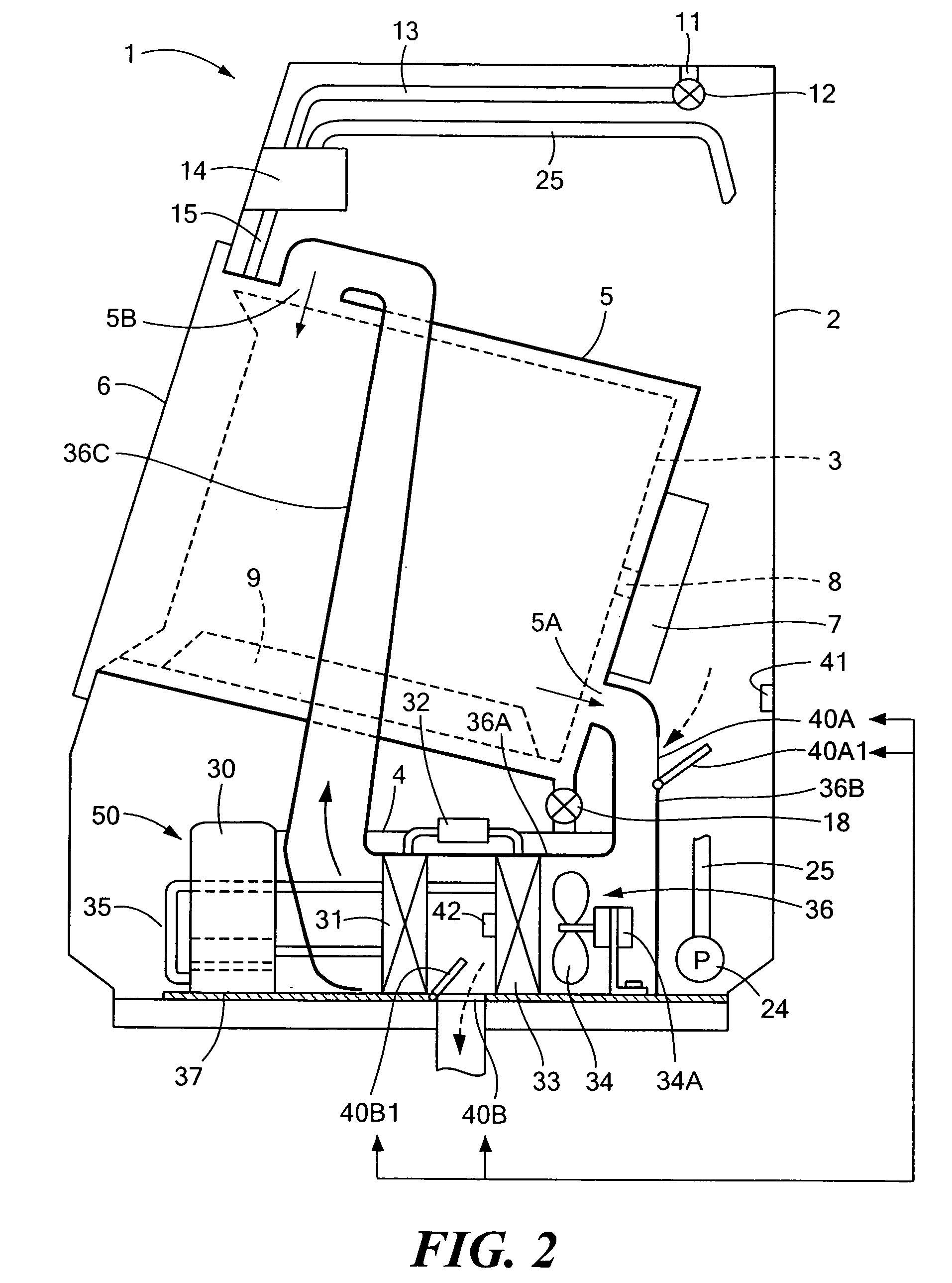Patents
Literature
Hiro is an intelligent assistant for R&D personnel, combined with Patent DNA, to facilitate innovative research.
9310results about "Home appliance efficiency improvement" patented technology
Efficacy Topic
Property
Owner
Technical Advancement
Application Domain
Technology Topic
Technology Field Word
Patent Country/Region
Patent Type
Patent Status
Application Year
Inventor
Wireless power receiver and control method thereof
Methods and apparatus are provided for controlling a wireless power receiver for wirelessly receiving power. A drive power for driving the wireless power receiver is received from a wireless power transmitter. A communication network is established with the wireless power transmitter. A wireless power network that is controlled by the wireless power transmitter is joined. A charge power is received from the wireless power transmitter.
Owner:SAMSUNG ELECTRONICS CO LTD
Battery pack having memory
InactiveUS6307349B1Reduce eliminateDecreasing the turn on potentialCircuit monitoring/indicationElectrical testingElectrical batteryCombined use
In an exemplary embodiment, a battery conditioning system monitors battery conditioning and includes a memory for storing data based thereon; for example, data may be stored representative of available battery capacity as measured during a deep discharge cycle. With a microprocessor monitoring battery operation of a portable unit, a measure of remaining battery capacity can be calculated and displayed. Where the microprocessor and battery conditioning system memory are permanently secured to the battery so as to receive operating power therefrom during storage and handling, the performance of a given battery in actual use can be accurately judged since the battery system can itself maintain a count of accumulated hours of use and other relevant parameters. In the case of a nonportable conditioning system, two-way communication may be established with a memory associated with the portable unit so that the portable unit can transmit to the conditioning system information concerning battery parameters (e.g. rated battery capacity) and / or battery usage (e.g. numbers of shallow discharge and recharge cycles), and after a conditioning operation, the conditioning system can transmit to the portable unit a measured value of battery capacity, for example. A battery pack having memory stores battery history and identifying data to be retrieved by a portable battery powered device. Battery status information may be utilized in conjunction with characteristic battery history data in order to optimize charging and discharging functions and to maximize the useful life of a battery pack.
Owner:INTERMEC
Method and apparatus for charging batteries
InactiveUS6037751AEfficient chargingLow charge acceptanceBatteries circuit arrangementsLead-acid accumulatorsCharge currentCurrent voltage
A method and apparatus for efficiently charging lead-acid batteries applies small voltage steps to probe the charging efficiency of a battery being charged. The application of a voltage step causes the current to change from a base current to a surge current immediately after the voltage step, and to decay asymptotically to a plateau current after the surge current. A current ratio, defined as the difference between the plateau current and the base current divided by the difference between the surge current and the base current, is used as an indicator of the charging efficiency. The output voltage of the power supply charging the battery is then adjusted according to the measured current ratio. A current-voltage slope, defined as the difference between the plateau current and the base current divided by the magnitude of the voltage step, may also be used as an indicator of the charging efficiency for controlling the charging process. Alternatively, in a current-controlled charging process, small current steps are used to probe the charging efficiency. For a current step, the induced voltage changes are measured, and a transient-plateau voltage ratio is calculated. The charging current is then adjusted according to the calculated voltage ratio.
Owner:MIDTRONICS
Method and apparatus for efficiency compliance in wireless charging systems
A method and system for efficiency compliance in a wireless battery charging system includes a wireless power source that provides a wireless charging power signal to devices in proximity to the wireless power source. The devices have a receiving coil to receive electrical energy from the wireless charging power signal, and they communicate battery charging metrics to the wireless power source. The wireless power source uses the battery charging metrics to determine a predicted system efficiency to charge the devices over a period of time, and when the predicted efficiency is below an efficiency standard, the wireless power source undertakes an action to improve system efficiency.
Owner:MOTOROLA SOLUTIONS INC
Wireless power receiver for increased charging efficiency
A wireless power receiver for receiving charging power from a wireless power transmitter includes a power reception unit configured to receive the charging power, a rectification unit configured to rectify charging power provided by the power reception unit, and output charging power in a form of Direct Current (DC), a charging unit configured to store charging power, and a power processing Integrated Chip (IC) configured to convert a voltage of the output rectified charging power, into at least one voltage, that an operation of the wireless power receiver requires, and output power having the at least one voltage. Accordingly, charging efficiency is increased.
Owner:SAMSUNG ELECTRONICS CO LTD
Electronic apparatus, charging control method, charging system, and data transmission system
ActiveUS20140245036A1Efficient chargingMaintain charging efficiencyCircuit monitoring/indicationNear-field systems using receiversElectrical batteryCharge control
Even in a state in which the remaining capacity of a battery decreases, an apparatus operation is appropriately executed while charging efficiency of the battery is maintained.A processing unit 103 has a first operation mode in which an operation is enabled using only external power from a feeding device 120 and a second operation mode in which the operation is enabled by feeding from a battery 102 in addition to the external power from the feeding device 120. When the remaining capacity of the battery 102 is sufficient, the processing unit 103 executes an apparatus operation in the second operation mode. However, when the remaining capacity of the battery 102 decreases, the processing unit 103 changes an operation mode to the first operation mode and executes charging of the battery 102 while continuously executing the apparatus operation.
Owner:SONY CORP
Energy efficient and fast charge modes of a rechargeable battery
InactiveUS20100289457A1Easy to operateLower average currentBatteries circuit arrangementsElectric powerRechargeable cellState of charge
A method of providing power to an electronic device in an energy-efficient manner includes transitioning between power states corresponding to charging and discharging a battery. The state of charge of the battery is detected. Upon detecting a high threshold state of charge, an external power source such as an AC-to-DC adapter is disabled, and the battery to provides primary power to the electronic device. Upon a low threshold state of charge, the AC-to-DC adapter is controlled to provide a high current output to charge the battery and provide primary power to the electronic device. The power states, when cycled over time based on the state of the battery, provide for an energy-efficient method of powering the electronic device.
Owner:BOSTON POWER INC
Energy management of household appliances
ActiveUS20100070091A1Significant savingLow costTemperatue controlStatic/dynamic balance measurementEnergy managementEngineering
An appliance for conditioning air of a room comprises one or more power consuming features / functions including a temperature controlling element for one of heating and cooling air. A controller is operatively connected to the one or more power consuming features / functions. The controller is configured to receive and process a signal indicative of a utility state. The controller operates the appliance in one of a plurality of operating modes, including at least a normal operating mode and an energy savings mode in response to the received signal. The controller is configured to at least one of selectively adjust and deactivate at least one of the one or more power consuming features / functions to reduce power consumption of the appliance in the energy savings mode.
Owner:HAIER US APPLIANCE SOLUTIONS INC
Power storage device and semiconductor device provided with the power storage device
InactiveUS20080252254A1Increase powerShort timeNear-field transmissionElectromagnetic wave systemElectric power systemPower flux
An object is to provide a power storage device provided with a battery that is a power storage means, for safe and accurate supply of electric power in a short period of time for drive power supply voltage without checking remaining capacity of the battery or changing batteries with deterioration over time of the battery for drive power supply voltage. The power storage device is provided with a battery that is a power storage means as a power supply for supplying electric power and a counter circuit for counting charging time of the power storage means. An electromagnetic wave with electric field intensity, magnetic field intensity, and power flux density per unit time which are transmitted from a power feeder are controlled, and the power storage means is efficiently charged using the electromagnetic wave in a short period of time.
Owner:SEMICON ENERGY LAB CO LTD
Non-contact charging apparatus having charging information display function and method thereof
InactiveUS20090146608A1Batteries circuit arrangementsDevices with sensorEngineeringElectrical and Electronics engineering
Owner:LG ELECTRONICS INC
Device with integrated wireless power receiver
A device includes an integrated power receive circuit, a battery charger, a battery, a processing module, one or more input / output modules, and one or more circuit modules. The integrated power receive circuit is operable to generate a DC voltage from a received magnetic field in accordance with a control signal. The battery charger is operable to convert the DC voltage into a battery charge voltage. The battery is coupled to the battery charger in a first mode and is coupled to supply power in a second mode. The processing module is operable to: generate the control signal based on desired electromagnetic properties of at least one of the received magnetic field and the integrated power receive circuit; process outbound data to produce processed outbound data; and process inbound data to produce processed inbound data.
Owner:AVAGO TECH INT SALES PTE LTD
Low-pressure cooking method and cookware vessel adapted for the same
ActiveUS20140348987A1Long cooking timeReduce heating powerBoiling over preventionSteam cooking vesselsTemperature controlWater vapor
Food stuffs are cooked at precise temperatures, which are optionally below 100° C., in a vessel that is evacuated to exclude air, in which low pressure steam replaces the air. When a sufficient quantity of air is excluded and replaced with water vapor, the temperature of vapor is accurately measured inside the vessel below the lid to control the temperatures within about 1° C. Air is preferably excluded via a controlled heated process for a relatively short period of time at high temperature to generate steam, the temperature is lowered to condense water vapor upon which the lid will sealingly engage the rim of the vessel, forming a partial vacuum in the cooking vessel.
Owner:MEYER INTPROP
Demand side management module
ActiveUS20100070099A1Easy to manageLess inconvenienceLevel controlLighting and heating apparatusControl systemEngineering
A household appliance system and method include an appliance control system having a common appliance interface provided on an appliance and a demand side management module connected to the common appliance interface. The module corresponds to one select utility of a plurality of utilities and is adapted to communicate with the one select utility of the plurality of utilities. The appliance control system operates the appliance based on communications with the one select utility through the module.
Owner:HAIER US APPLIANCE SOLUTIONS INC
Voltage converter with combined capacitive voltage divider, buck converter and battery charger
InactiveUS20090033293A1Batteries circuit arrangementsEfficient power electronics conversionĆuk converterCapacitive voltage divider
A voltage converter including a capacitive voltage divider combined with a buck converter and battery charger. The converter includes four capacitors, a switch circuit, an inductor and a controller. The capacitors form a capacitor loop between an input node and a reference node and include a fly capacitor controlled by the switch circuit, which is controlled by a PWM signal to half the input voltage to provide a first output voltage on a first output node, and to convert the first output voltage to the second output voltage via the inductor. The controller controls the PWM signal to regulate the second output voltage, and provides a voltage control signal to control the input voltage to maintain the first output node between a predetermined minimum and maximum battery voltage levels. A battery charge path is coupled to the reference node and battery charge mode depends upon the battery voltage.
Owner:INTERSIL INC
Fast charger for high capacity batteries
InactiveUS20050046387A1Reduce heatMinimise currentCircuit monitoring/indicationDifferent batteries chargingFast chargingHertz
A highly efficient fast charger for high capacity batteries and methods for fast charging high capacity batteries. The fast charger preferably comprises a rectified AC input of single or preferably three phases, with an optional power factor corrected input, minimally filtered with high frequency, high ripple current capacitors, which is switched with a power switching circuit in the “buck” configuration into an inductor / capacitor output filter. Metallized film capacitors are employed, to minimize the rectified 360 Hertz AC component filtering while providing transient switch protection and ripple current requirements for the buck regulator, to provide a high current fast charger with substantially improved power factor. High power, high frequency switching with minimized output filter size provides a highly filtered DC output. The fast charger is adapted to be constructed in a modular design for simple maintenance.
Owner:AKER WADE POWER TECH
Multi-functional laundry device and controlling method for the same
InactiveUS20060090524A1Treating the laundry efficientlyEffective treatmentIroning machinesOther washing machinesEngineeringProcess engineering
The present invention relates to a multi-functional laundry device capable of treating the laundry efficiently and controlling method for the same, comprising a washing unit for washing the laundry, a drying unit integrated with the washing unit as one body for after-washing treatment including smoothing out wrinkles, and drying and keeping the laundry, and a control unit provided at either of the washing unit and the drying unit for controlling the washing unit and the dry unit. The present invention has the advantageous effect that the treatment of the laundry including washing, drying, smoothing out wrinkles, and keeping the laundry may be performed in one device.
Owner:LG ELECTRONICS INC
Laundry machine
InactiveUS20060005581A1Efficient supplyLow costOther washing machinesWashing machine with receptaclesLaundryMechanical engineering
A drum type laundry machine according to the invention is capable of efficiently supplying steam to laundry in a drum. When the steam is supplied into the drum 11, a blower 39 is rotated at a higher rotation speed than in a heat drying operation (e.g., 5200 rpm) to provide greater air blowing power. Further, a projection 36 provided in an air passage narrows the air passage, so that an air flow rate is increased in the vicinity of a cooling water supply port 34. Therefore, cooling water supplied into a first air passage 32 is finely disintegrated on air, and supplied to a heater 43 in a heater housing 42 through a second air passage 33 and a blower chamber 40. The cooling water is heated by the heater 43 to be evaporated into steam. The steam thus generated is borne on the air and supplied into the drum 11 from a blowing port 44 through an air inlet port 9f.
Owner:SANYO ELECTRIC CO LTD
Electric appliance and a control method thereof
An electric appliance and a control method thereof are disclosed. The electric appliance includes a communication device connected with a smart grid net to recognize electric power information including power-rate information for each time period, a sensing device configured to sense a predetermined operation mode and an operation state according to the operation mode, and a control device configured to implement power-saving operation based on the received electric power information and the state information sensed by the sensing device.
Owner:LG ELECTRONICS INC
Hole-free inner barrel washing machine
InactiveCN105714514ALower the altitudeLow costOther washing machinesTextiles and paperWater dischargePulp and paper industry
The invention discloses a hole-free inner barrel washing machine and relates to the technical field of washing machines. Under the condition of saving water, the problems that the water is easy to splash when the water is discharged above an inner barrel and bacteria are easy to breed in an outer barrel are solved, and the cost of the washing machine is saved. The hole-free inner barrel washing machine comprises the inner barrel and the outer barrel, wherein a water collection ring is arranged at a barrel opening of the inner barrel; the water collection ring comprises a water collection cavity, and a water collection hole and a water discharging hole which are communicated with the water collection cavity; the water collection hole is arranged toward the inner part of the inner barrel; the water discharging hole is formed towards a gap between the inner barrel and the outer barrel; the water discharging hole is connected with a water discharging pipe; and the water discharging pipe extends downwards to the bottom of the outer barrel. The hole-free inner barrel washing machine is used for discharging the water of the washing machine.
Owner:HISENSE(SHANDONG)REFRIGERATOR CO LTD
Energy management of household appliances
ActiveUS20100101254A1Lower energy requirementsReduce power consumptionLighting and heating apparatusTemperatue controlFresh foodHome appliance
A refrigerator comprises a fresh food compartment and a freezer compartment and one or more power consuming features / functions including a refrigeration system for cooling the fresh food compartment and the freezer compartment. A controller is operatively connected to the one or more power consuming features / functions. The controller is configured to receive and process a signal indicative of current state of an associated energy supplying utility. The controller operates the refrigerator in one of plurality of operating modes, including at least a normal operating mode and an energy savings mode, in response to the received signal. The controller is configured to at least one of selectively schedule, delay, adjust and deactivate at least one of the one or more power consuming features / functions to reduce power consumption of the refrigerator in the energy savings mode.
Owner:HAIER US APPLIANCE SOLUTIONS INC
Method and device for battery charger and diagnosis with detectable battery energy barrier
InactiveUS20060145658A1Improve charging efficiencyTotal current dropCircuit monitoring/indicationDifferent batteries chargingEngineeringElectrolyte
Methods and device for battery charging and diagnosis provide a measuring batter energy state in which charging strategy alternate with the minimize balance between battery energy state and charging energy in which the balance is existed in battery energy barrier. Variance battery energy barrier derives adaptive charging cycle and charging protection in to approach the requirements of safety, full charge and high performance for lead-acid battery. The charging cycle derives protection mode to adapt the initial battery energy barrier state, and derives diagnosis mode to adapt electrolyte activities diffusion state, and derives the charging mode in optimum strategy to adapt polarization, storage and saturation cycle by using measure battery energy barrier, and derives the alert indication mode to result the charging cycles and diagnosis, in which the output charging energy is derived as continuous and minimum energy in inhibit of reduce efficiency due to the violent agitation and the fluctuation phenomenon in appearance in charging cycle. This invention comprise Primary power supply unit, measurement and control unit, secondary side control unit and alert / indication unit to feature the functions with stable, safety, full charging, high efficiency, diagnostic and longevity charger.
Owner:JASON AUTO TECH
System and method for bidirectional wireless power transfer
ActiveUS20150244176A1Reducing and eliminating power draw in powerThe process is simple and effectiveNear-field transmissionTransformersSelf drivenElectric power
The present invention relates to a wireless power supply system including a remote device capable of both transmitting and receiving power wirelessly. The remote device includes a self-driven synchronous rectifier. The wireless power supply system may also include a wireless power supply configured to enter an OFF state in which no power, or substantially no power, is drawn, and to wake from the OFF state in response to receiving power from a remote device.
Owner:PHILIPS IP VENTURES BV
Methods of charging lithium sulfur cells
ActiveUS20050156575A1Reduce the probability of reactionLow self-discharge rateCell electrodesPrimary cellsLithium–sulfur batteryLithium sulfur
Owner:SION POWER CORP
Washing machine having drying function and method for controlling the same
InactiveUS20050223504A1Easy to washIncreased rinse capacityOther washing machinesControl devices for washing apparatusWash waterEngineering
A washing machine having a drying function and a method for controlling the same. The washing machine includes a tub for containing wash water; a drum rotatably placed in the tub for containing laundry, and provided with through holes for circulating the wash water or air therethrough; a drying device provided with a circulation fan and a heater for drying the laundry in the drum; and a pumping device for pumping the wash water in the tub so that the wash water in the tub is circulated into the drum or heated by the air passing through the drying device, and is then circulated into the drum. The washing machine performs washing of laundry without any additional heater for heating the wash water, thereby having low production costs and a simple structure of the tub.
Owner:LG ELECTRONICS INC
Wired/wireless charging apparatus and circuit
A wired / wireless charging apparatus capable of performing wired charging and wireless charging and a circuit are provided. The wired / wireless charging apparatus includes a body including a wired charging circuit for wired charging, a wireless charging circuit for wireless charging, and a battery mounting space a cover coupled with the body and including a transmission coil generating a magnetic field for the wireless charging, wherein the body and the cover including a contact unit for electrically connecting the transmission coil to the wireless charging circuit.
Owner:SAMSUNG ELECTRONICS CO LTD
Method for manufacture of multi-layer-multi-turn high efficiency inductors with cavity
ActiveUS20130205582A1Higher resistive lossIncrease qualify factorMultiple-port networksInternal electrodesElectrical resistance and conductanceElectrical conductor
A multi-layer, multi-turn structure for an inductor having a plurality of conductor layers separated by layers of insulator is described. The inductor further comprises a connector electrically connected between the conductor layers. The structure of the inductor may comprise a cavity therewithin. The structure of the inductor constructed such that electrical resistance is reduced therewithin, thus increasing the efficiency of the inductor. The inductor is particularly useful at operating within the radio frequency range and greater.
Owner:NUCURRENT INC
Battery charger management system and method
ActiveUS20130214730A1Extend battery lifeElectric powerNetwork connectionsBattery chargeElectrical battery
A battery charger management system / method implementing indirect execution of battery charging profiles is disclosed. The system utilizes a power source control unit (PSCU) to selectively switch a power supply source to a battery charging power supply (BCPS) that charges a battery. A power monitor control unit (PMCU) monitors the current consumed by the BCPS and reports this to the PSCU. The BCPS current consumption provides the PSCU a profile of the charging characteristics of the battery attached to the BCPS, allowing identification of the battery type and a determination of the optimal charging profile for the battery in its current charge state. The power source to the BCPS is switched by the PCCU in accordance with the determined optimal charging profile to optimally charge the battery. The PSCU may operate independently or in conjunction with wireless commands received from a mobile communication device (MCD).
Owner:ADVANERGY
Clothes drying device
ActiveCN1936160AStable jobSuppression temperatureTextiles and paperHome appliance efficiency improvementAir cycleEngineering
The present invention provides a clothing dryer which permits a stable operation of a heat pump generating drying air to be circulated between a drying chamber and the heat pump. An air circulation route is formed which delivers air heated by a heater 29 of a heat pump unit 20 to a water tank 3 to be a drying chamber, returns the air discharged from the water tank 3 to the heat pump unit 20 through a filter unit 60, dehumidifies in a heat absorber 28 and delivers again to the heater 29. The filter unit 60 is provided with a lint filter 61 and a duct communicating with an air outlet 46 and an air introduction opening 47 is formed. Since the air is discharged from the air outlet 46 and an external air is introduced from the air introduction opening 47 when the amount of heat accumulated in the air in the air circulation route increases, an excessive increase in the temperature and pressure of a refrigerant with an increase in the amount of accumulated heat can be suppressed, and overloading a compressor 27 can be restrained, whereby the heat pump is stably operated.
Owner:PANASONIC CORP
Refrigeration equipment capable of achieving undercooling preservation and control method of equipment
InactiveCN109253572AWon't flow outWon't be lostLighting and heating apparatusDomestic refrigeratorsThree stageProcess engineering
The invention discloses refrigeration equipment capable of achieving undercooling preservation and a control method of the equipment. The refrigeration equipment comprises an undercooling chamber, theundercooling chamber is provided with an air inlet and an air return port, and the air inlet of the undercooling chamber is provided with an air door; a temperature sensor for detecting real-time temperature in the undercooling chamber is arranged in the undercooling chamber, and a control device is further arranged on the refrigeration equipment. The rotation speed and of a compressor and opening and closing of the air door are controlled by the control device, the temperature of the undercooling chamber is controlled accordingly, after food is put into the undercooling chamber, the undercooling chamber is subjected to the three stages including primary cooling, secondary cooling and low-temperature maintenance in sequence, and the average cooling speed of the primary cooling stage is larger than that of the secondary cooling stage. The refrigeration equipment has the advantages that undercooling preservation of the food is achieved, and accordingly the food quality is guaranteed.
Owner:HEFEI KINGHOME ELECTRICAL CO LTD
Drying unit and laundry washing/drying machine equipped with the drying unit
ActiveUS20080235977A1Increase the rate of heatingShorten the timeDrying gas arrangementsOther washing machinesAir cycleProcess engineering
In a laundry washing / drying machine involving drying by a heat pump cycle, in an initial stage of the drying operation the heat within an air circulation path is deficient and therefore it is impossible to effect quick heating of air on a drum inlet side up to a sufficiently high temperature. According to the present invention there is provided a drying unit capable of raising the drum inlet air temperature quickly up to a sufficiently high temperature in an initial stage of the drying operation and thereby shortening the drying time. The drying unit includes a heat pump cycle device for performing a cycle of radiating, with use of a radiator, the heat of a refrigerant compressed by a compressor, passing the refrigerant through a pressure reducing / expansion valve, evaporating the refrigerant in an evaporator and compressing the refrigerant again by the compressor, an air circulation path for allowing air to be circulated by a blower in such a manner that air heated by the radiator is introduced into a drying chamber to dry the laundry, exhaust air discharged from the drying chamber is passed through the evaporator, then is heated again by the radiator and the air thus dehumidified is circulated by the blower, and an external heat source applying device for applying the heat of an external heat source to the evaporator to quicken the rise in temperature of the air in an initial stage of the drying operation.
Owner:QINGDAO HAIER WASHING MASCH CO LTD +1
Popular searches
Assess restriction Network topologies Arrangements for several simultaneous batteries Cell component details Secondary cells servicing/maintenance Battery overdischarge protection Secondary cells charging/discharging Vehicular energy storage By energy-efficient charging devices Battery overcurrent protection
Features
- R&D
- Intellectual Property
- Life Sciences
- Materials
- Tech Scout
Why Patsnap Eureka
- Unparalleled Data Quality
- Higher Quality Content
- 60% Fewer Hallucinations
Social media
Patsnap Eureka Blog
Learn More Browse by: Latest US Patents, China's latest patents, Technical Efficacy Thesaurus, Application Domain, Technology Topic, Popular Technical Reports.
© 2025 PatSnap. All rights reserved.Legal|Privacy policy|Modern Slavery Act Transparency Statement|Sitemap|About US| Contact US: help@patsnap.com
